
Teddy, Provincetown, MA 2018

Sasha, Provincetown, MA 2021

Nika, Provincetown, MA 2019

Freddy, Provincetown, MA, 2018

Pound Cake, Provincetown, MA 2021
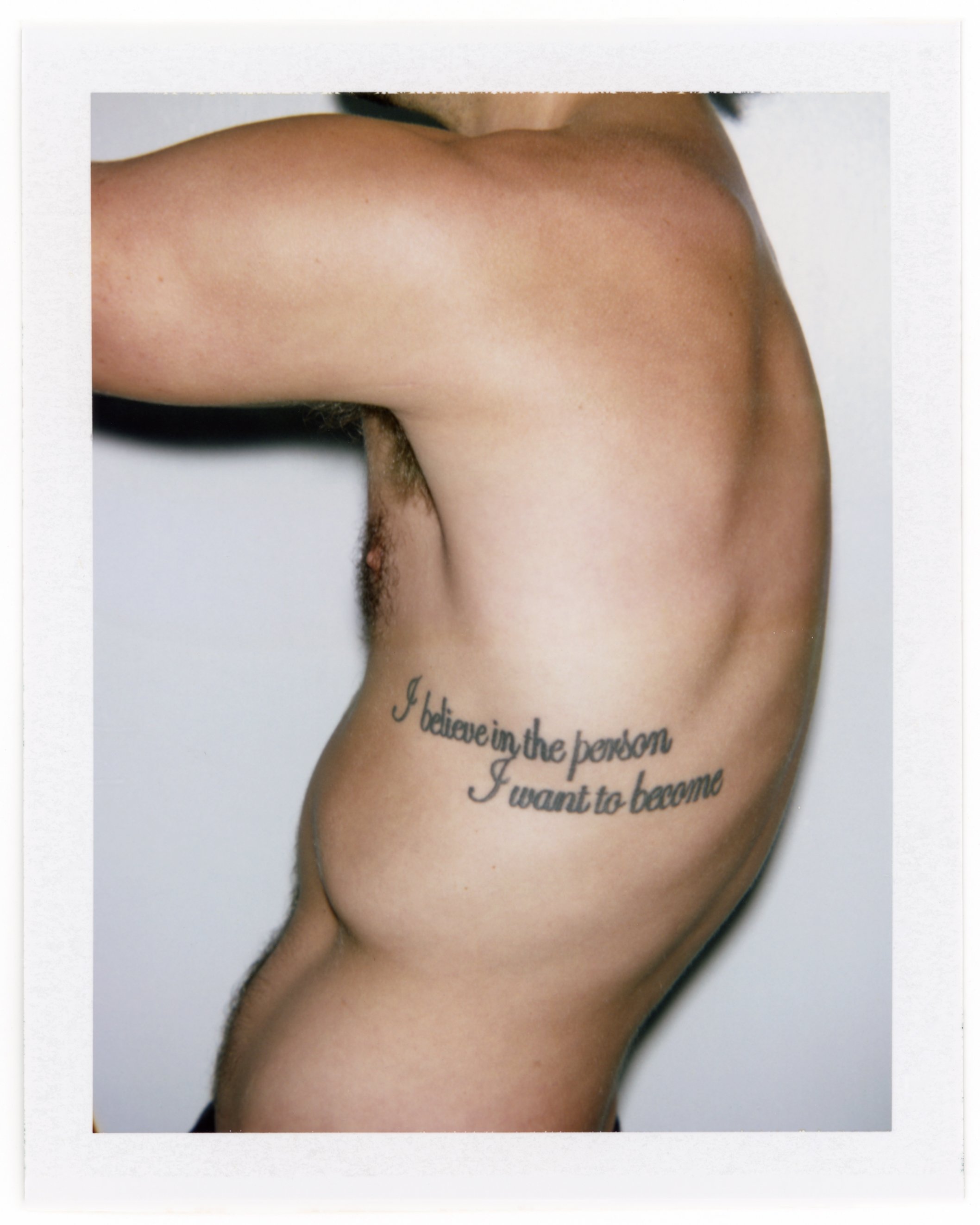
Chase, Provincetown, MA 2018
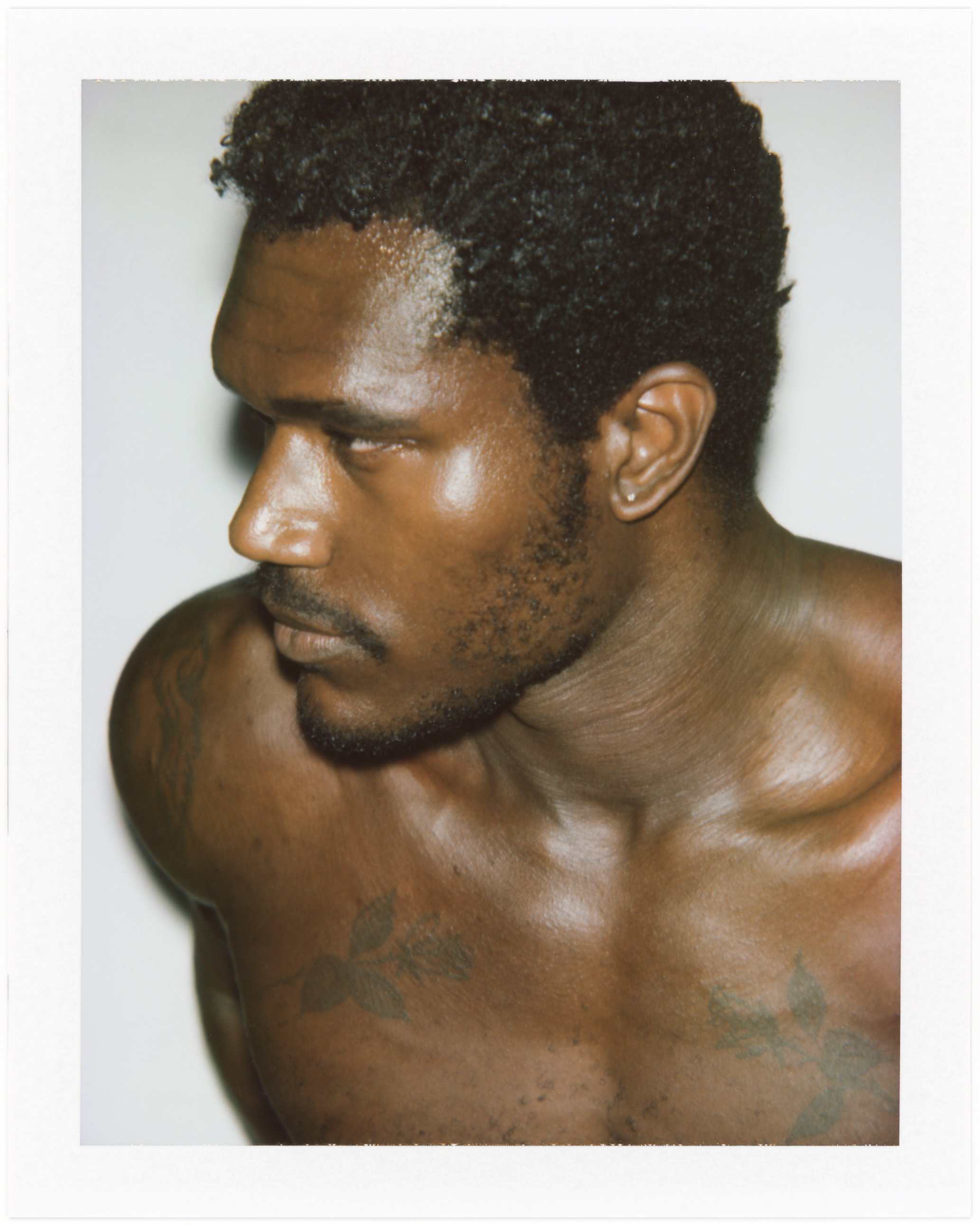
Boy Radio, Provincetown, MA 2021

Andy, Provincetown, MA 2018

Bearded Wolfie, Provincetown, MA 2018

Faggot, Provincetown, MA 2020
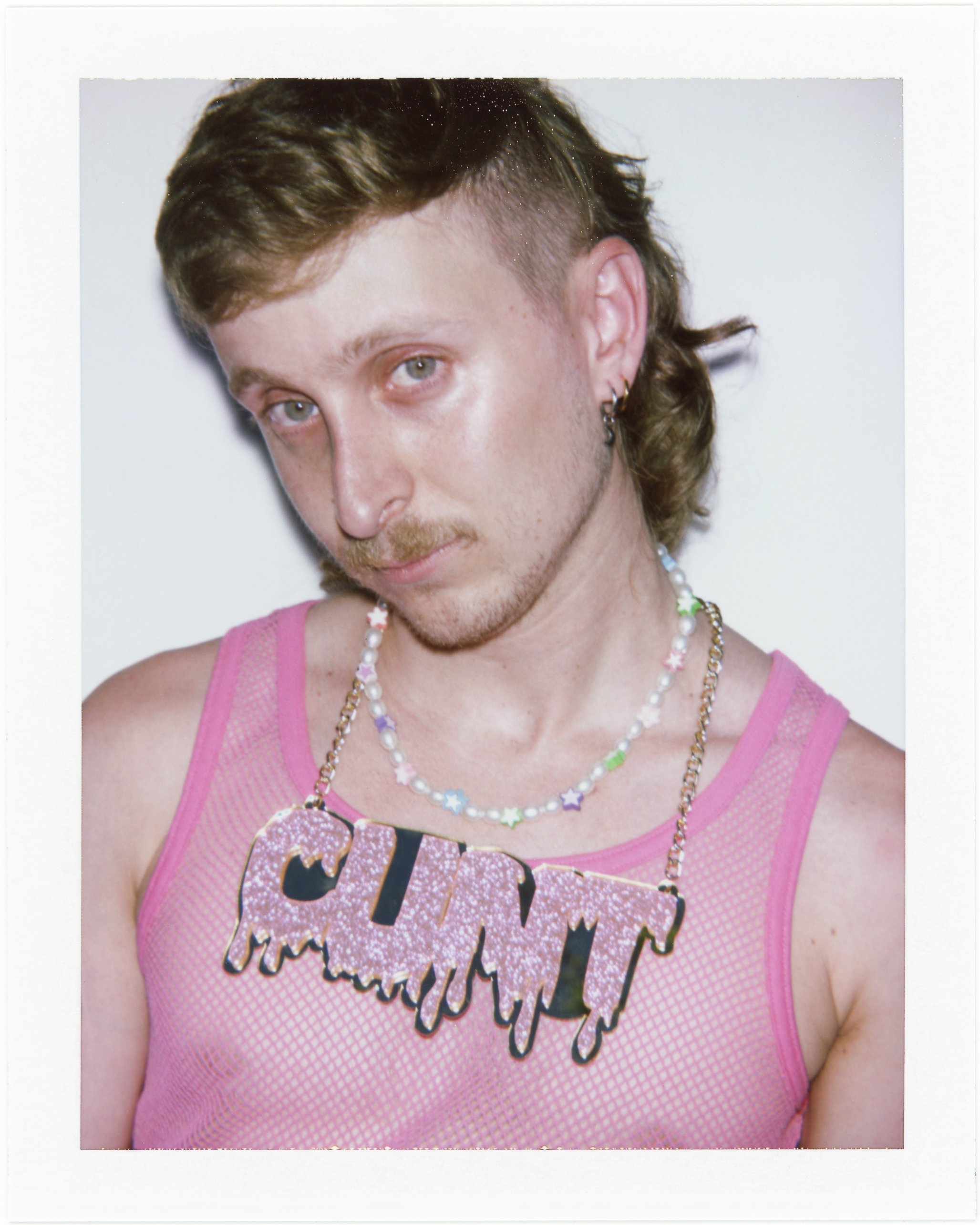
Cunt, Provincetown, MA 2022

Adam, Provincetown, MA 2019

Gabriel, Provincetown, MA 2020

James, Provincetown, MA 2021

Kiss and Makeup, Provincetown, MA 2019

Kurt, Provincetown, MA 2019

Tim, Provincetown, MA 2021

Mat, Provincetown, MA 2019
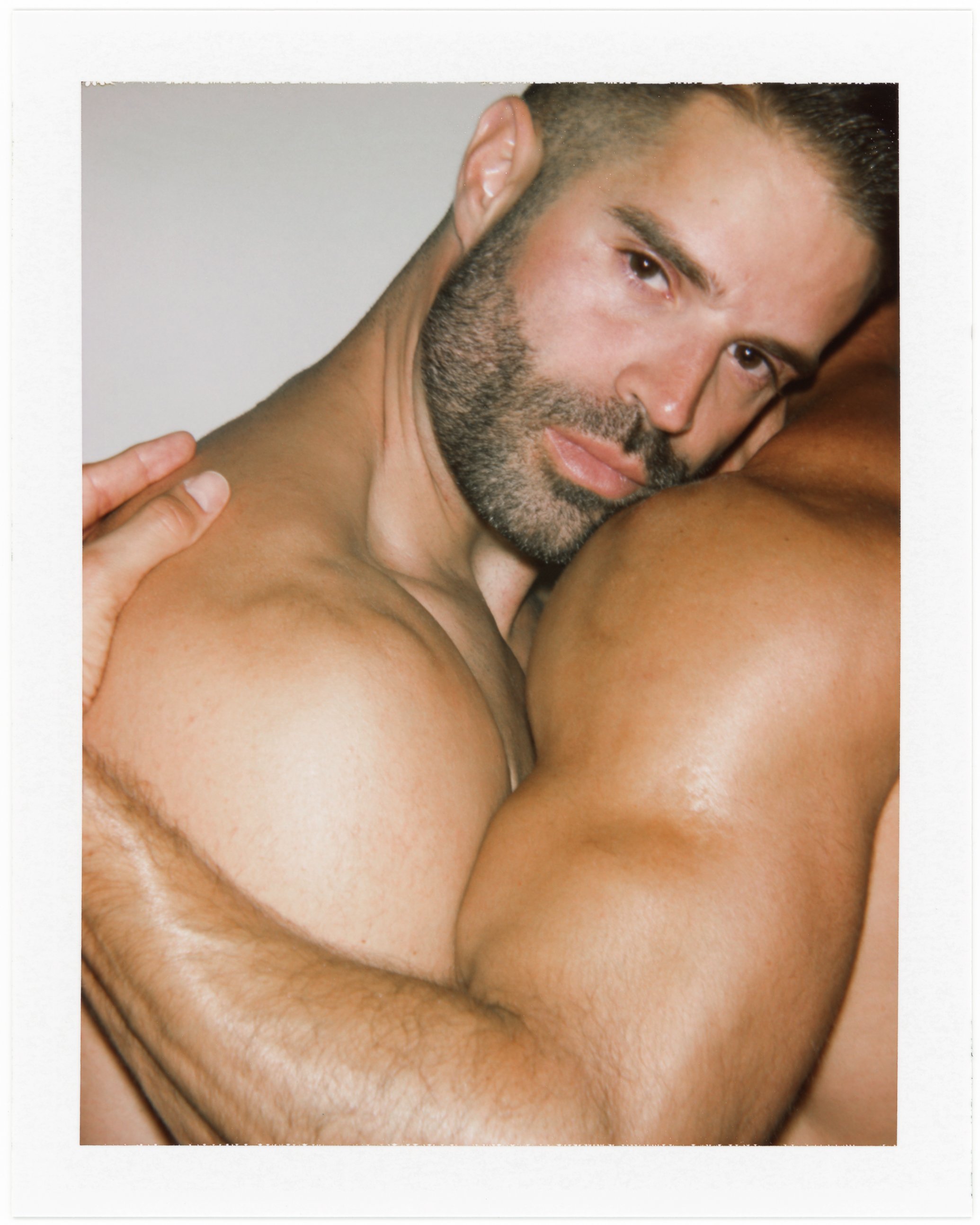
Steven & Frankie, Provincetown, MA 2021

Tyler, Provincetown, MA 2018

Moses, Provincetown, MA 2019

Hat Sister, Provincetown, MA 2019

Will, Provincetown, MA 2018

Sissy, Provincetown, MA 2021

Montana, Provincetown, MA 2018

Robbie, Provincetown, MA 2024

Brandon, Provincetown, MA 2021

Maya/Sebastian & Rebecca, Provincetown, MA 2018
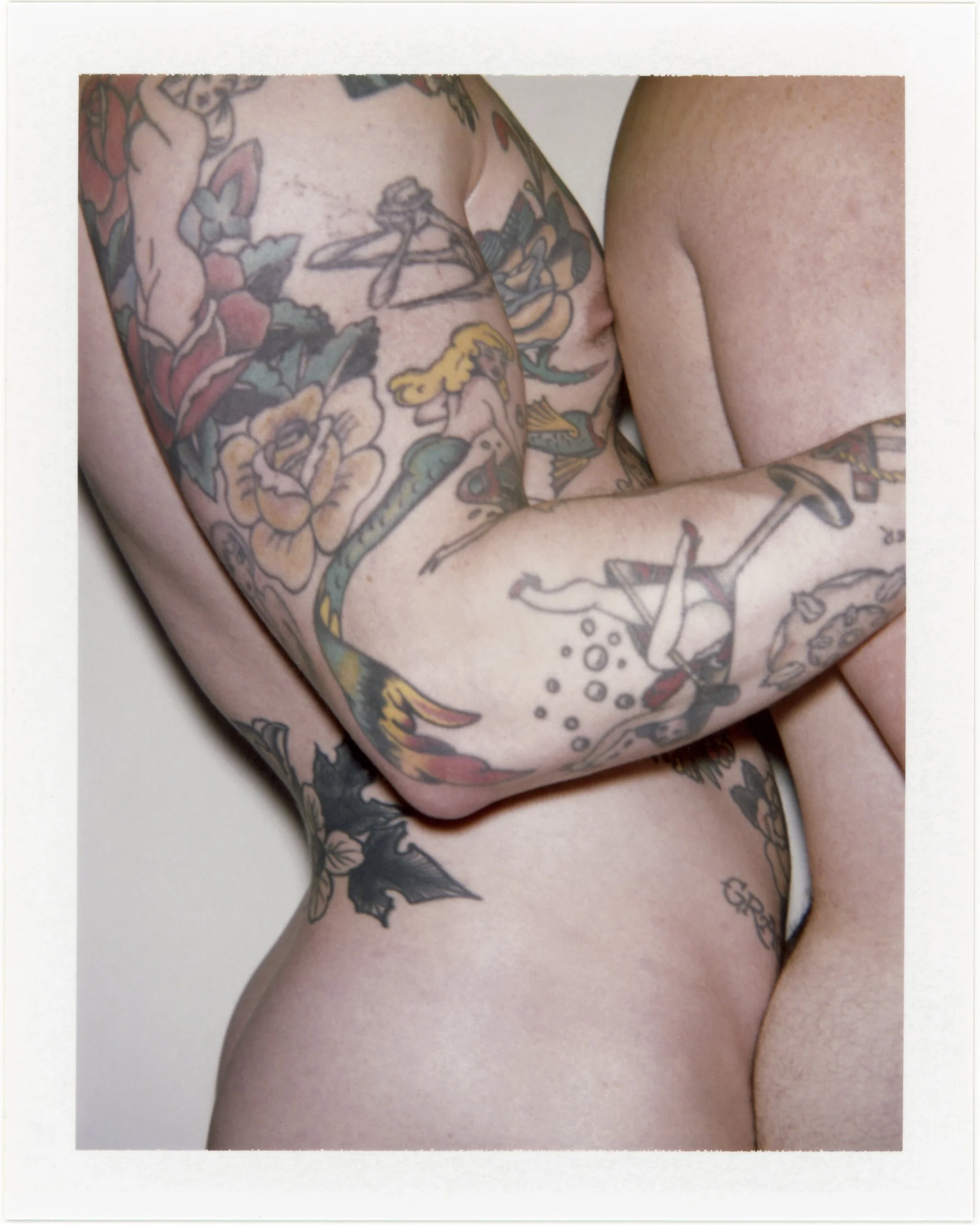
Hogan/Bill 2025

Andy's Explosion, Provincetown, MA 2021

Varla Jean Merman, Provincetown, MA 2023

Just Married, Provincetown, MA 2019
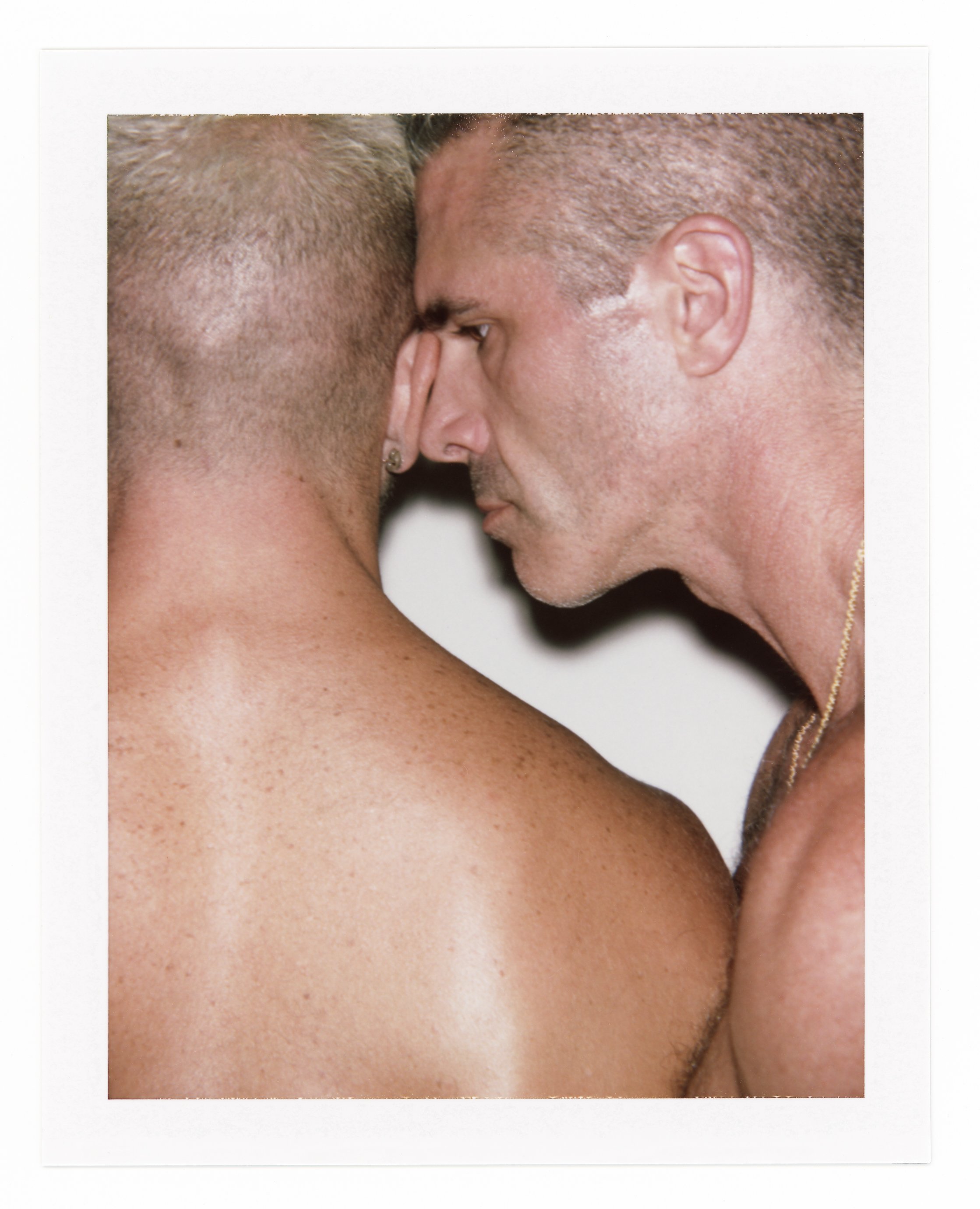
Levi & Mike, Provincetown, MA 2023

Sandy Devastation, Provincetown, MA 2021

Provincetown Lust, Provincetown, MA 2021

Loud Mimeshow, Provincetown, MA 2019
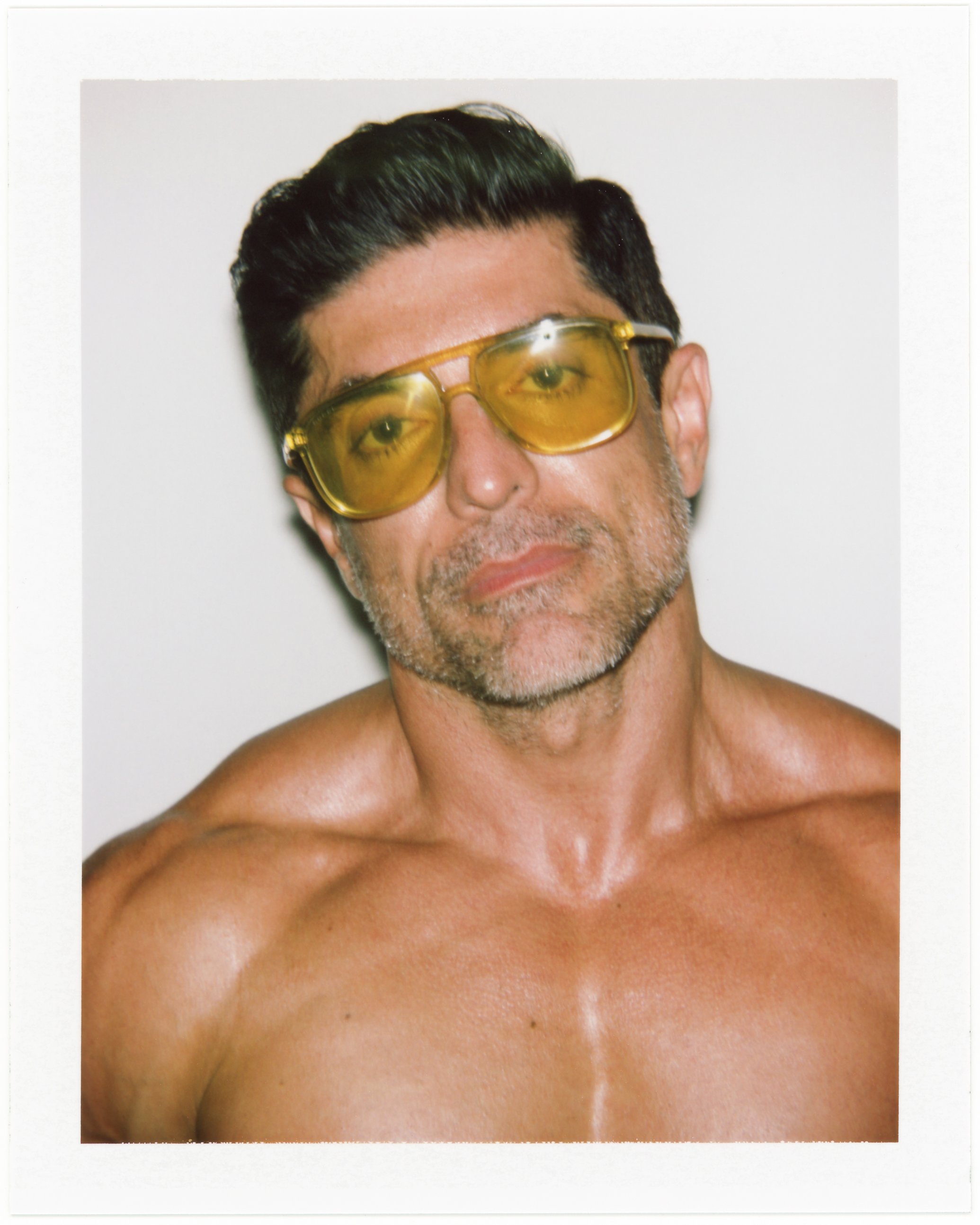
Frankie, Provincetown, MA 2021

Summer Camp / Spiritus, Provincetown, MA 2024
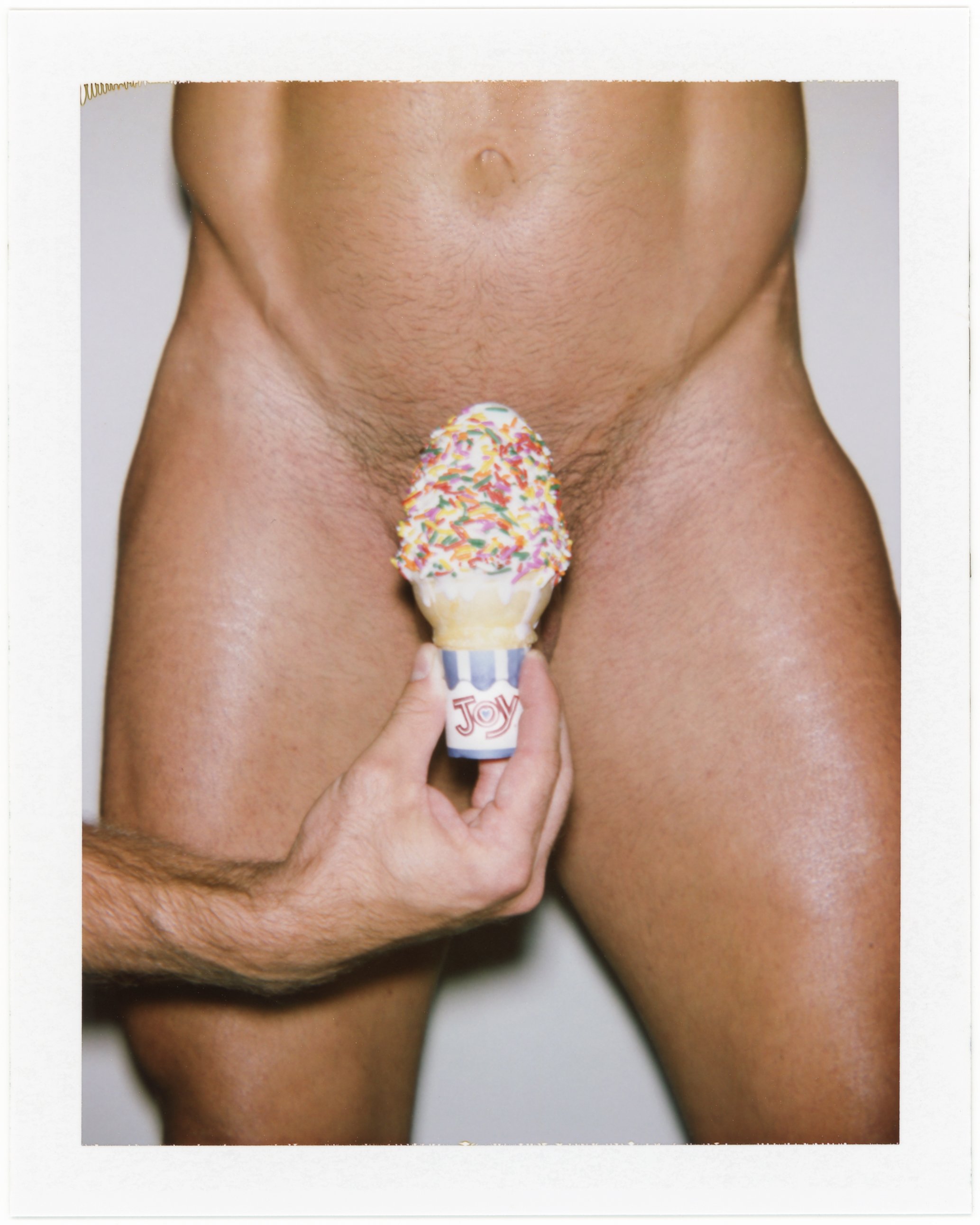
Summer Camp/ Joy, Provincetown, MA 2021
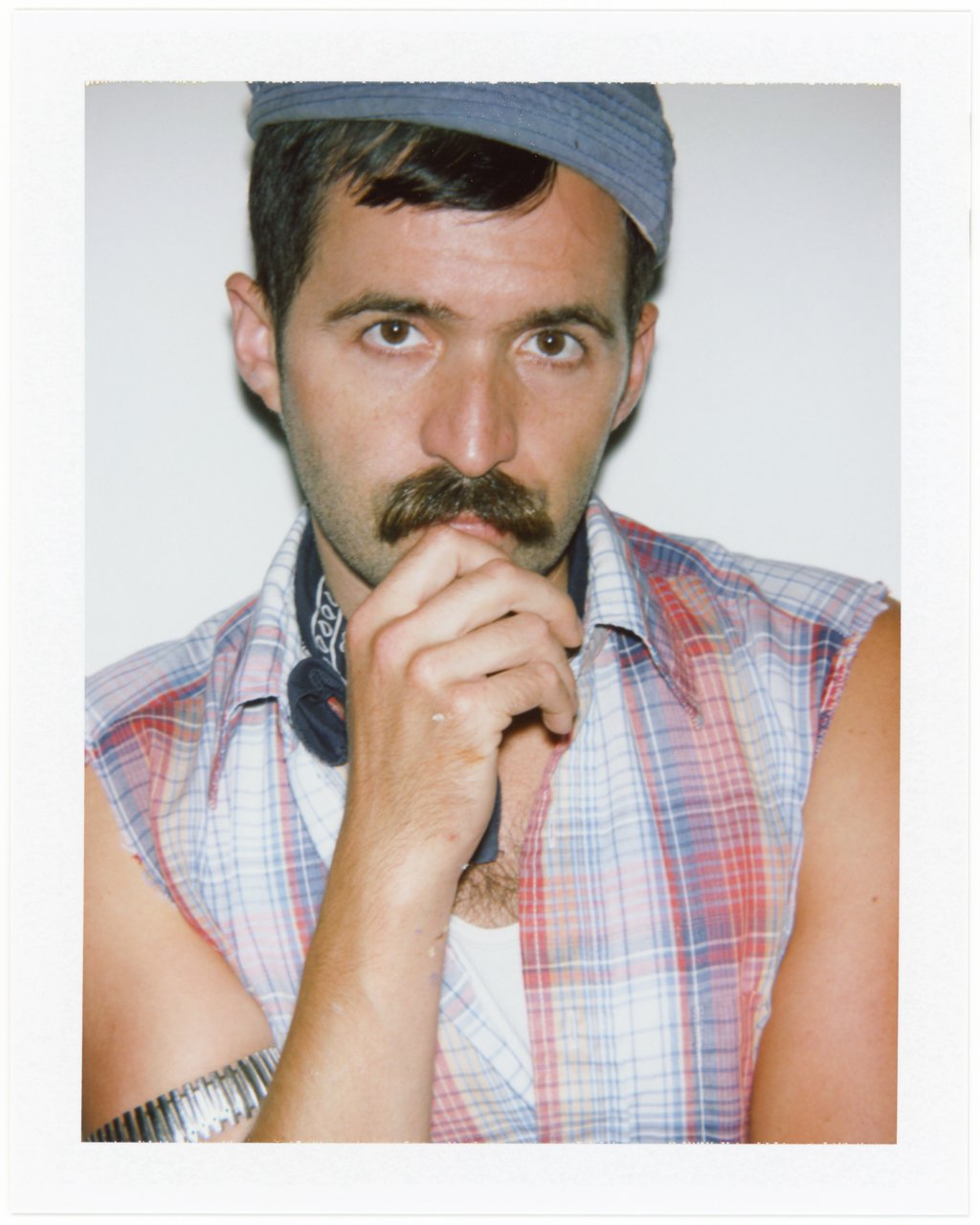
Pau Rizzo, Provincetown, MA 2021
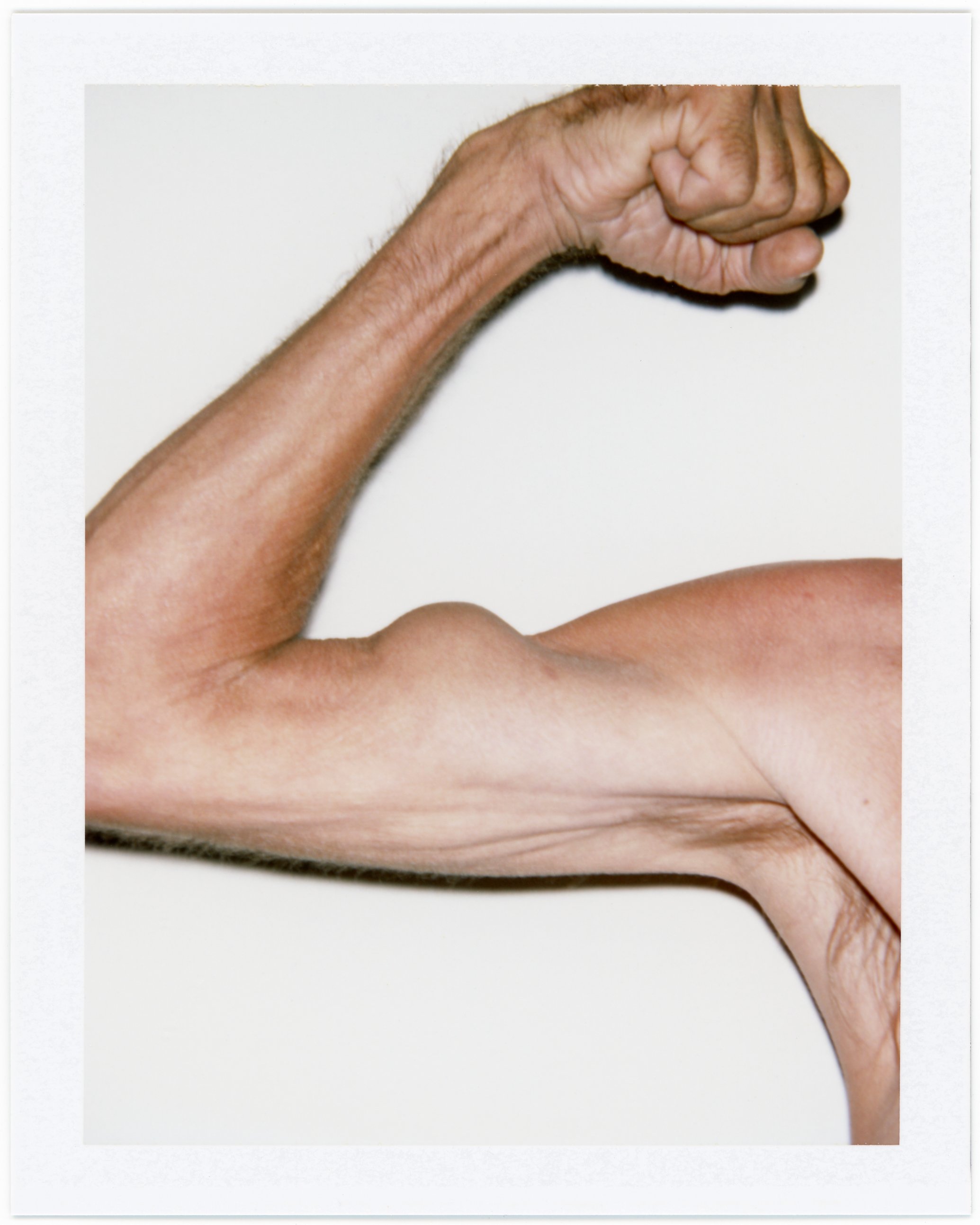
Cape Odd, Provincetown, MA 2021

Gun Show, Provincetown, MA 2019

Ginger Muscle, Provincetown, MA 2022

Frankie, Provincetown, MA 2021


Provincetown Landscape, Provincetown, MA 2023
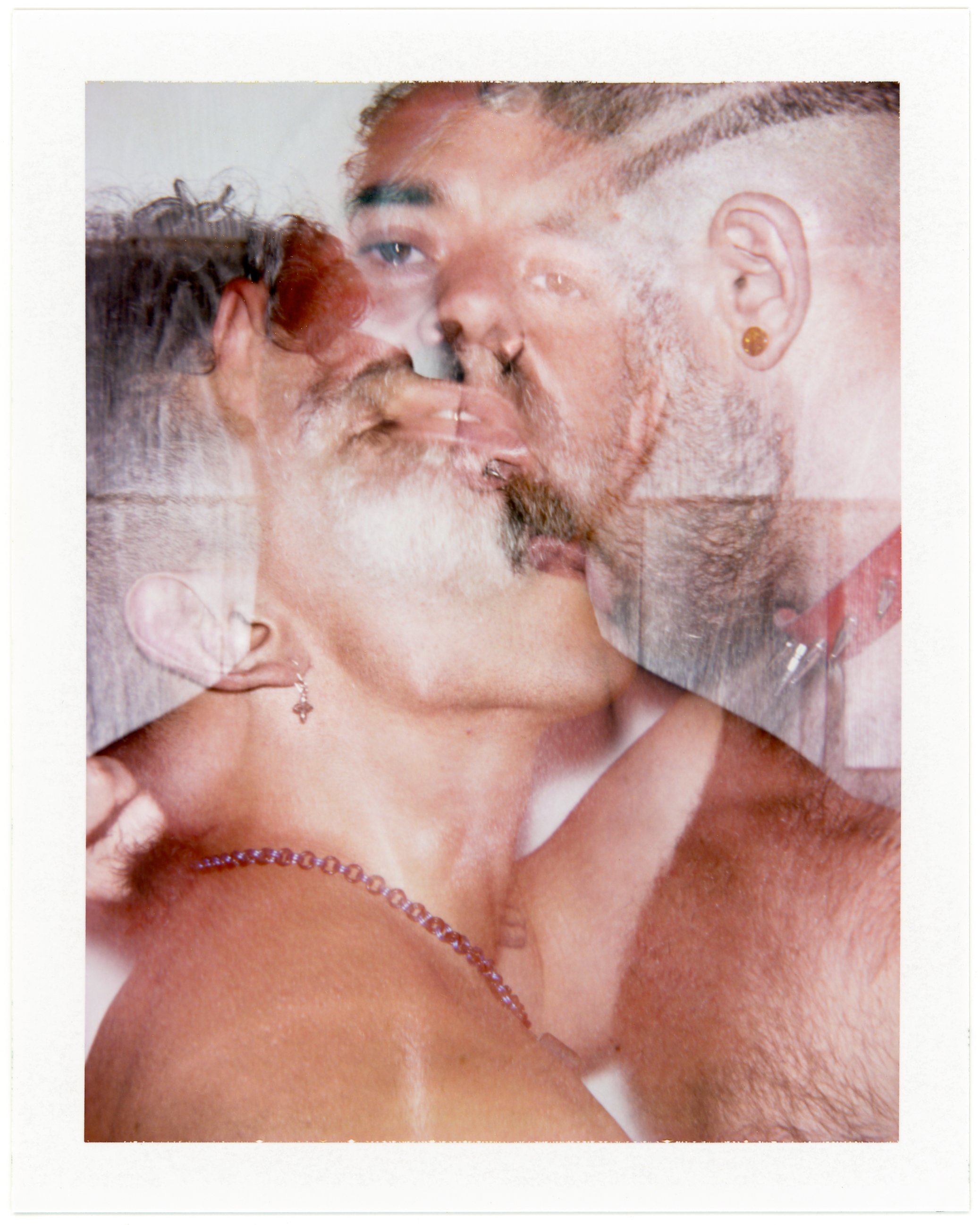
Threesome, Provincetown, MA 2021
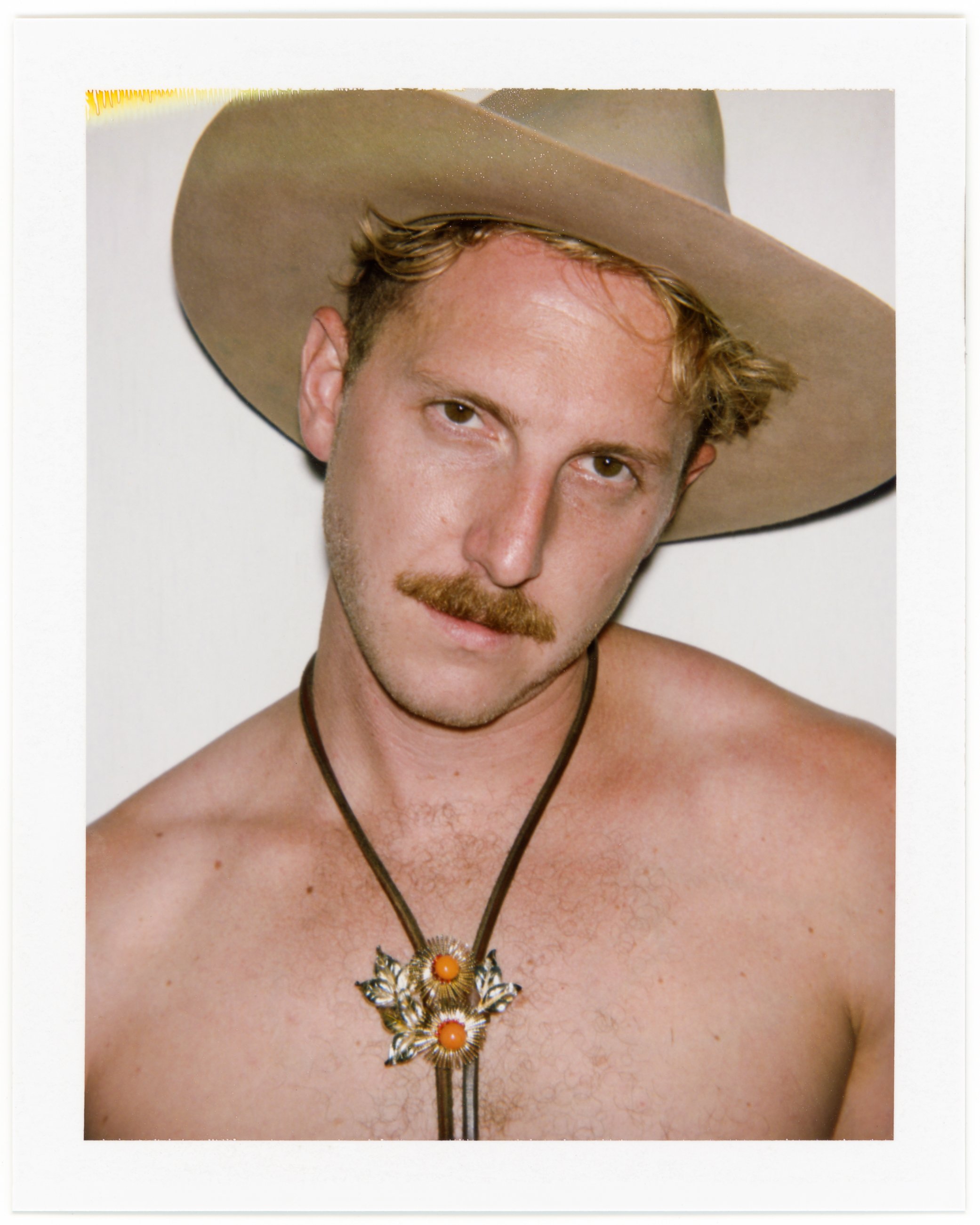
Trevor, Provincetown, MA 2020

Pound Cake II, Provincetown, MA 2021

Graham, Provincetown, MA 2019

Fourth of July, Provincetown, MA 2021

Mikey, Provincetown, MA 2019

Reed 2025

Furry/Fursona 2025

Soccer Legs, Provincetown, MA 2018
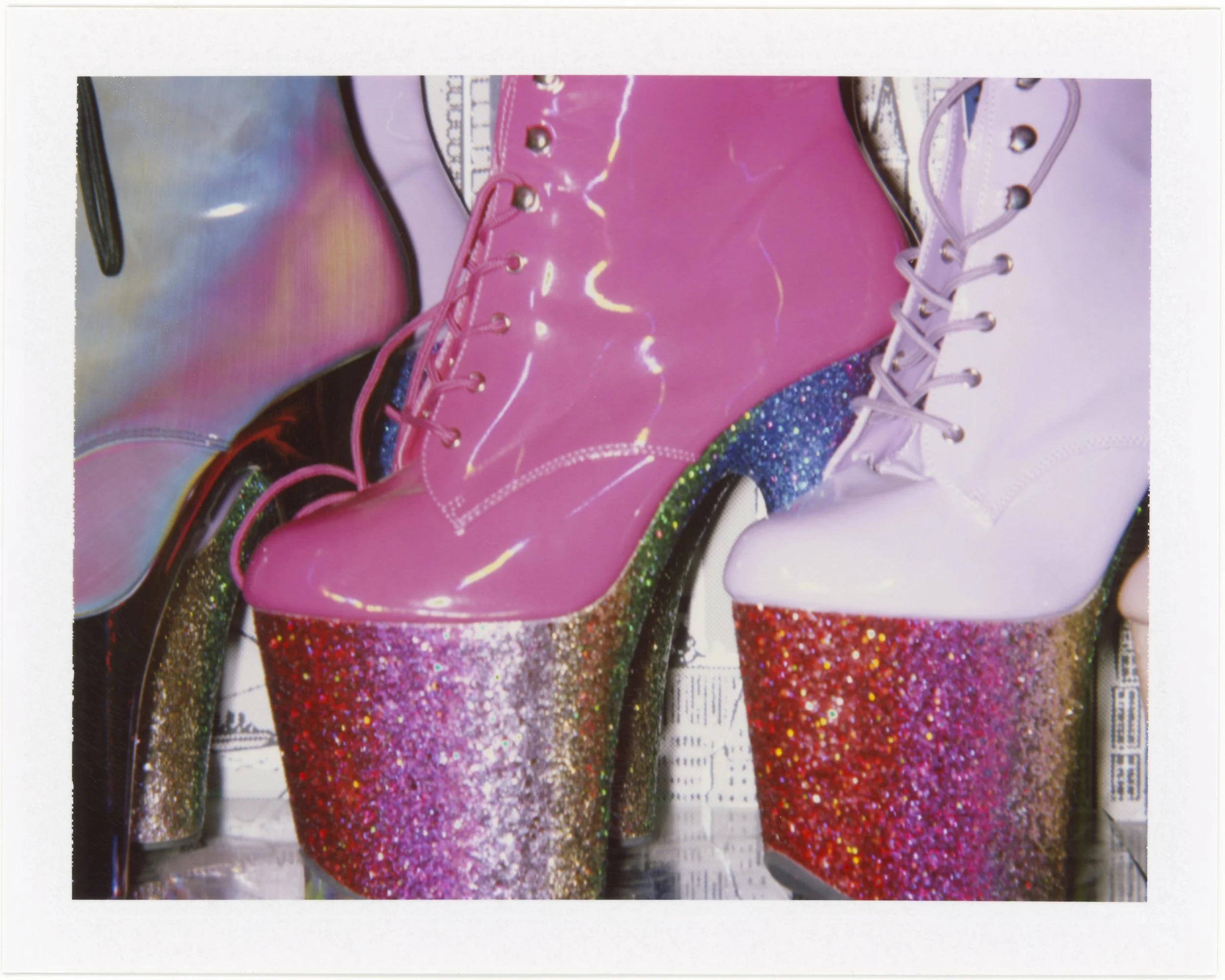
House of La Rue
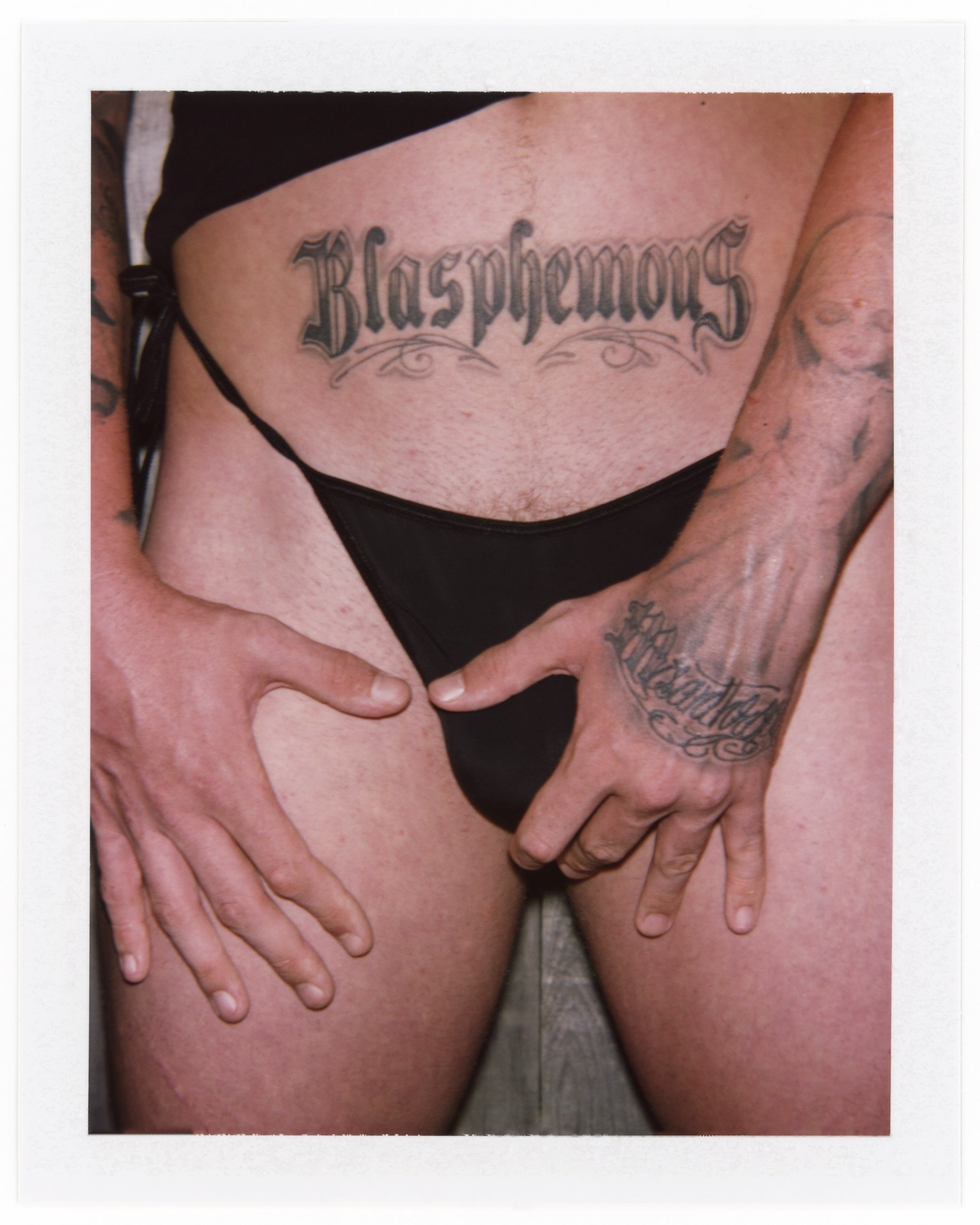
Blasphemous, Provincetown, MA 2018

PornStar, Provincetown, MA 2021

Erik, Provincetown, MA 2018
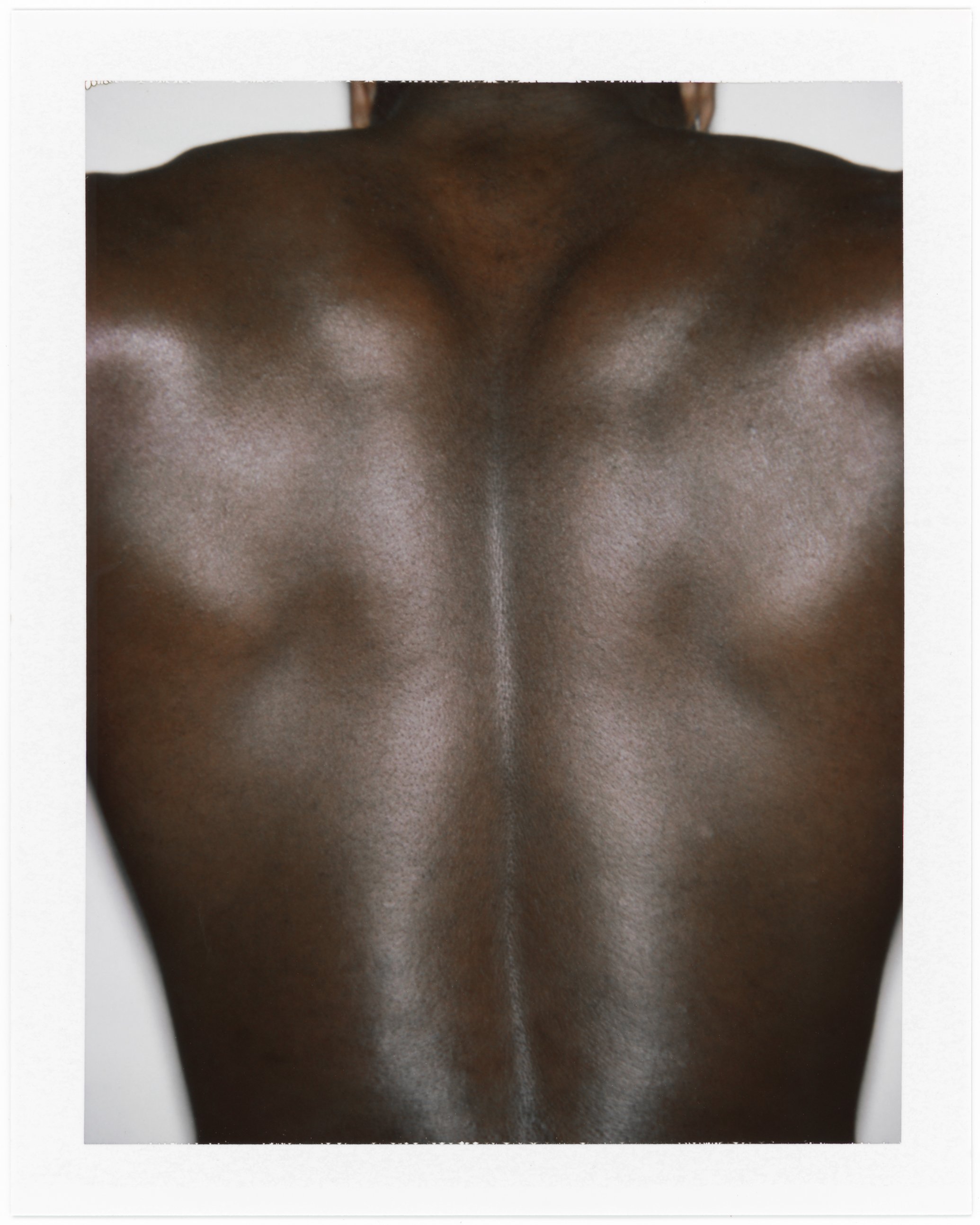
Provincetown Landscape, Provincetown, MA 2021
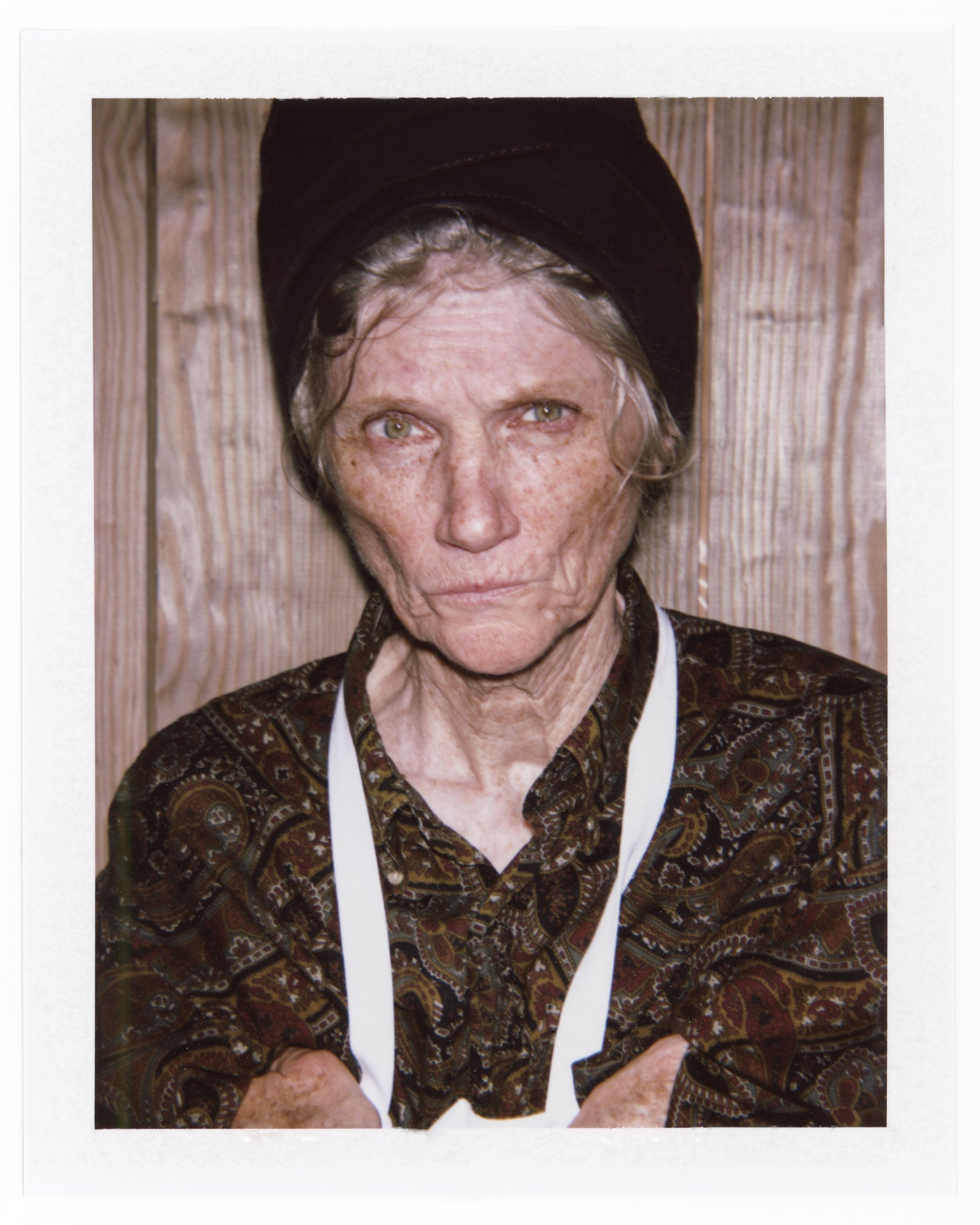
Sharon, Provincetown, MA 2018

Tammie Brown, Provincetown, MA 2019
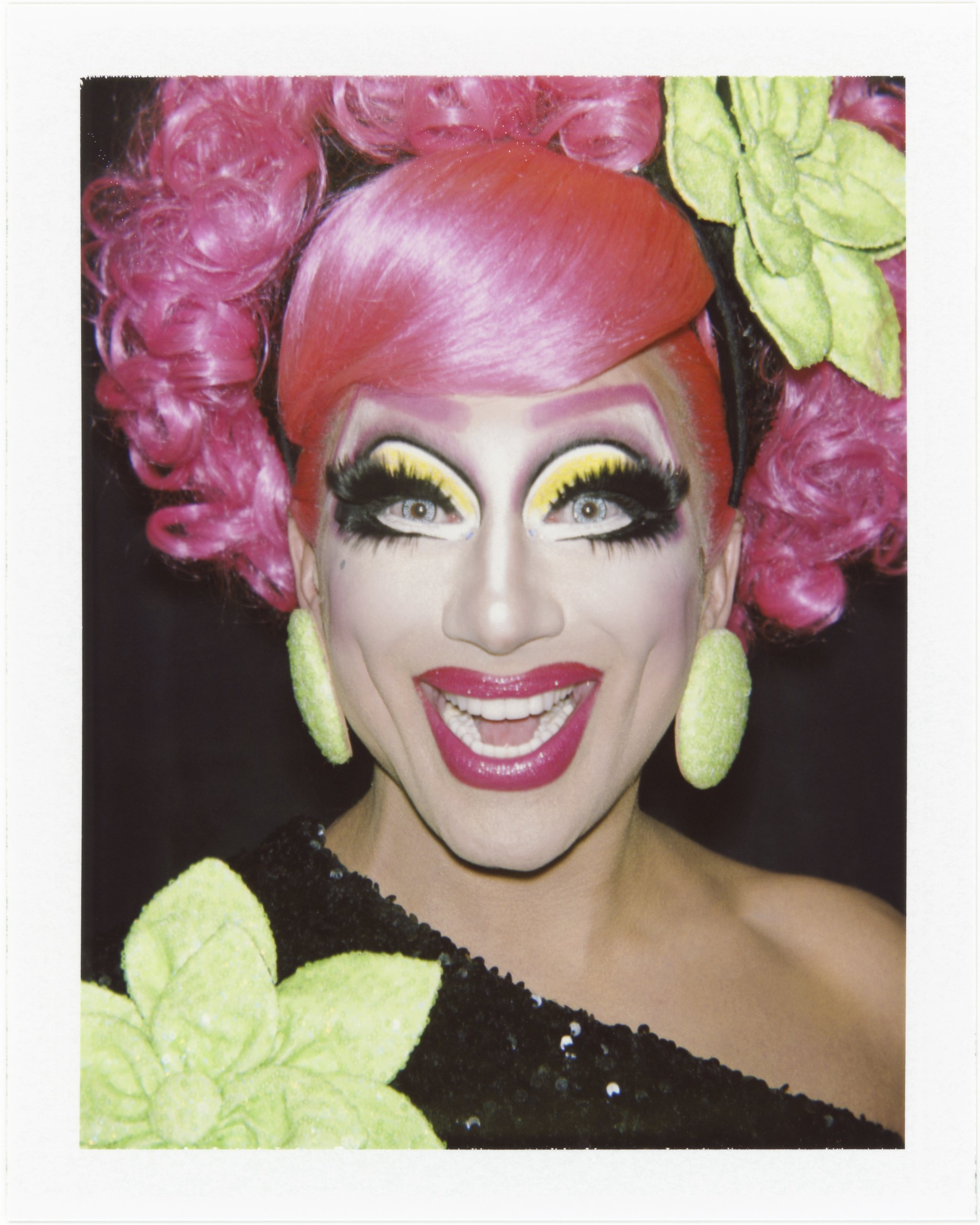
Bianca Provincetown, MA 2024
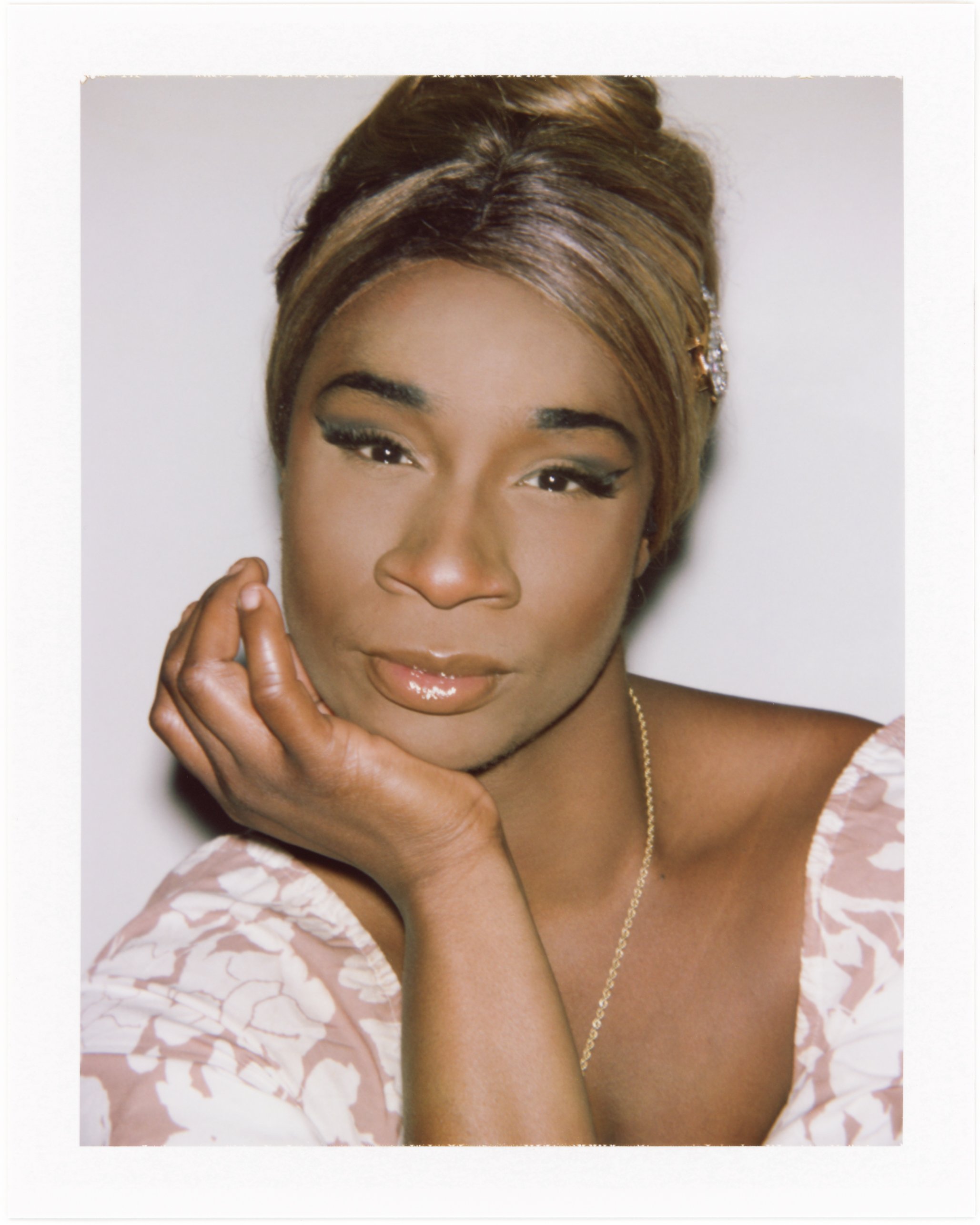
Lilly Rose Valore, Provincetown, MA 2023

Daddy/Boy, Provincetown, MA 2023

Daddy, Provincetown, MA 2023

Izzy, Provincetown, MA 2019

Mask, Provincetown, MA 2023

Pop Pop Pop, Provincetown, MA 2023

Will Provincetown, MA 2022

Penny Champagne I, Provincetown MA 2023

Levi, Provincetown, MA 2023

Koti, Provincetown, MA 2023

Daisy, Provincetown, MA 2023

Ryan, Provincetown, MA 2023

Penny Champagne, Provincetown, MA 2023
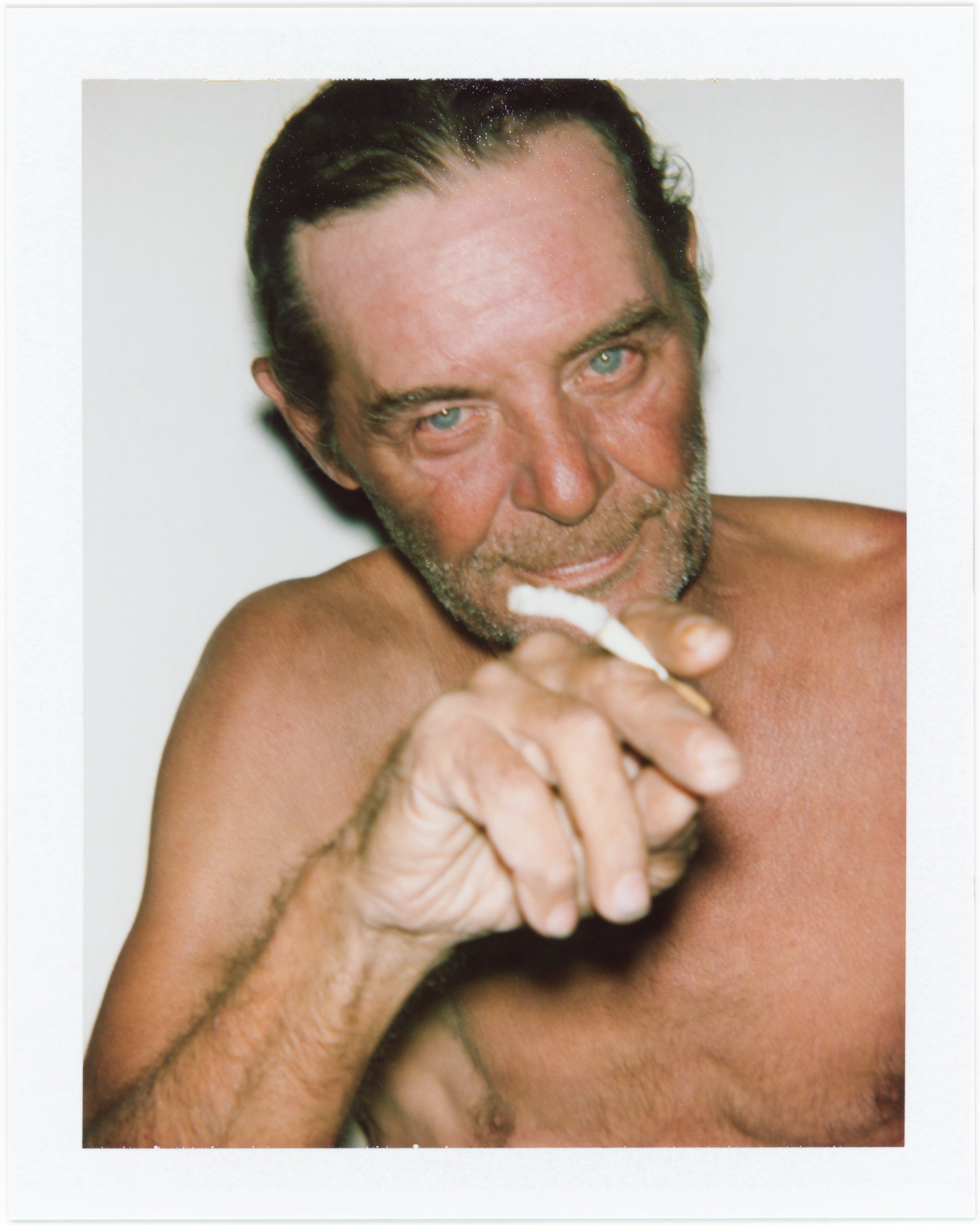
Dan, Provincetown, MA 2021

Mike, Provincetown, MA 2023

Solid Gold Tea, Provincetown, MA 2023

Thor, Provincetown, MA 2022

Alex, Provincetown, MA 2022

Christeene, Provincetown, MA 2022

Wonder Boy, Provincetown, MA 2022

Bang the Queen II, Provincetown, MA 2019

Landscape, Provincetown, MA 2022

Tom, Provincetown, MA 2022

Drew, Provincetown, MA 20219

Cody III, Provincetown, MA 2022
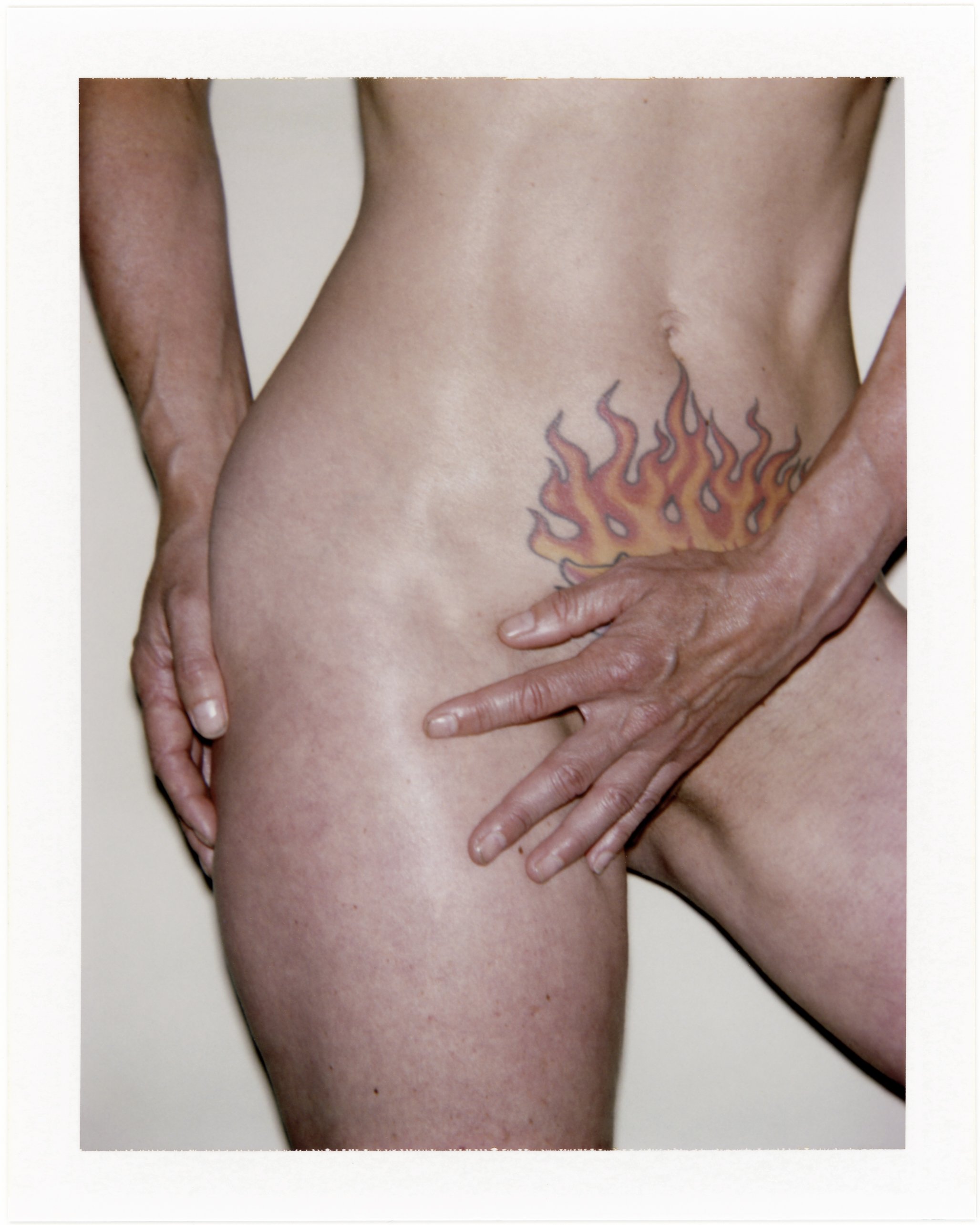
Pussy on Fire, Provincetown, MA 2025

TaDonna, Provincetown, MA 2022

Sasha as Clown, Provincetown, MA 2022

Butch Beardo, Provicntown, MA 2022

Posing, Provinctown, MA 2022

Fist, Provincetown, MA 2022

Stephane, Provincetown, MA 2018

Gabriel II, Provincetown, MA 2019

Pristine Christine, Provincetown, MA 2020

Pristine Christine, Provincetown, MA 2020

Pristine Christine, Provincetown, MA 2020

Pristine Christine, Provincetown, MA 2020

Pristine Christine, Provincetown, MA 2020

Tangle, Provincetown, MA 2022

Anon, Provincetown, MA 2021

Cowboy, Provincetown, MA 2022
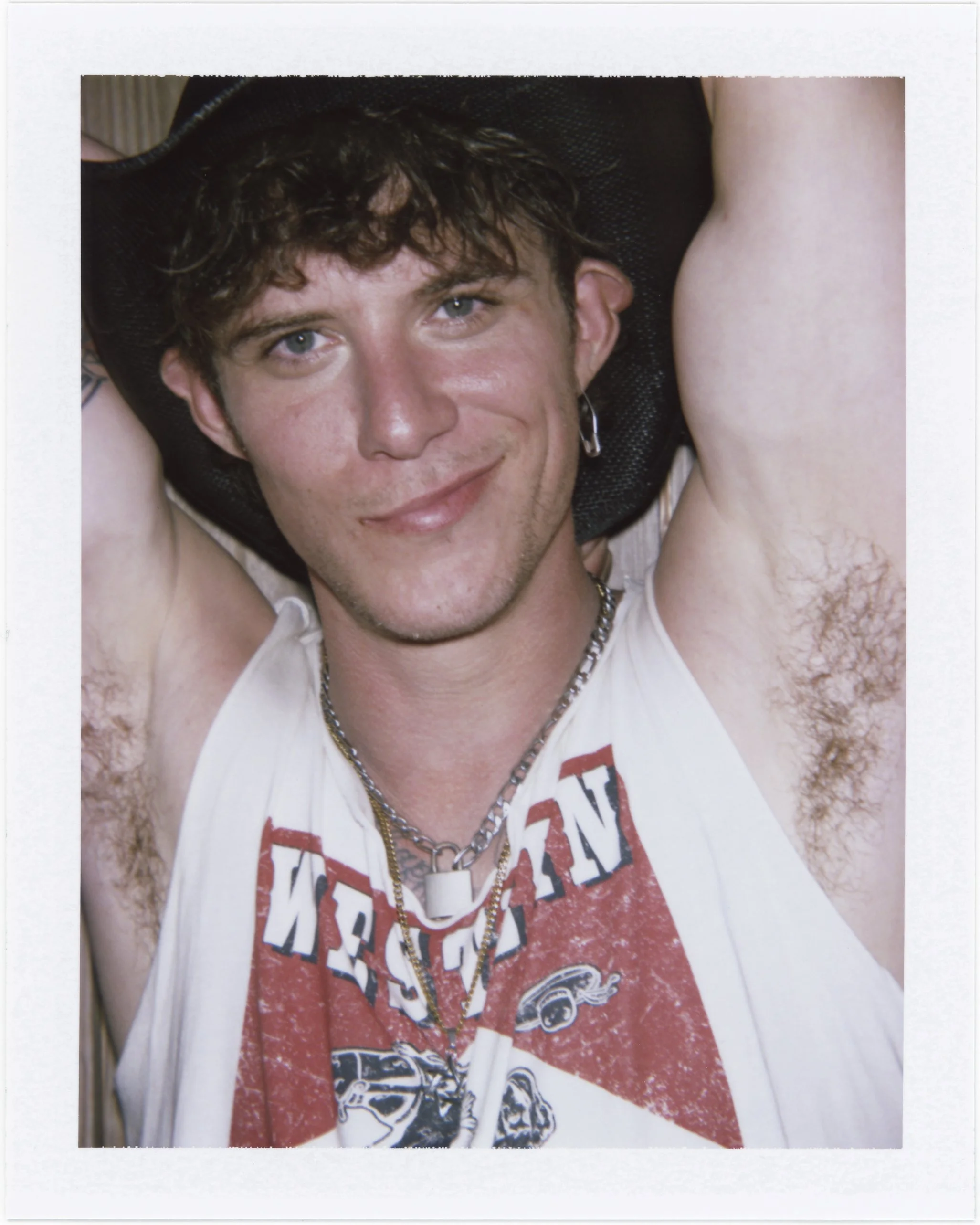
Charlie 2025
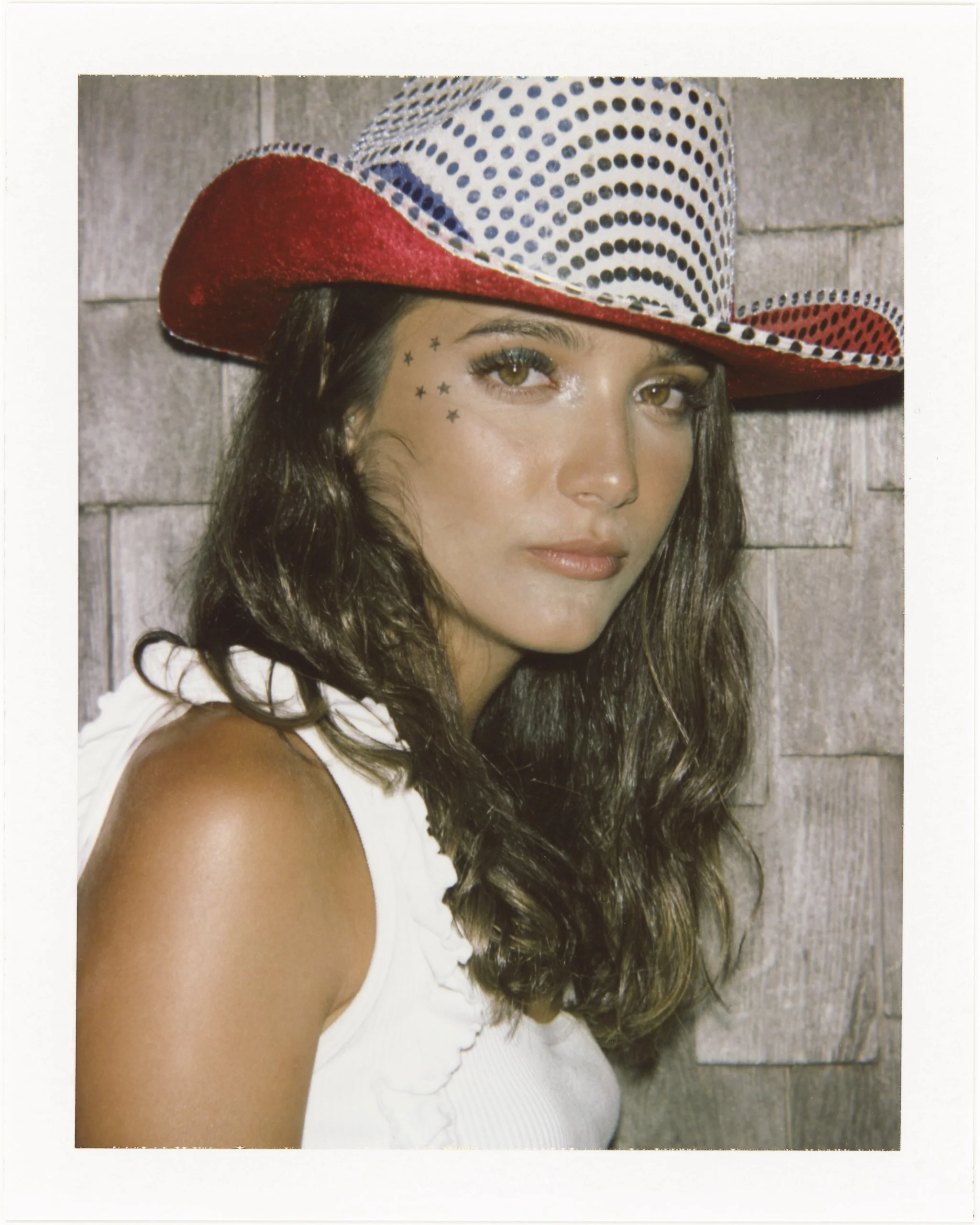
Cowgirl

Provincetown Low Life, Provincetown, MA 2020

Pual, Provincetown, MA 2022

Leather and Pearls, Provincetown, MA 2022

Heart to Heart, Provincetown, MA 2021

4th of July, Provincetown, MA 2018

Jason, Provincetown, MA 2022
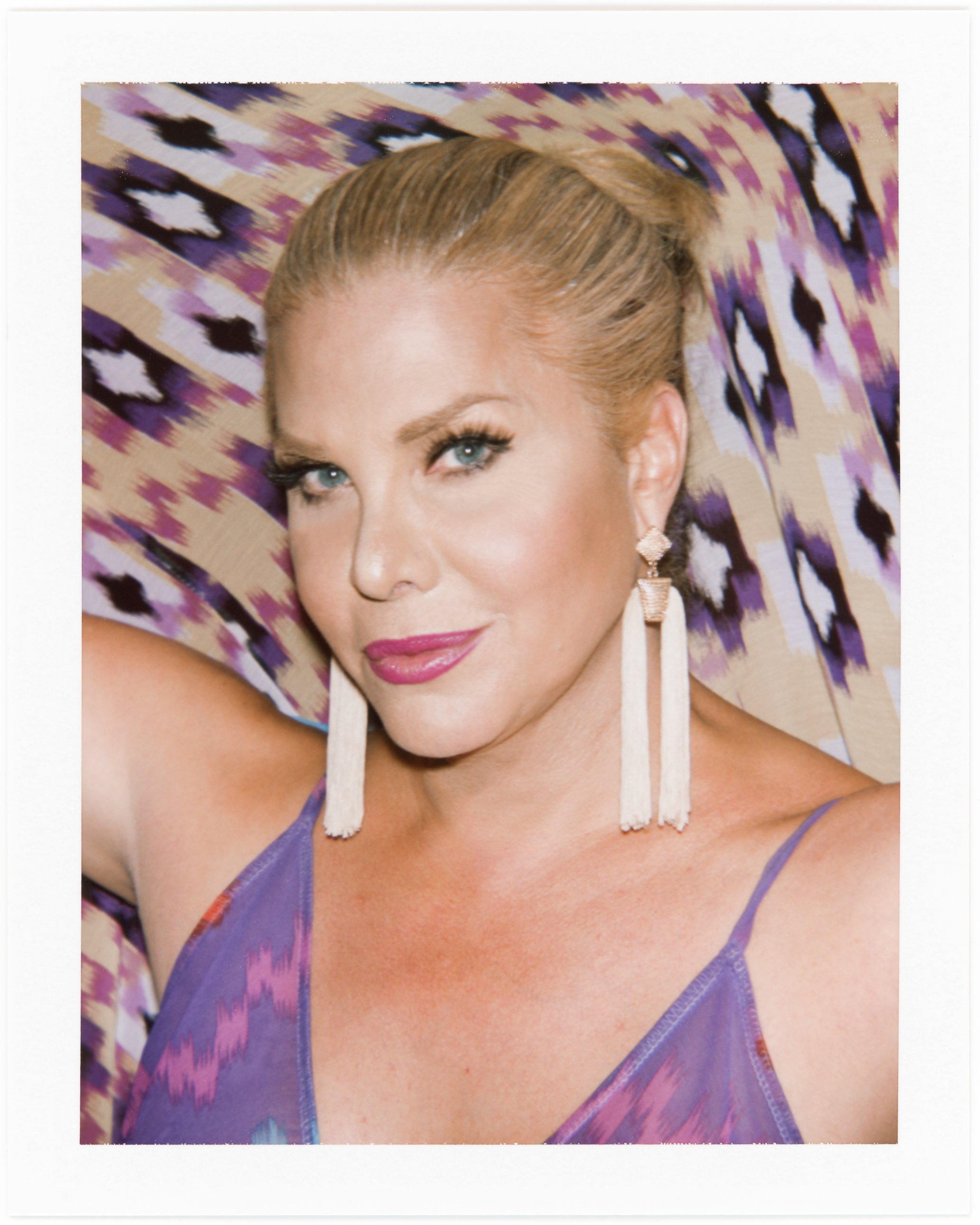
Candis, Provincetown, MA 2019

James, Provincetown, MA 2018

Blessing of the Fleet 2023

Tim & Frank, Provincetown, MA 2021

Hold, Provincetown, MA 2021
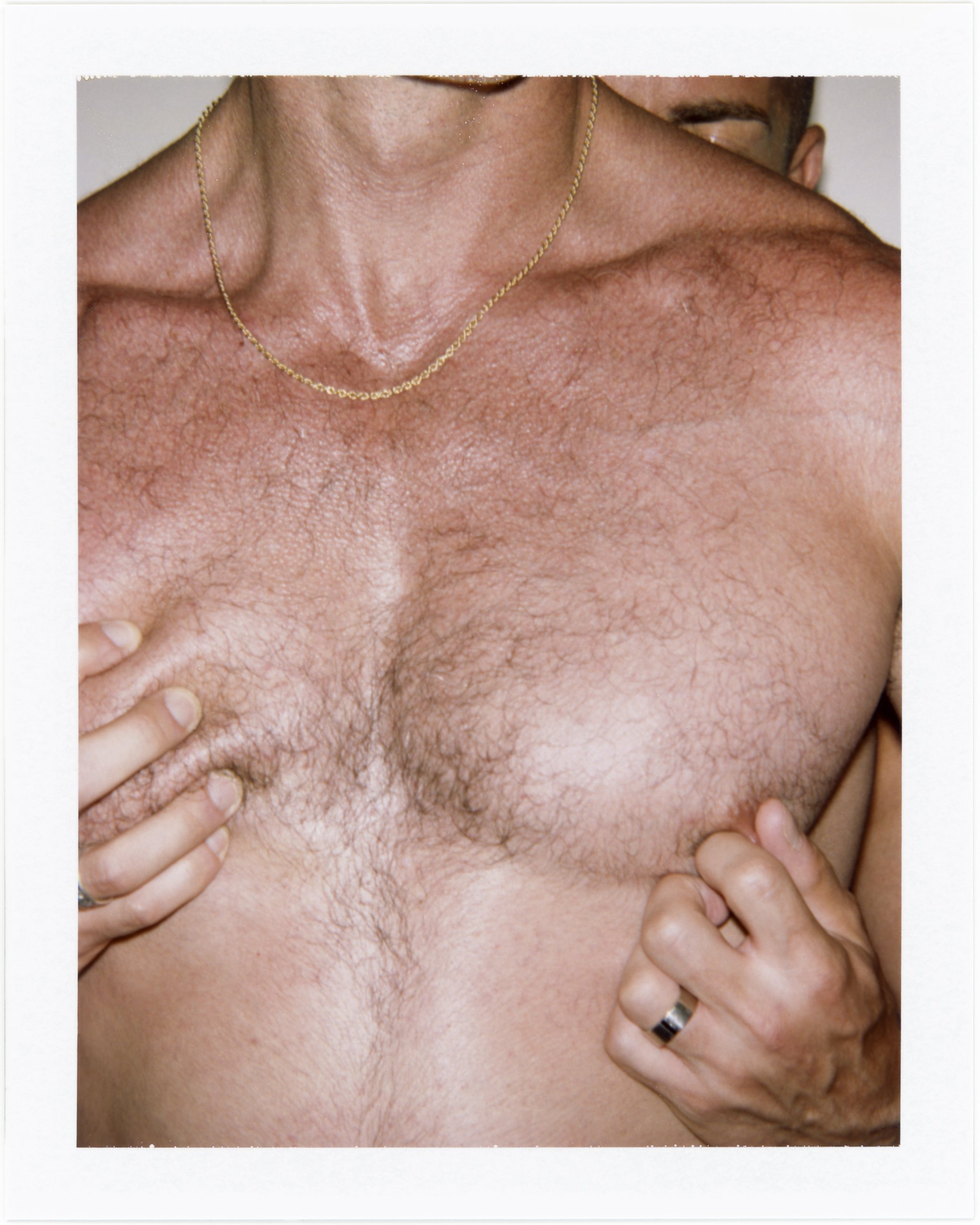
Pinch, Provincetown, MA 2023

Sailor, Provincetown, MA 2022

Clone, Provincetown, MA 2021

Cody, Provincetown, MA 2022

Cody II, Provincetown, MA 2022
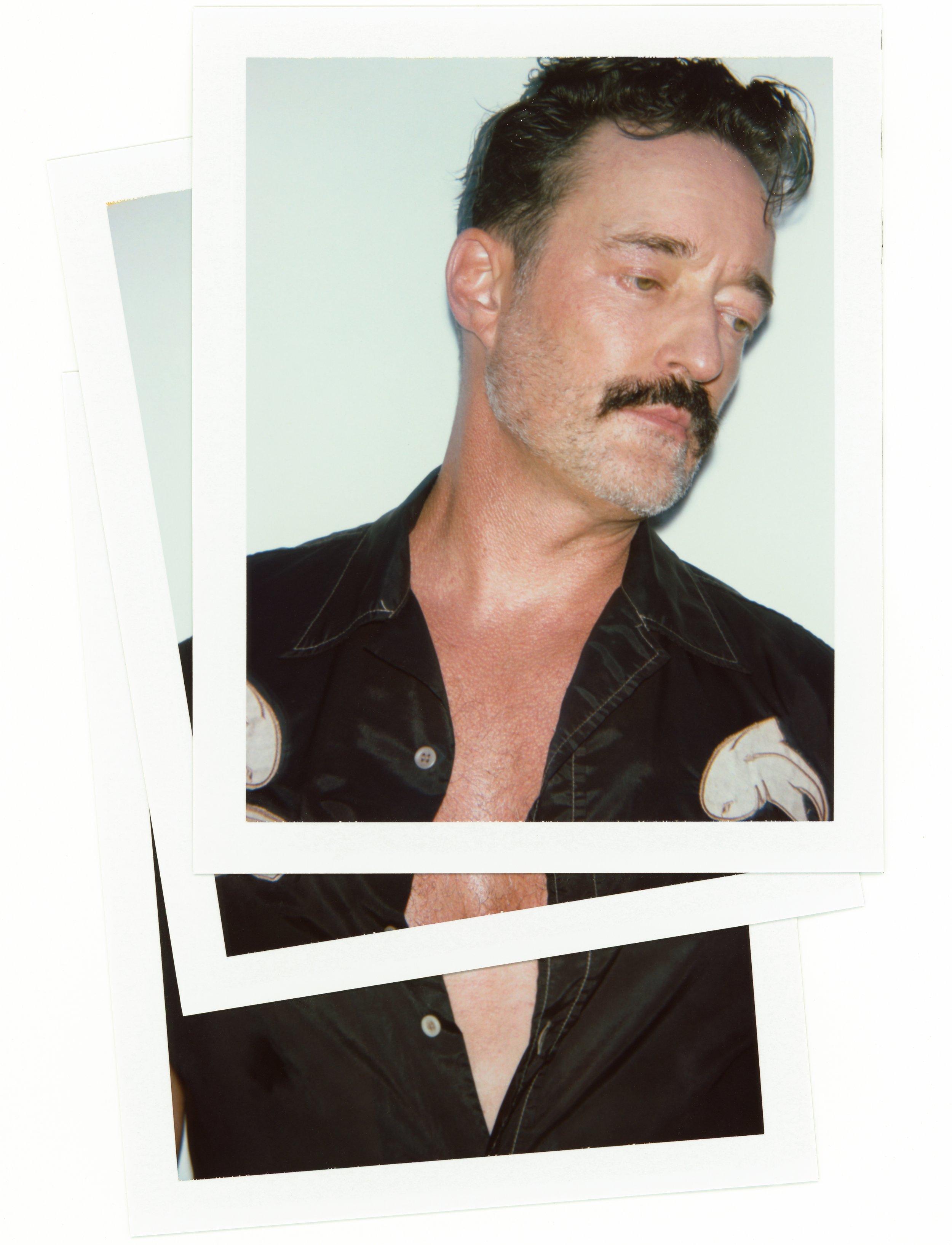
Stuart, Provincetown, MA 2023
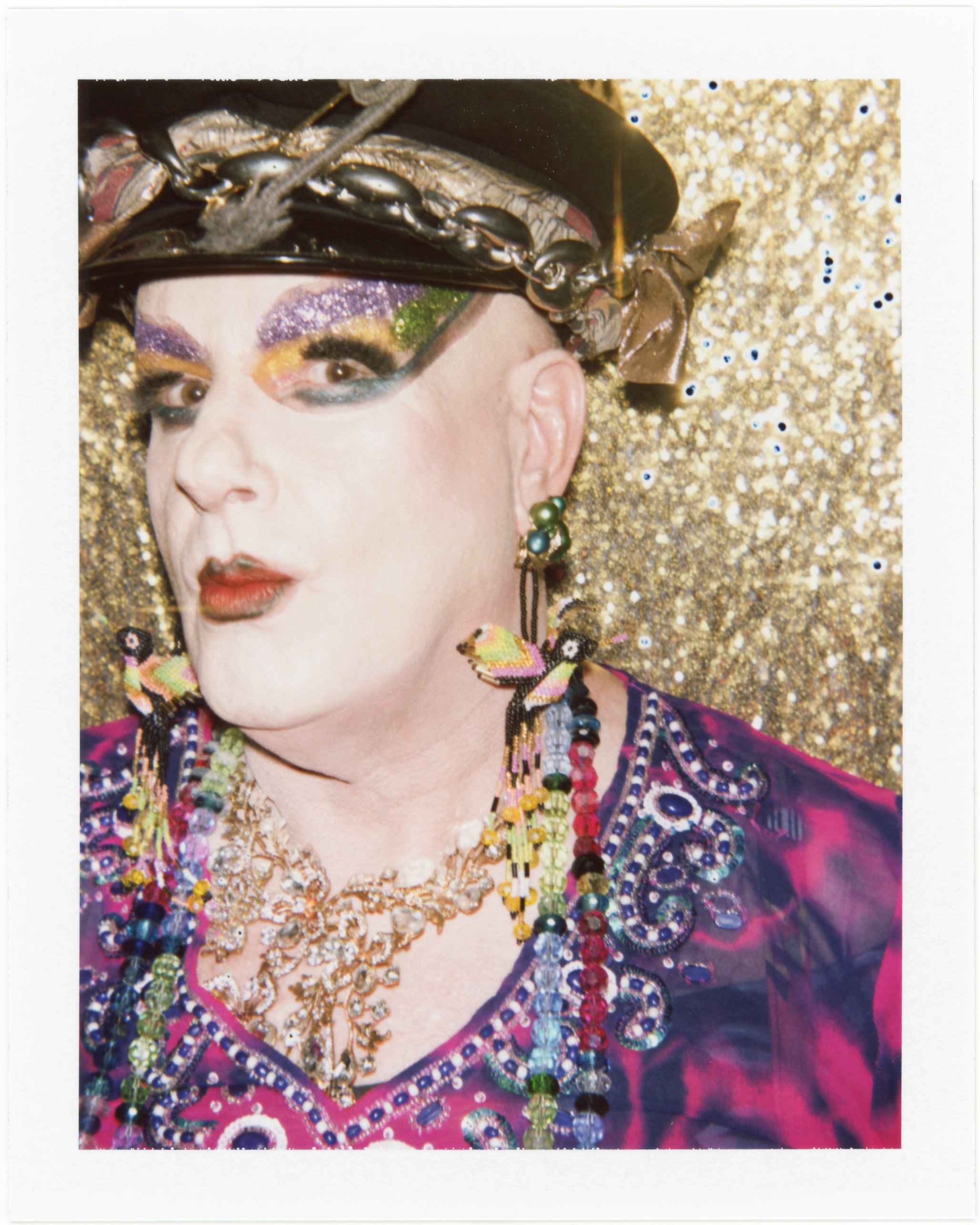
Mamma Lee Curtis, Provincetown, MA 2022

Ulysses, Provincetown, MA 2024
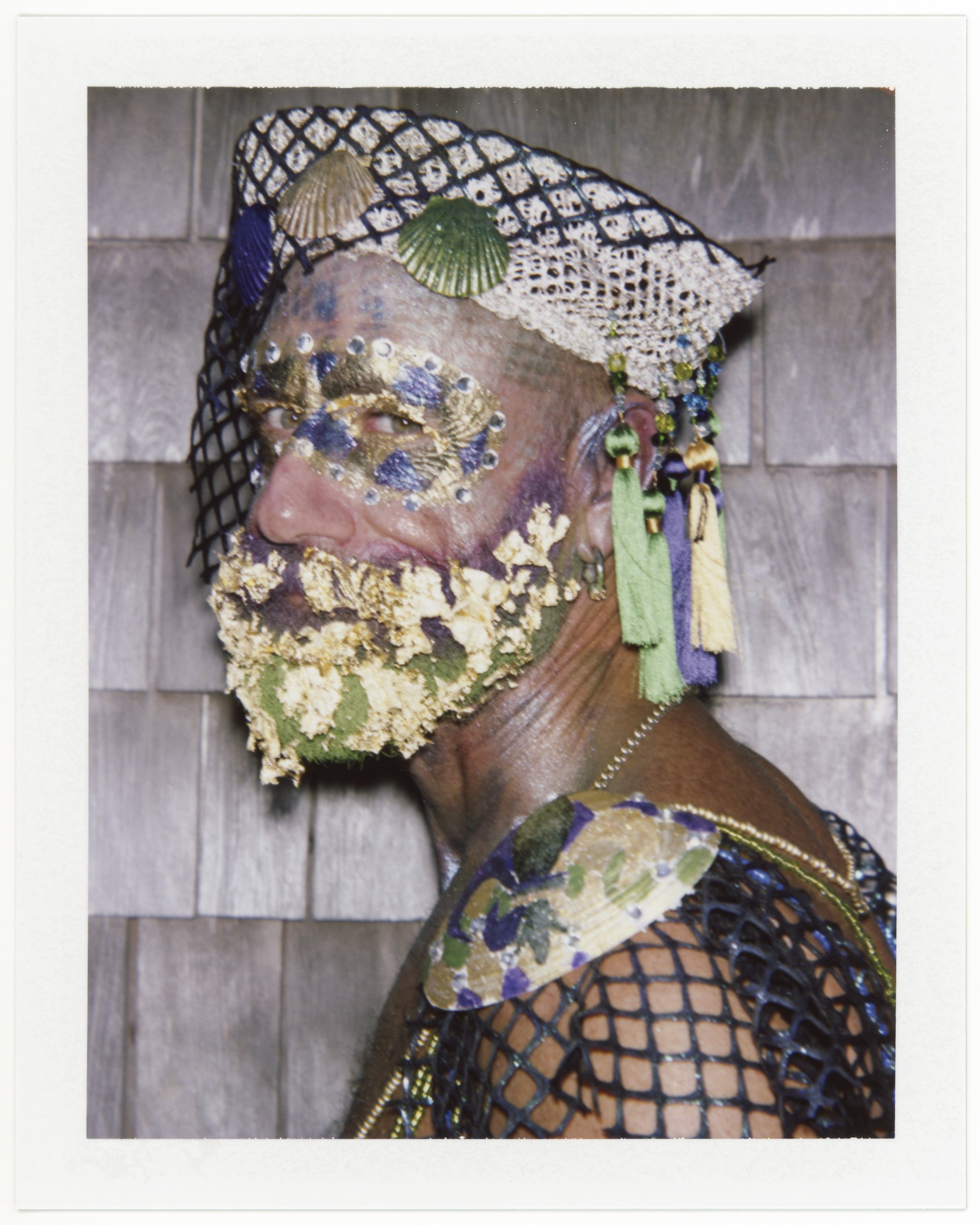
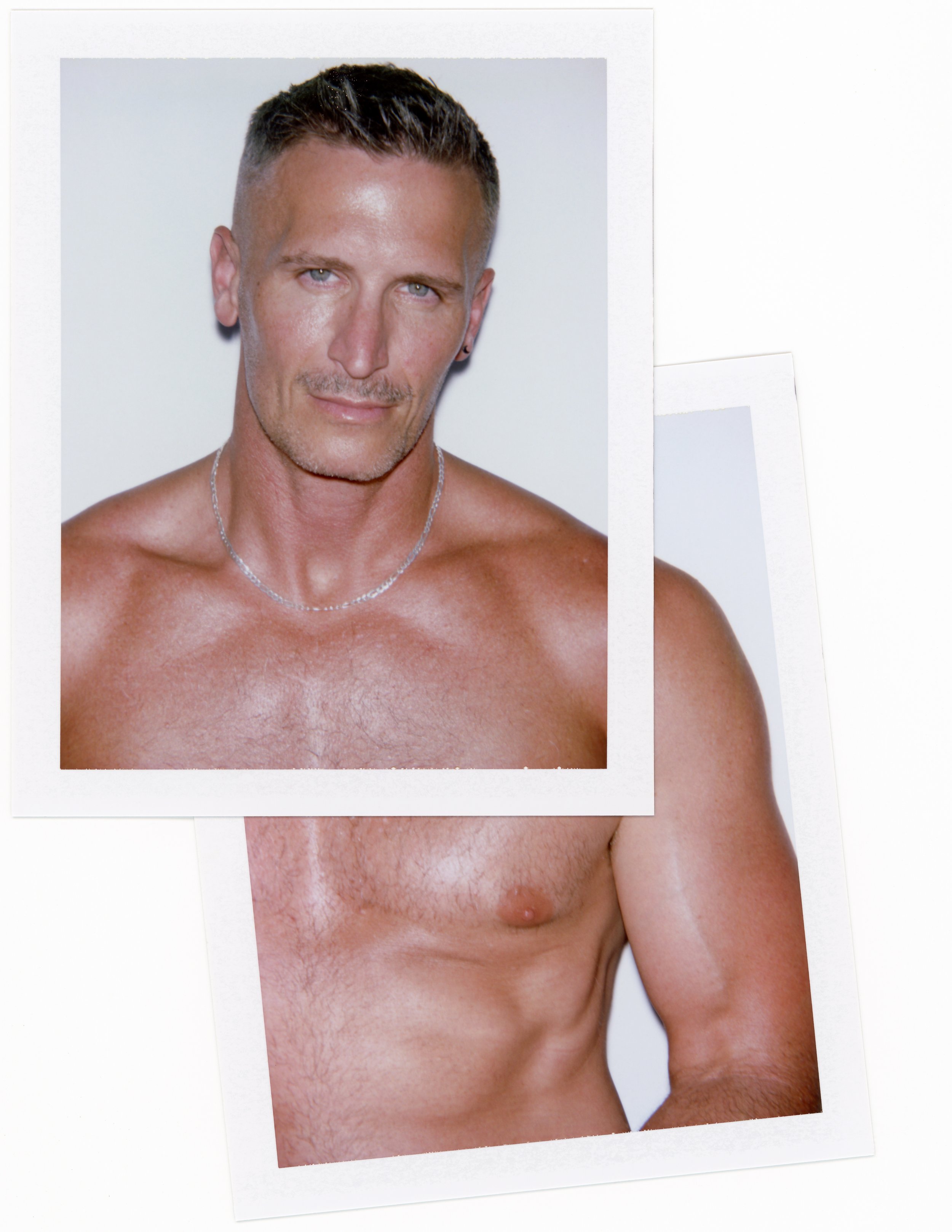
John Arthur Hill, Provincetown, MA 2023

Town Crier, Provincetown, MA 2018

Nolan, Provincetown, MA 2021

Phil, Provincetown, MA 2023
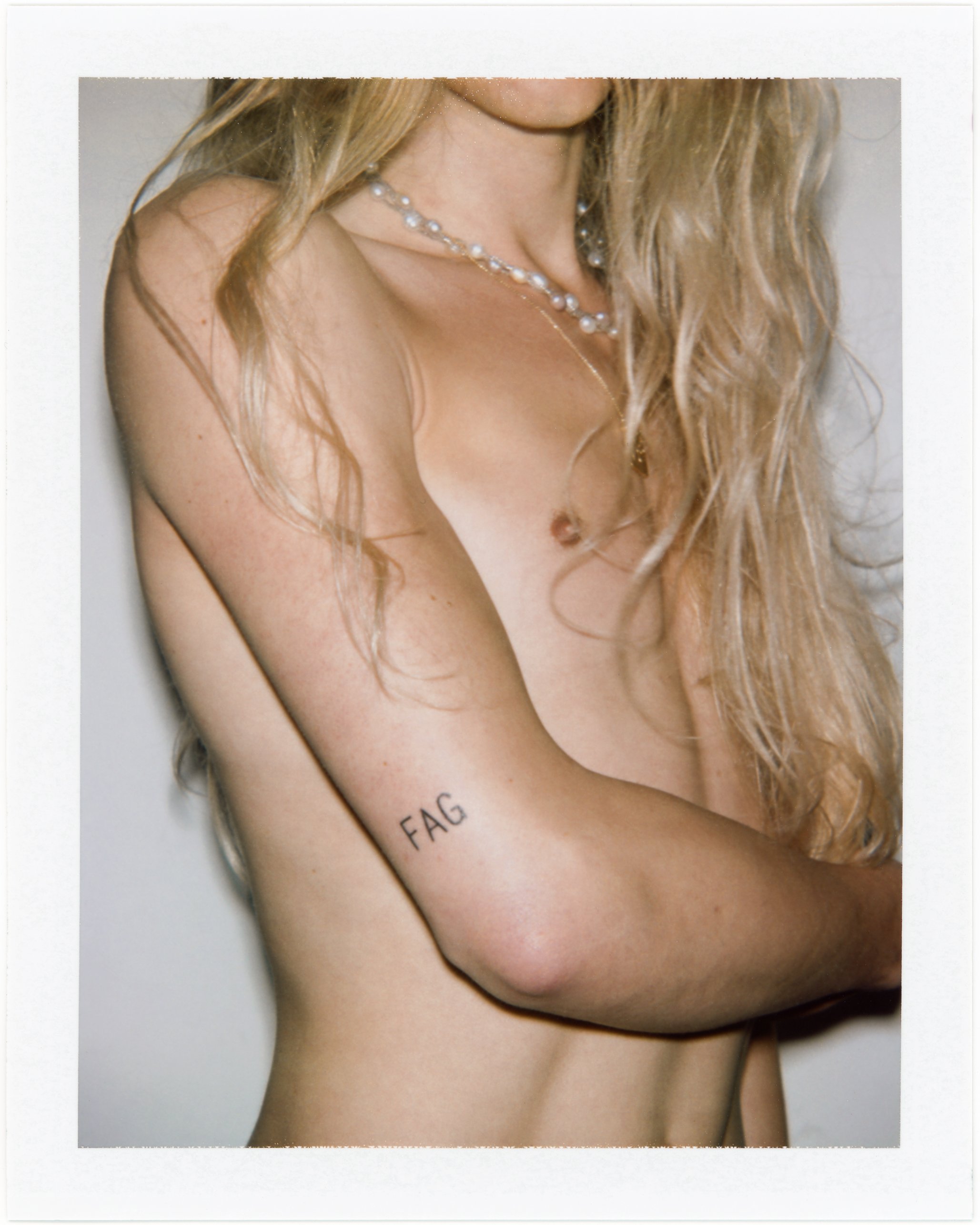
Fag, Provincetown, MA 2023
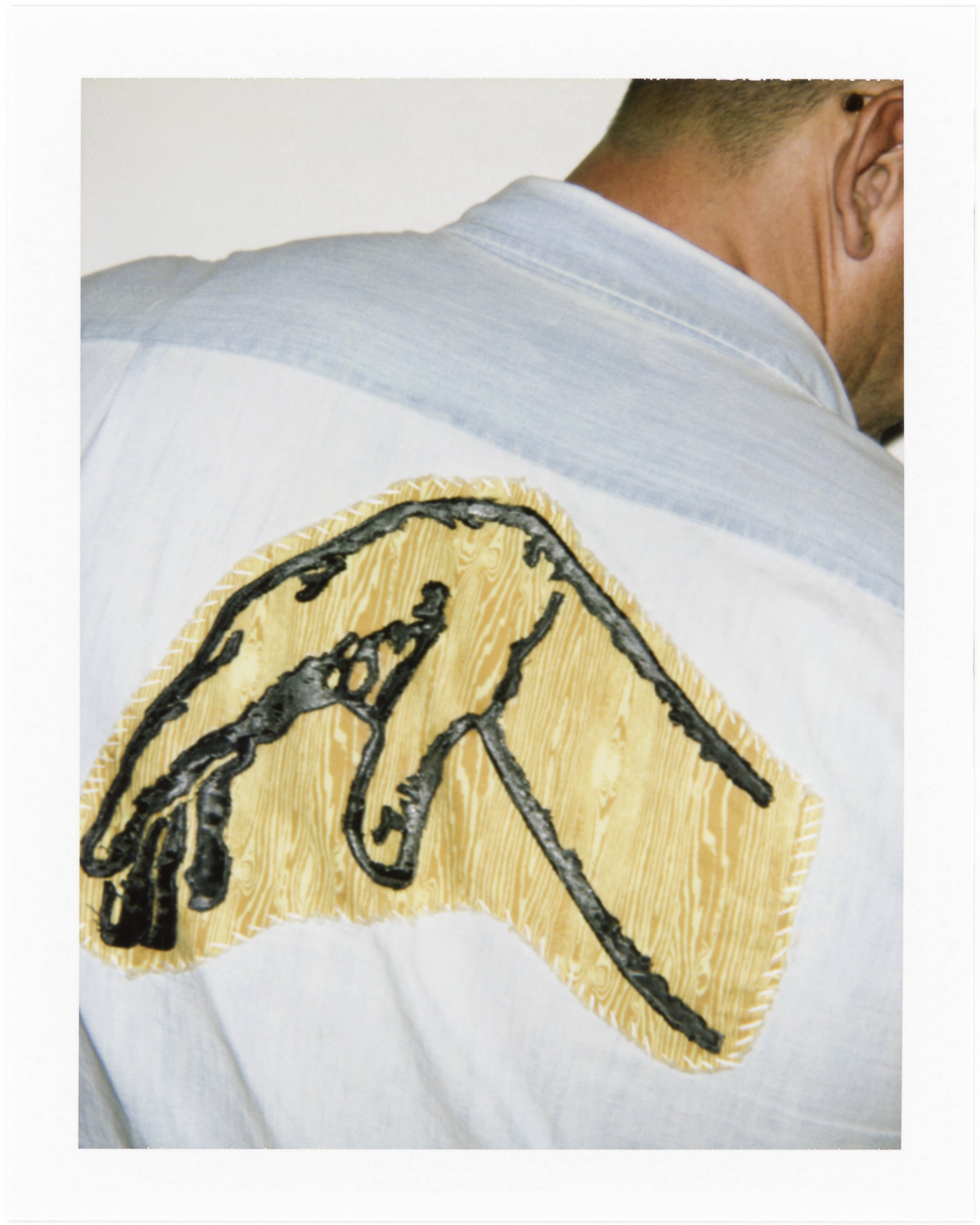

Scarbie 2019

Ryan, Provincetown, MA 2022

Pat, Provincetown, MA 2022

Boy, Provincetown, MA 2023

Pink Friday, Provincetown, MA 2022

Scarlett Strauss, Provincetown, MA 2024

Estrogen, Provincetown, MA 2024

Red, Provincetown, MA 2024
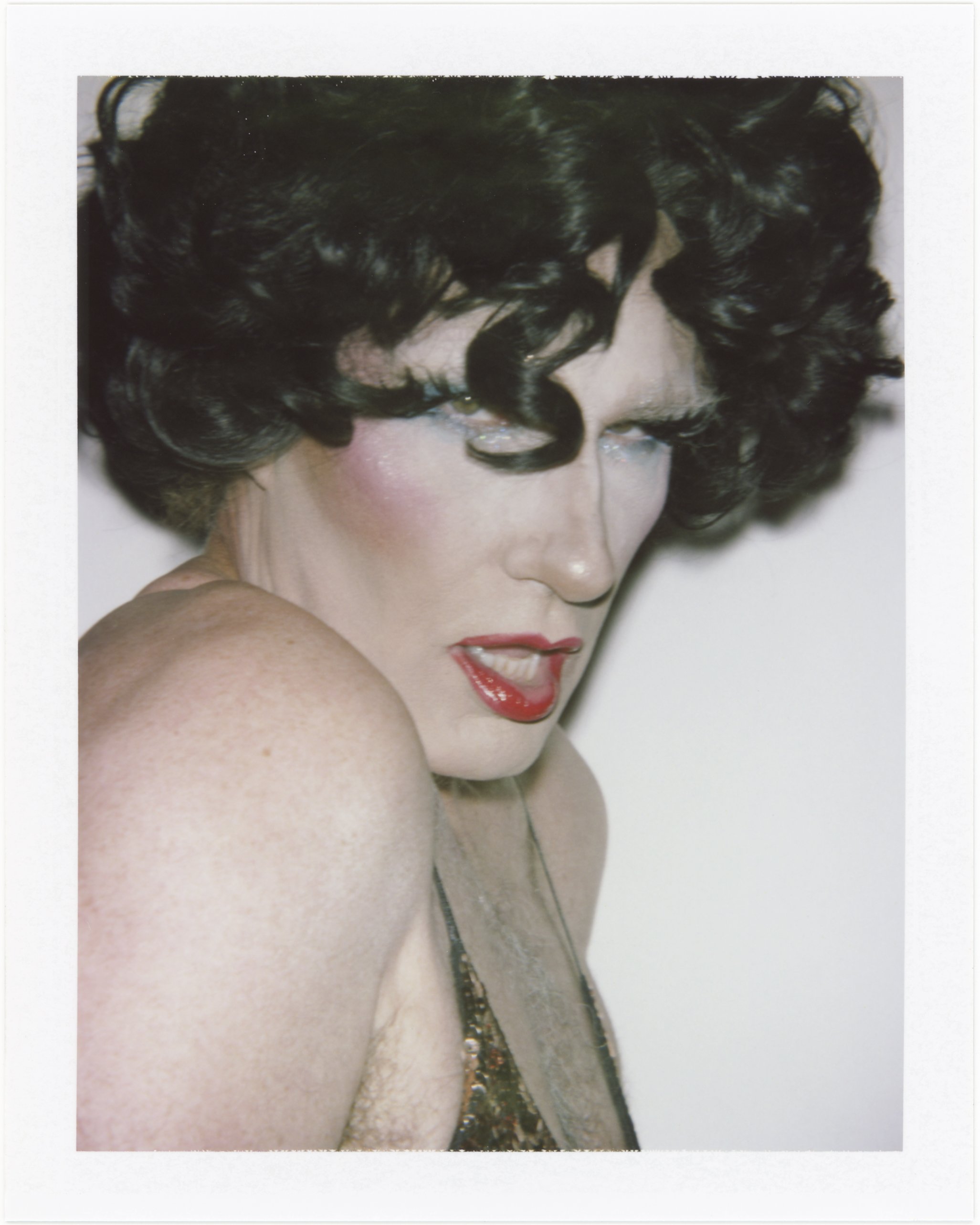
Showgirls 2025
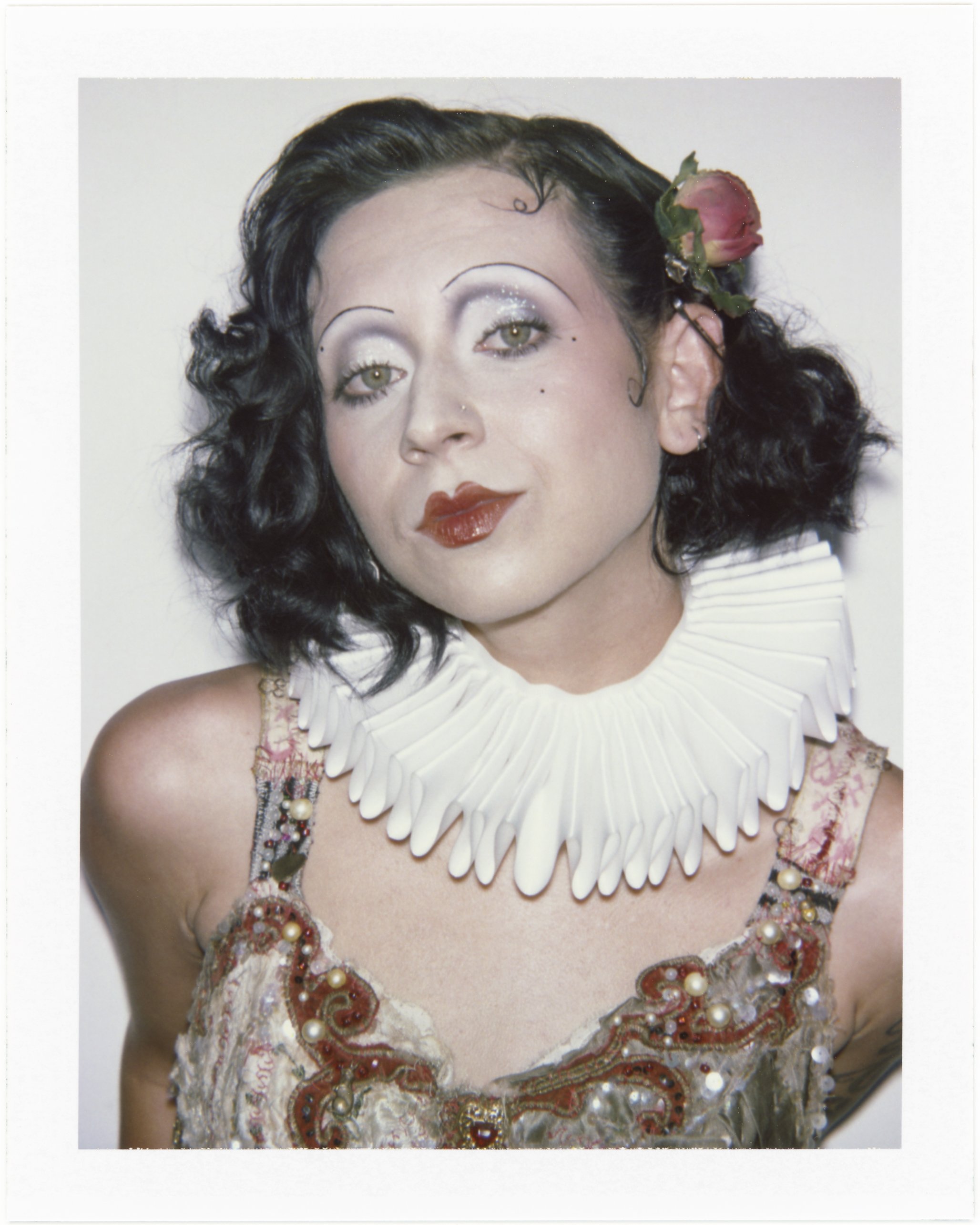
Etta, Provincetown, MA 2024
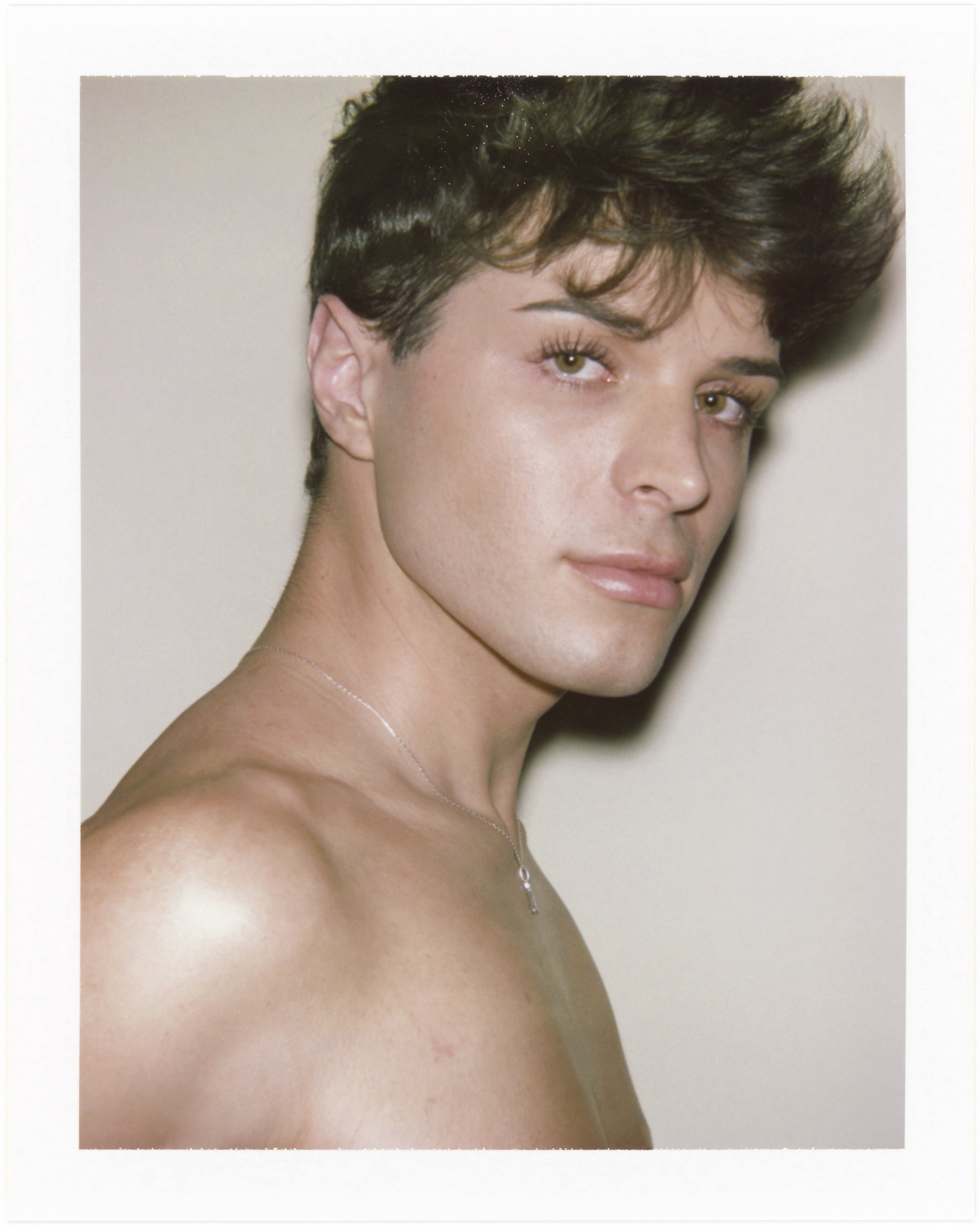
Zac, Provincetown, MA 2025

Zac, Provincetown, MA 2025
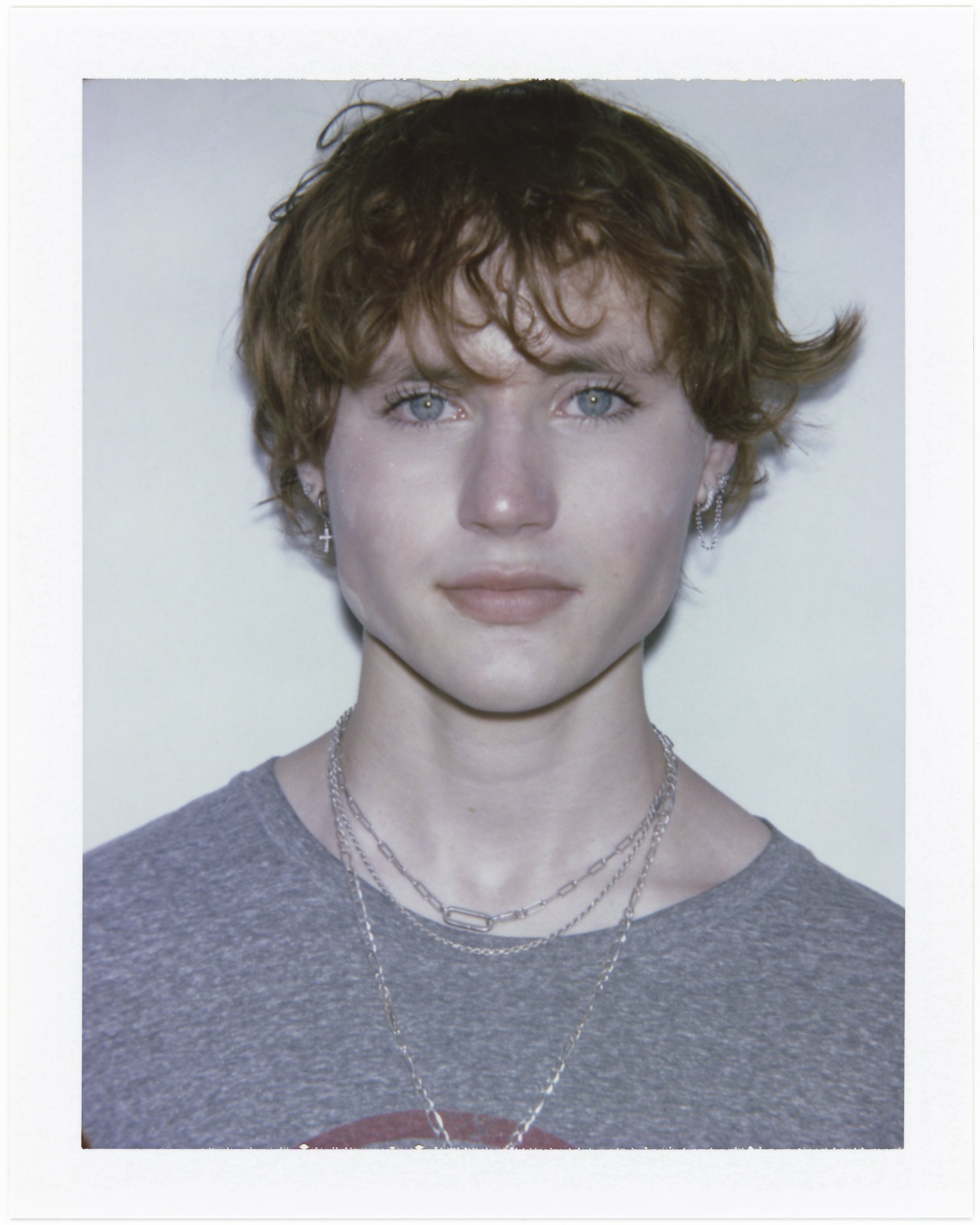
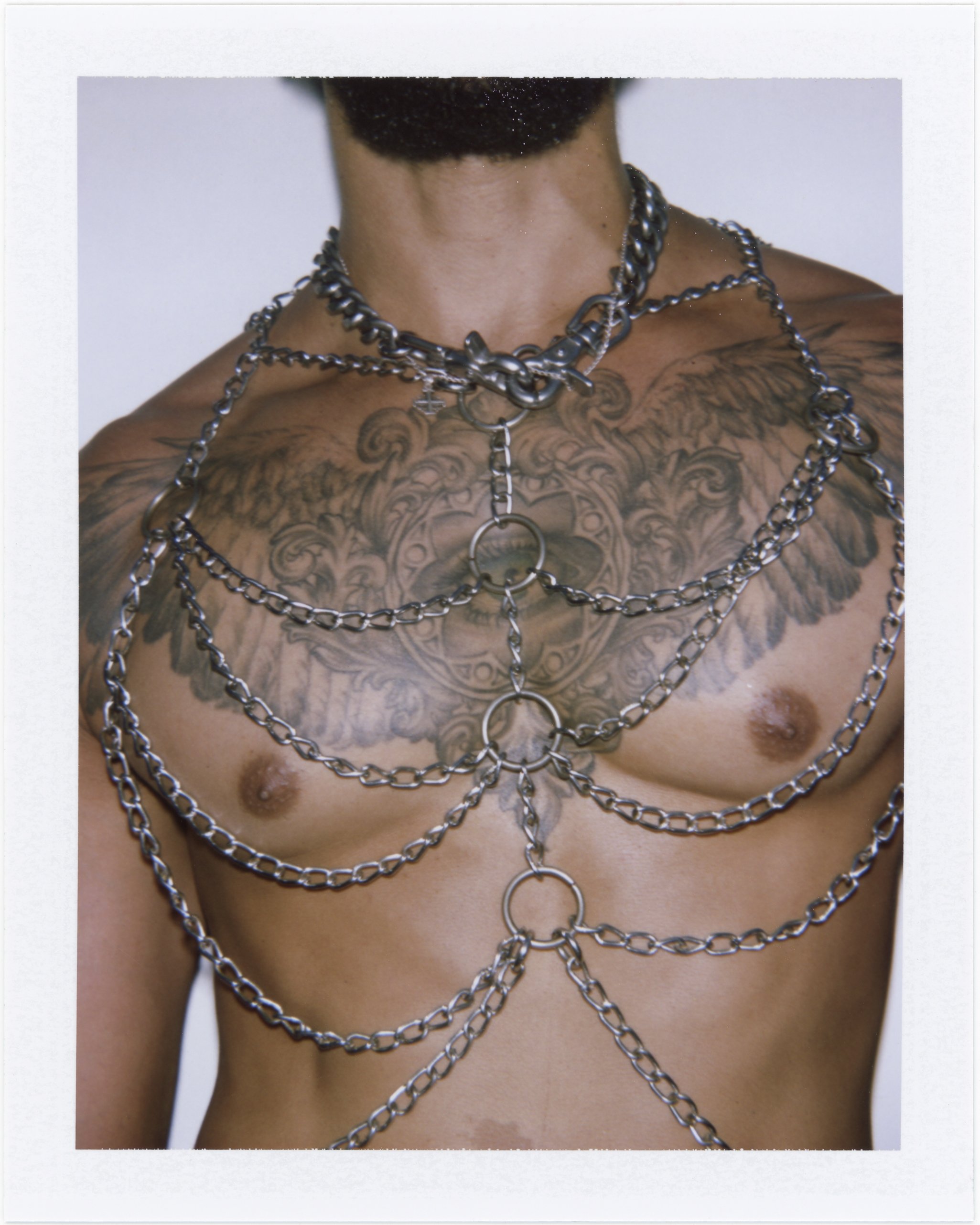
Chest, Provincetown, MA 2025
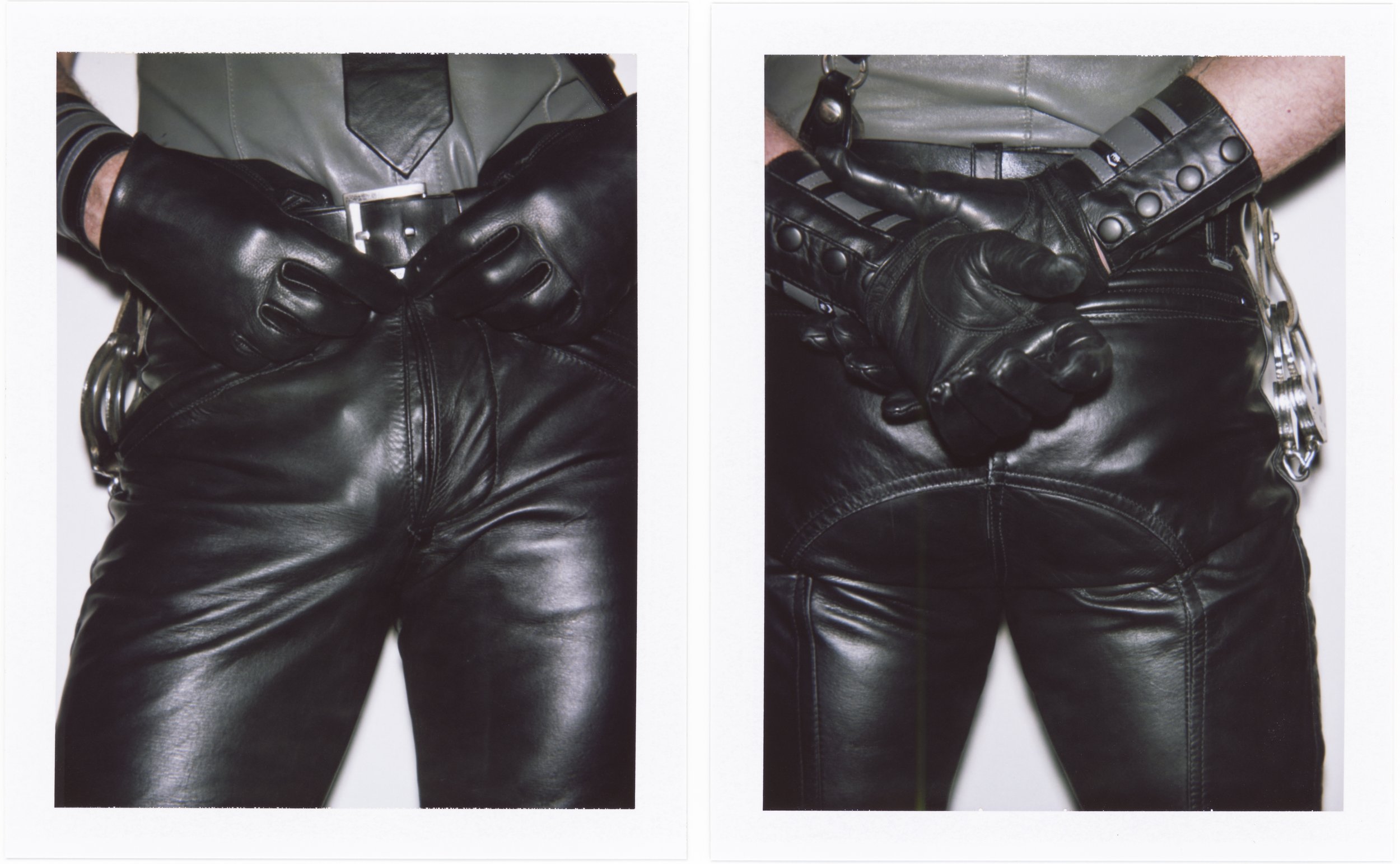

Burlesque, Provincetown, MA 2024

Trish, Provincetown, MA 2024
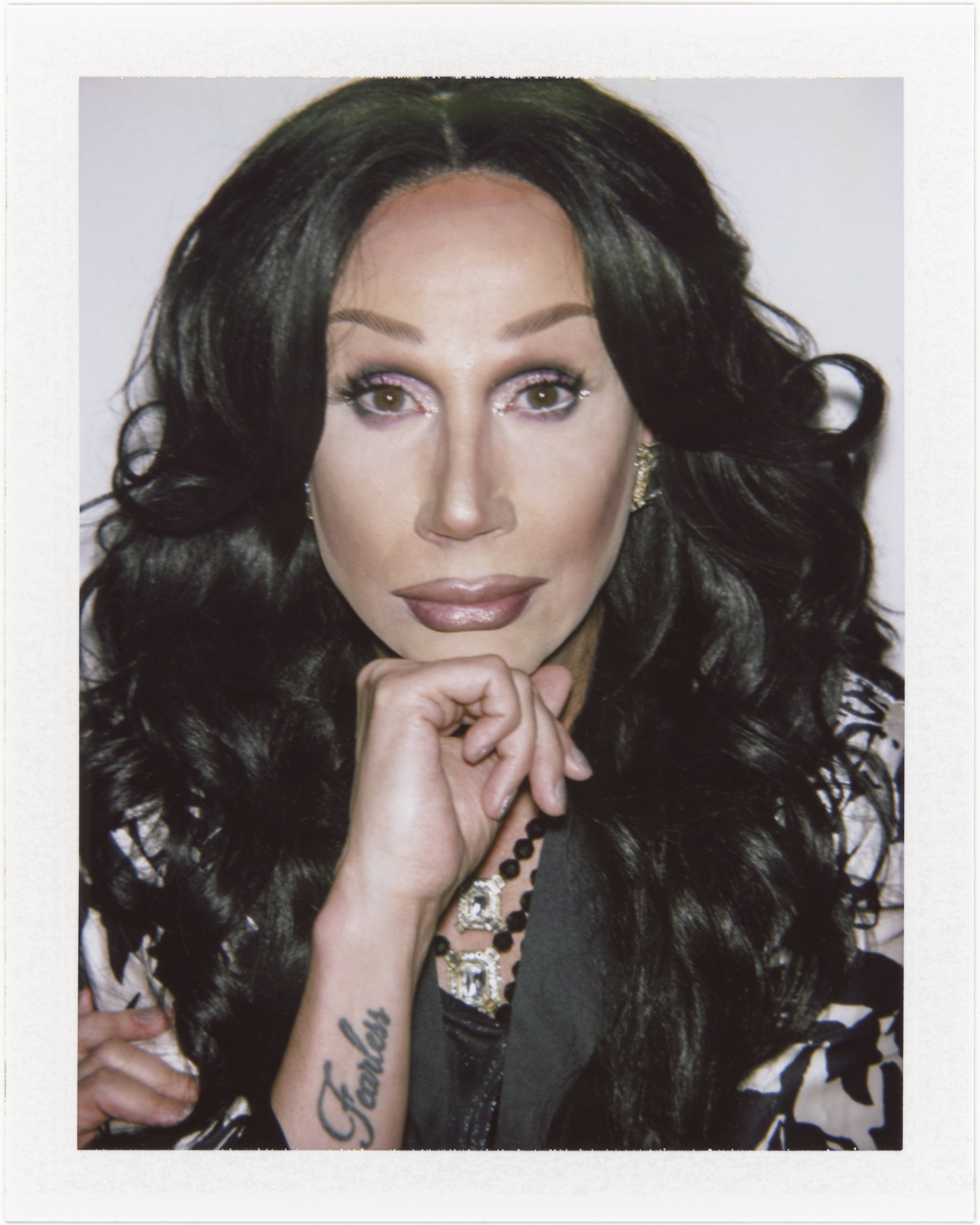
Thirsty Burlington 2024
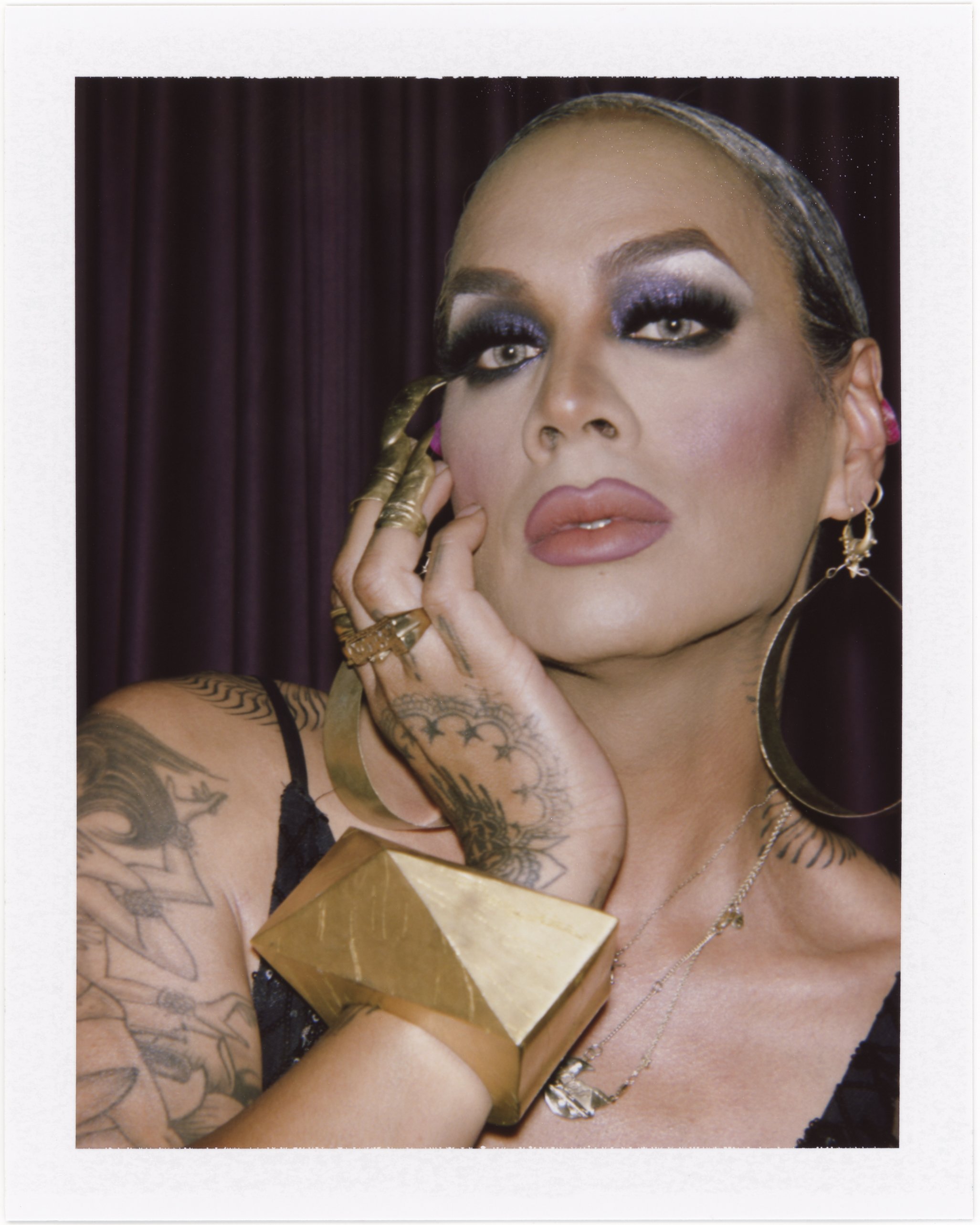
Raja, Provincetown, MA 2025

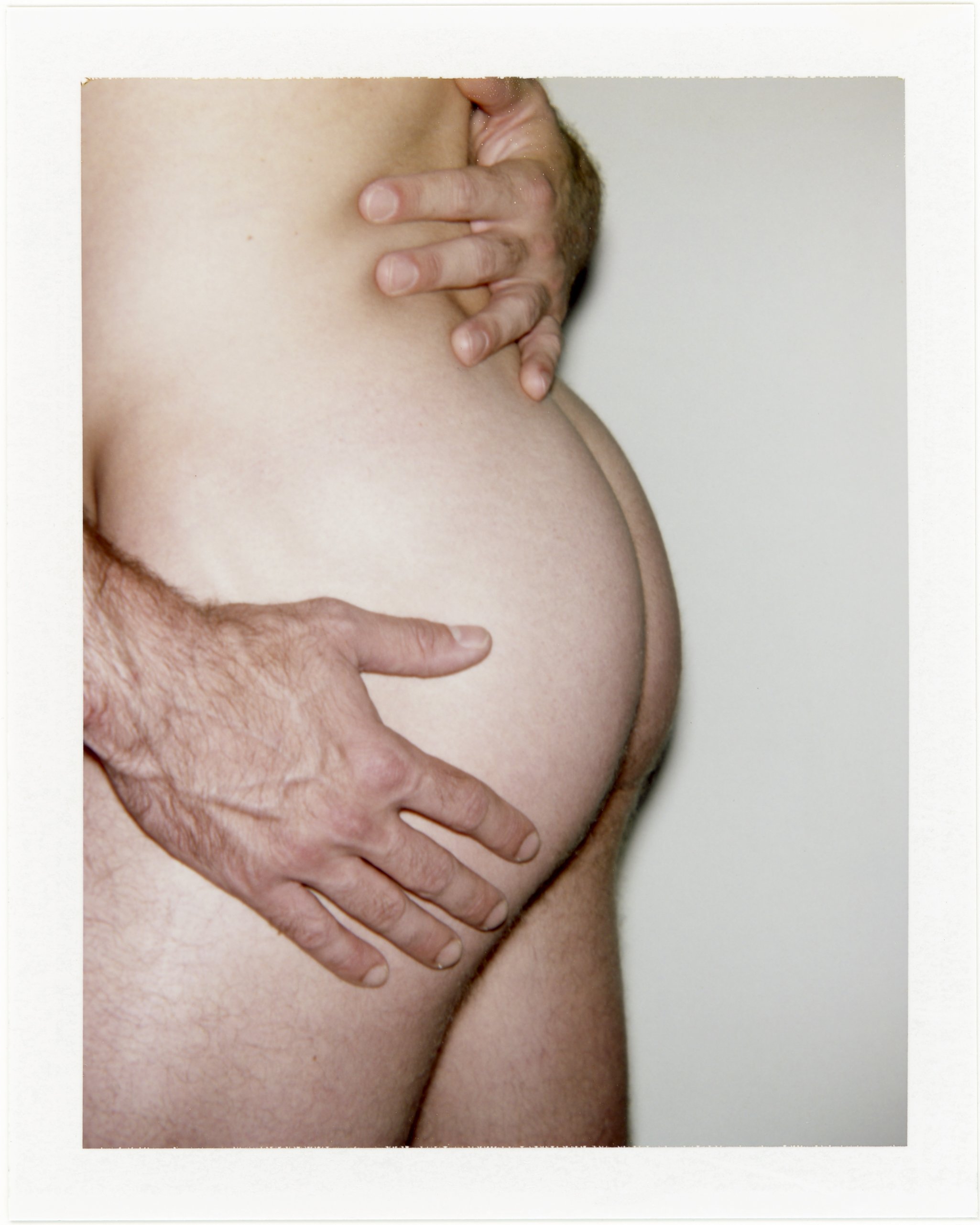
Caress
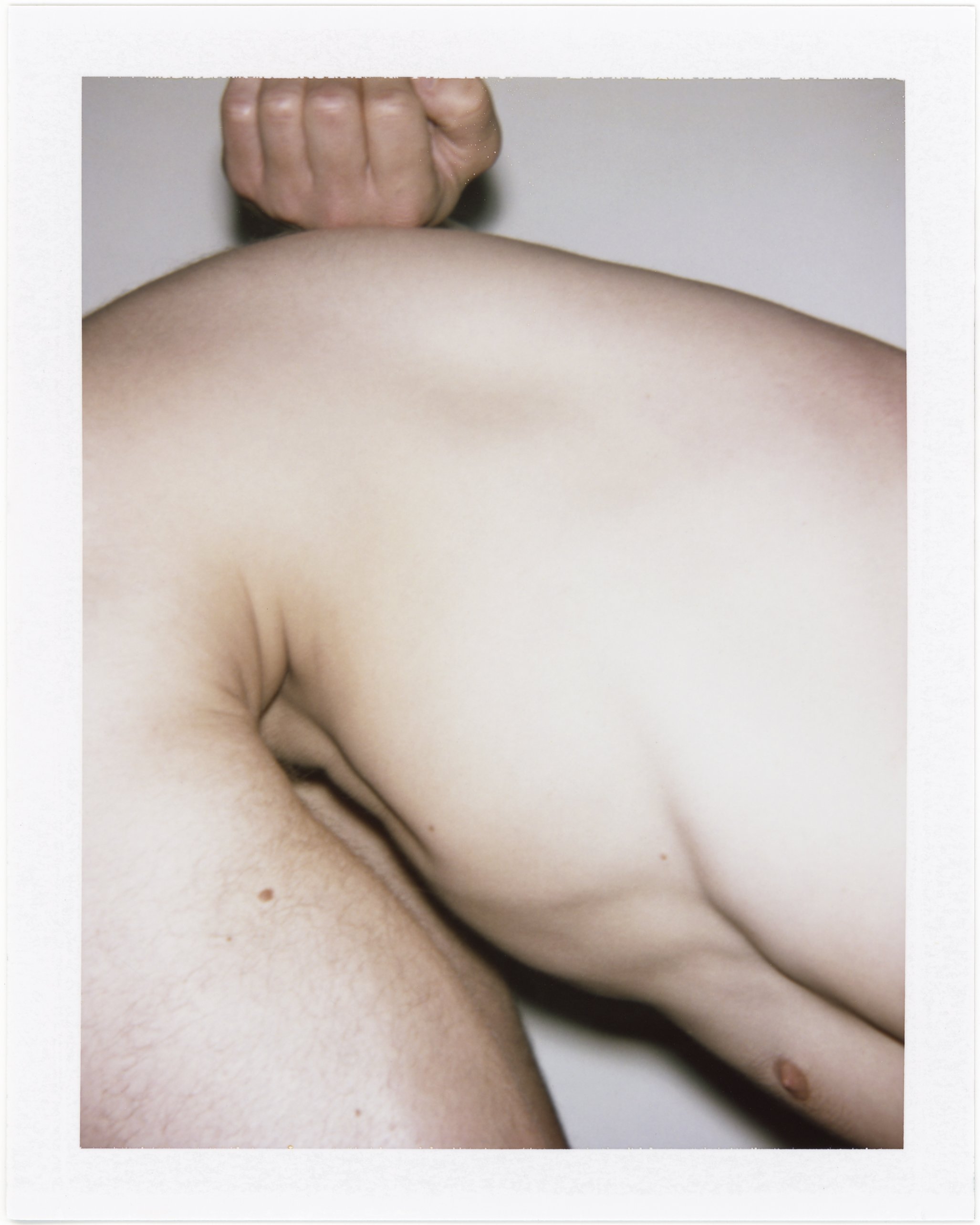
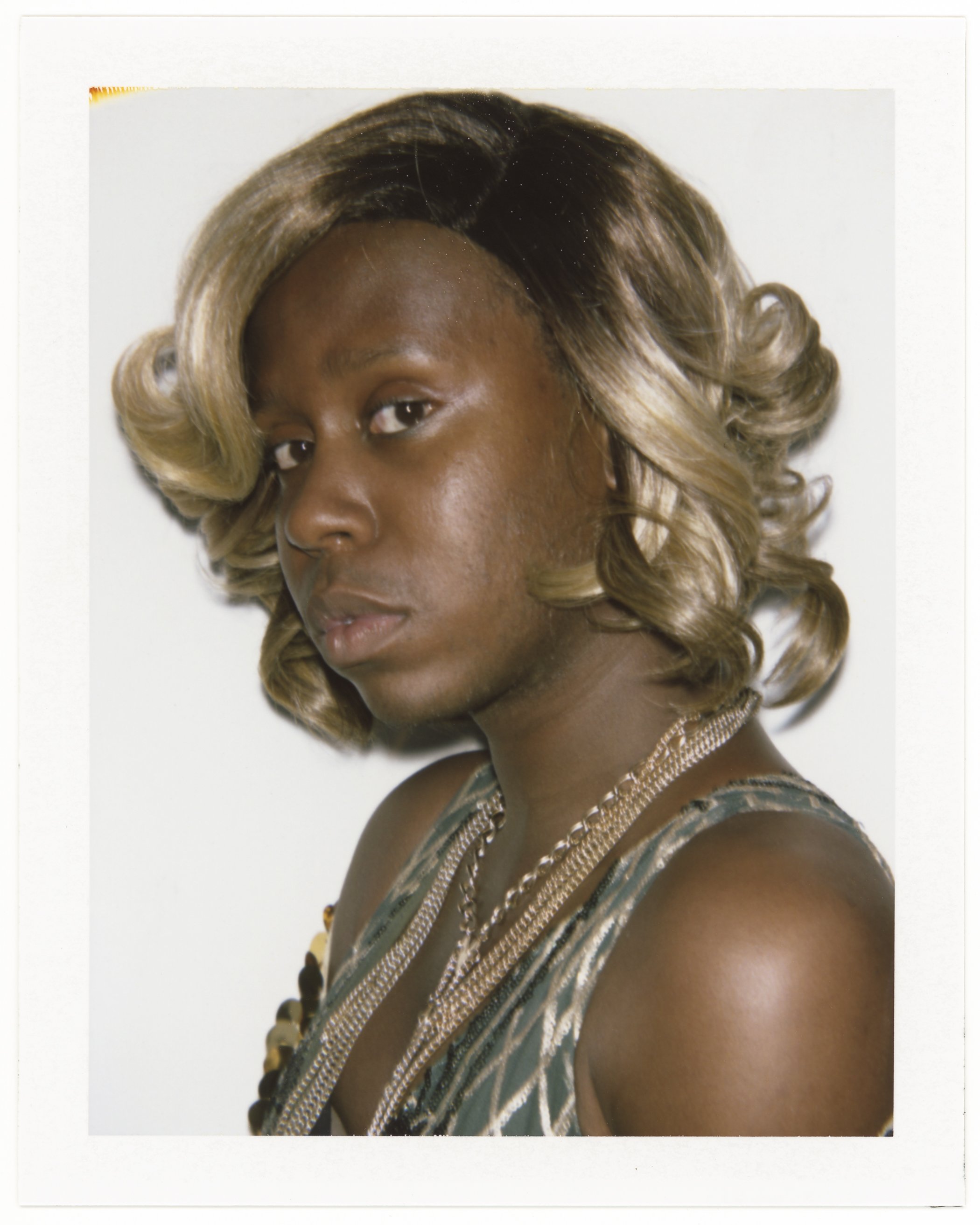
Qya Cristal 2019

Aurura 2019
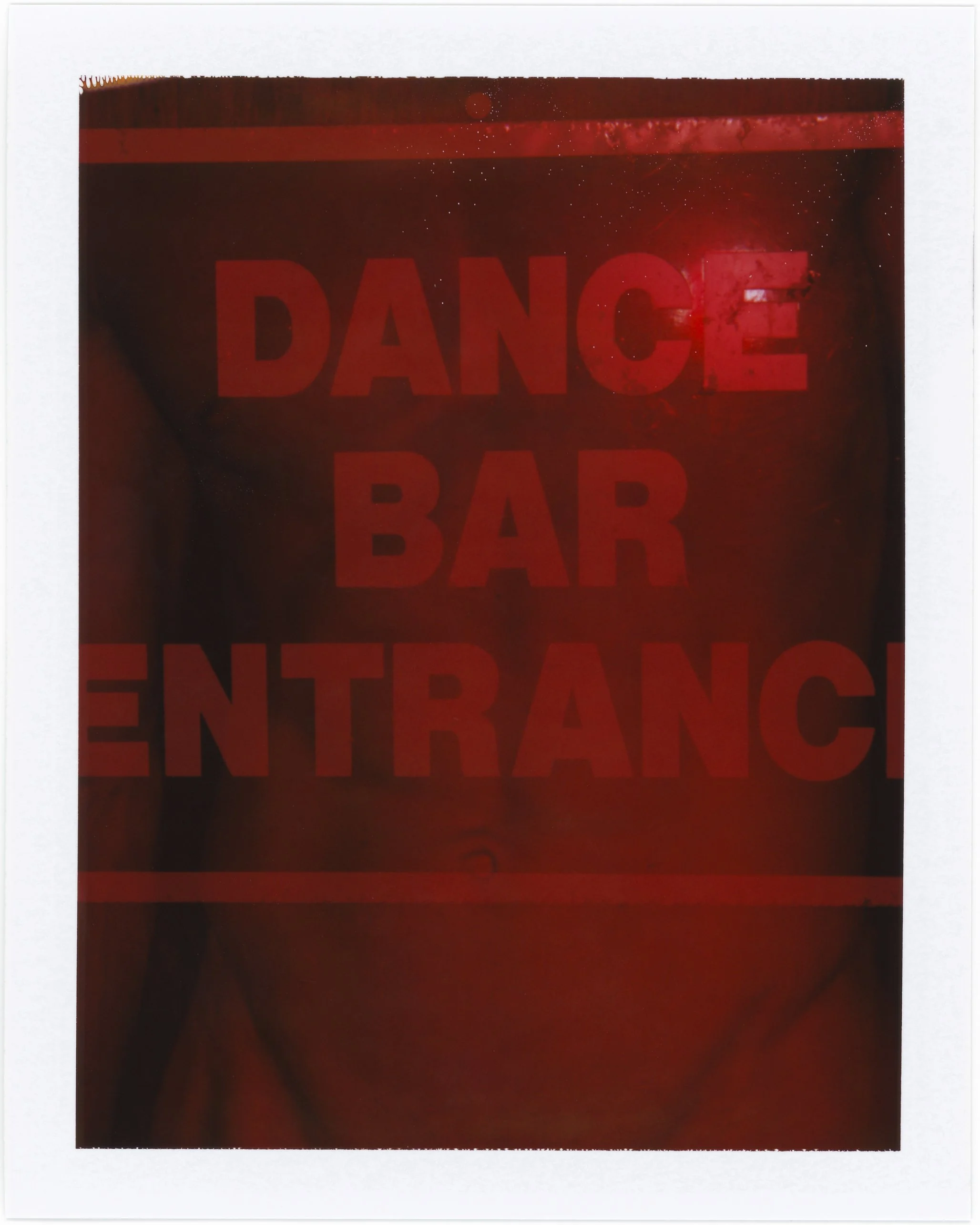
A-House/Mikey 2025
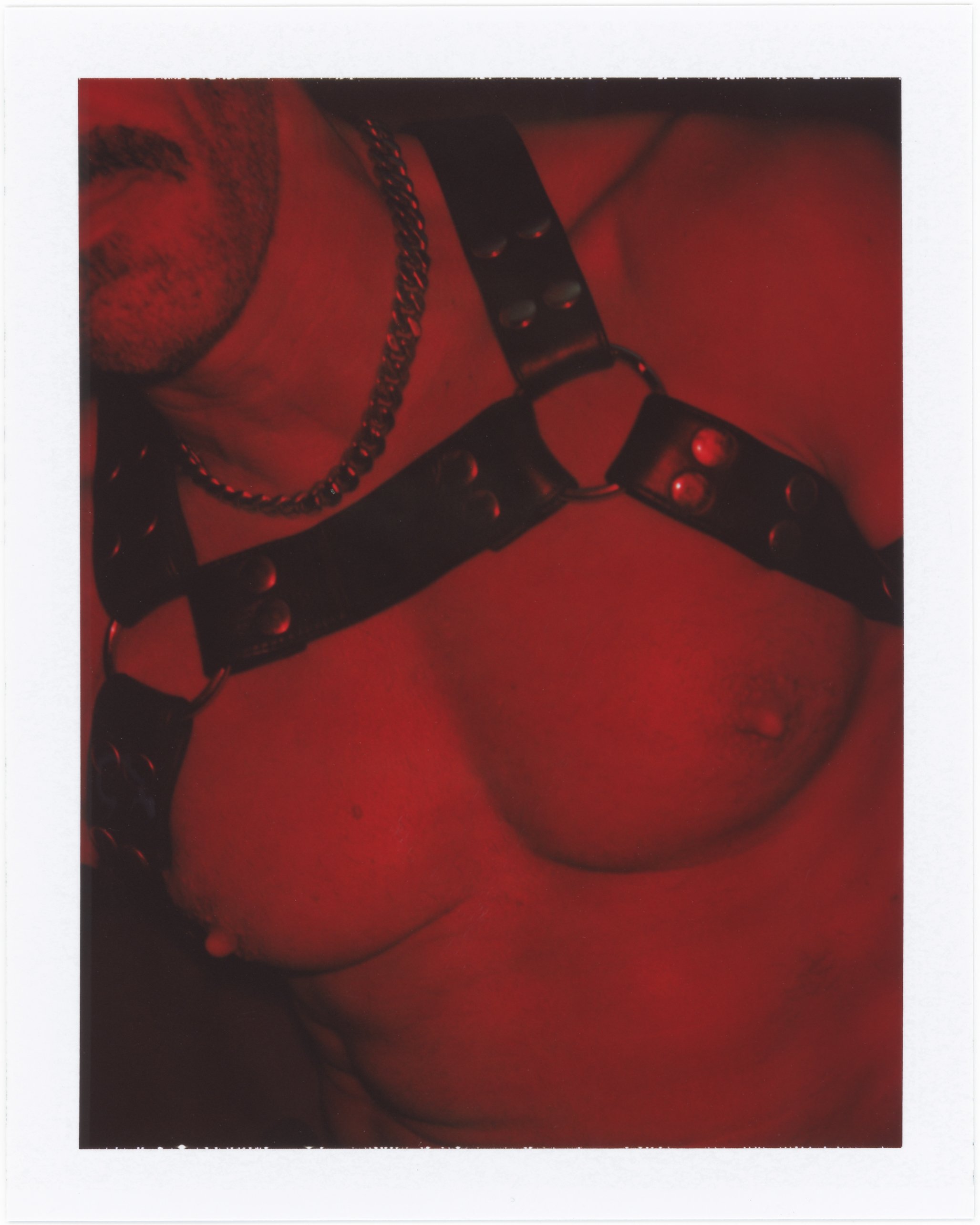
Purgatory I
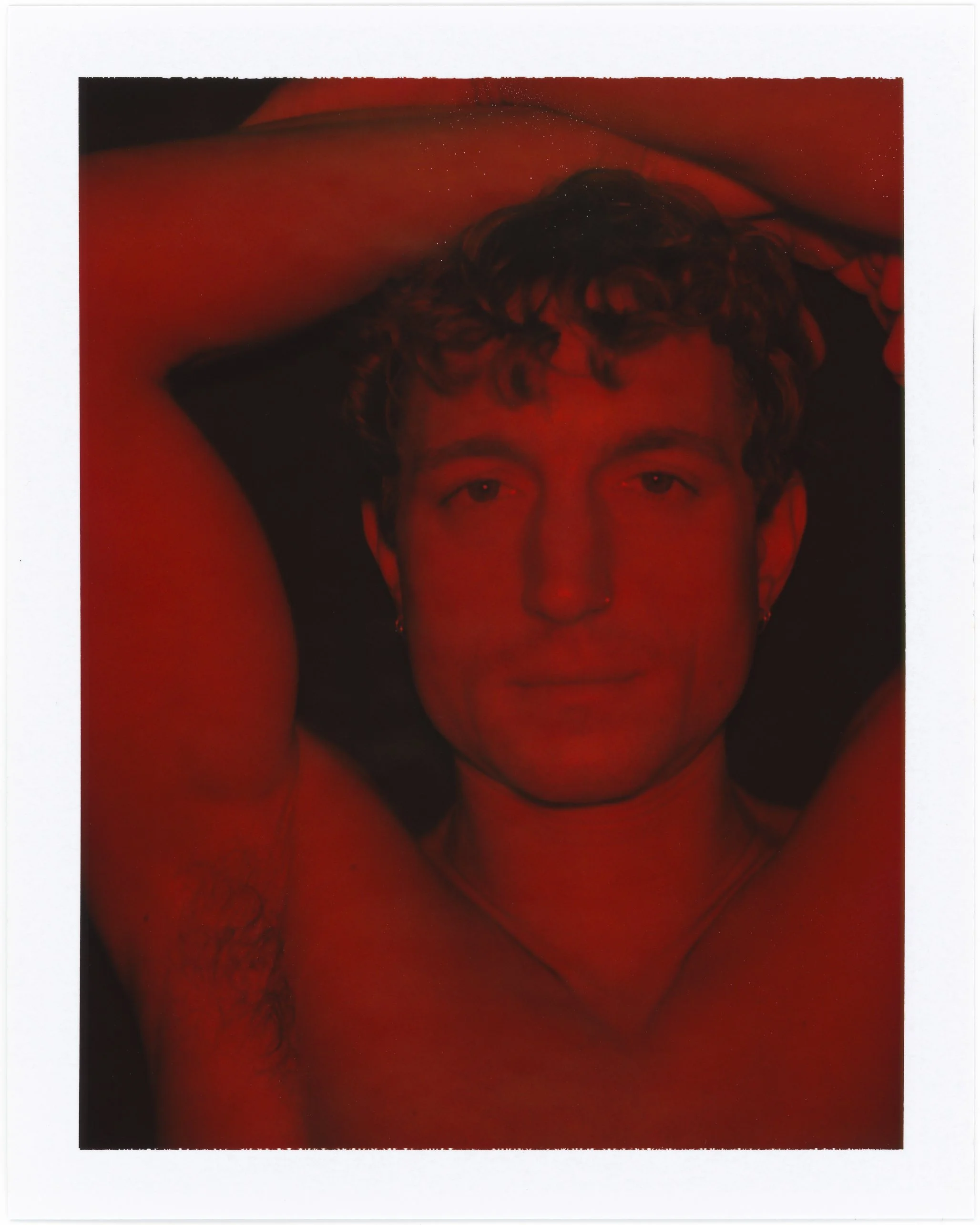
Mikey 2025
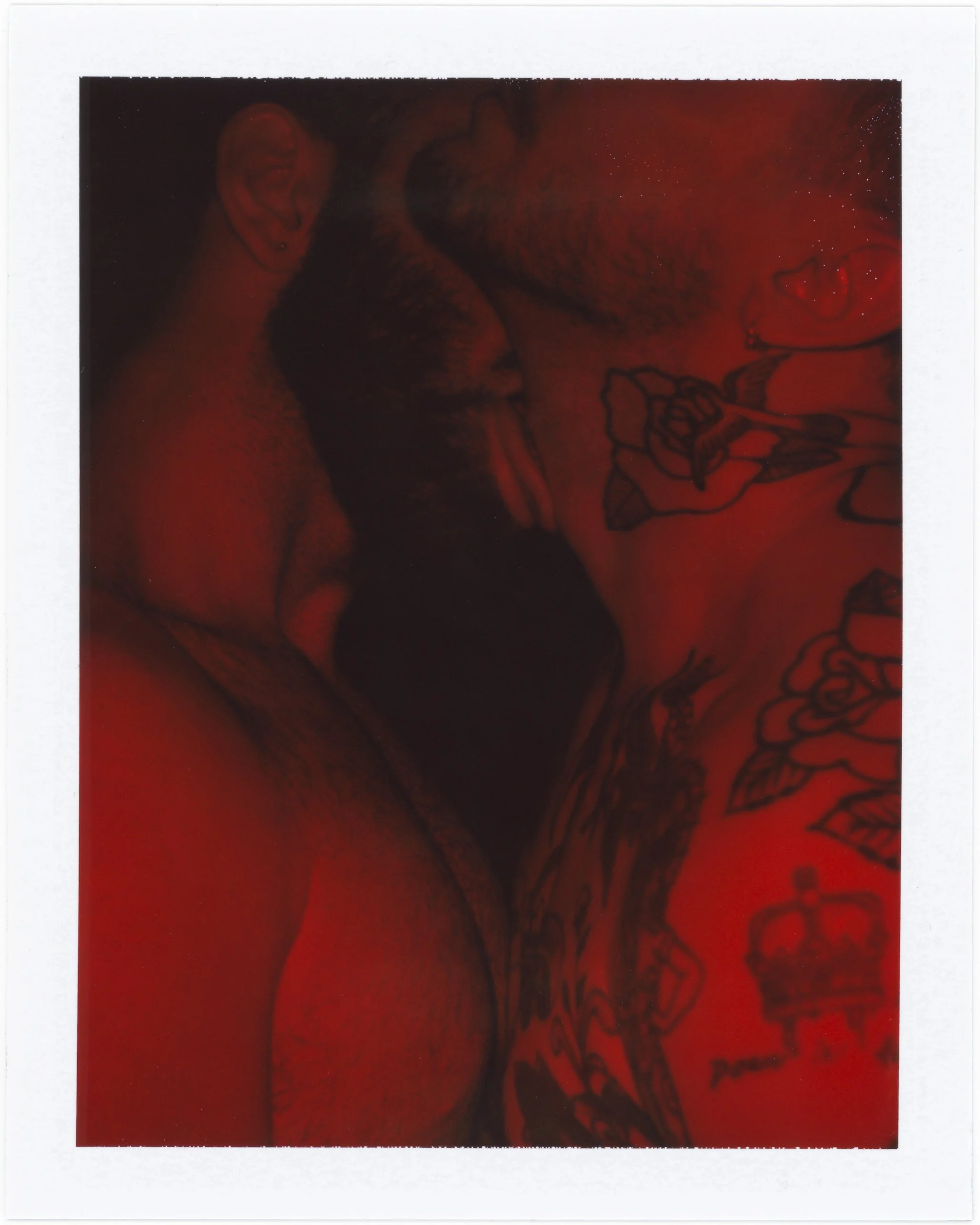
Lick 2025
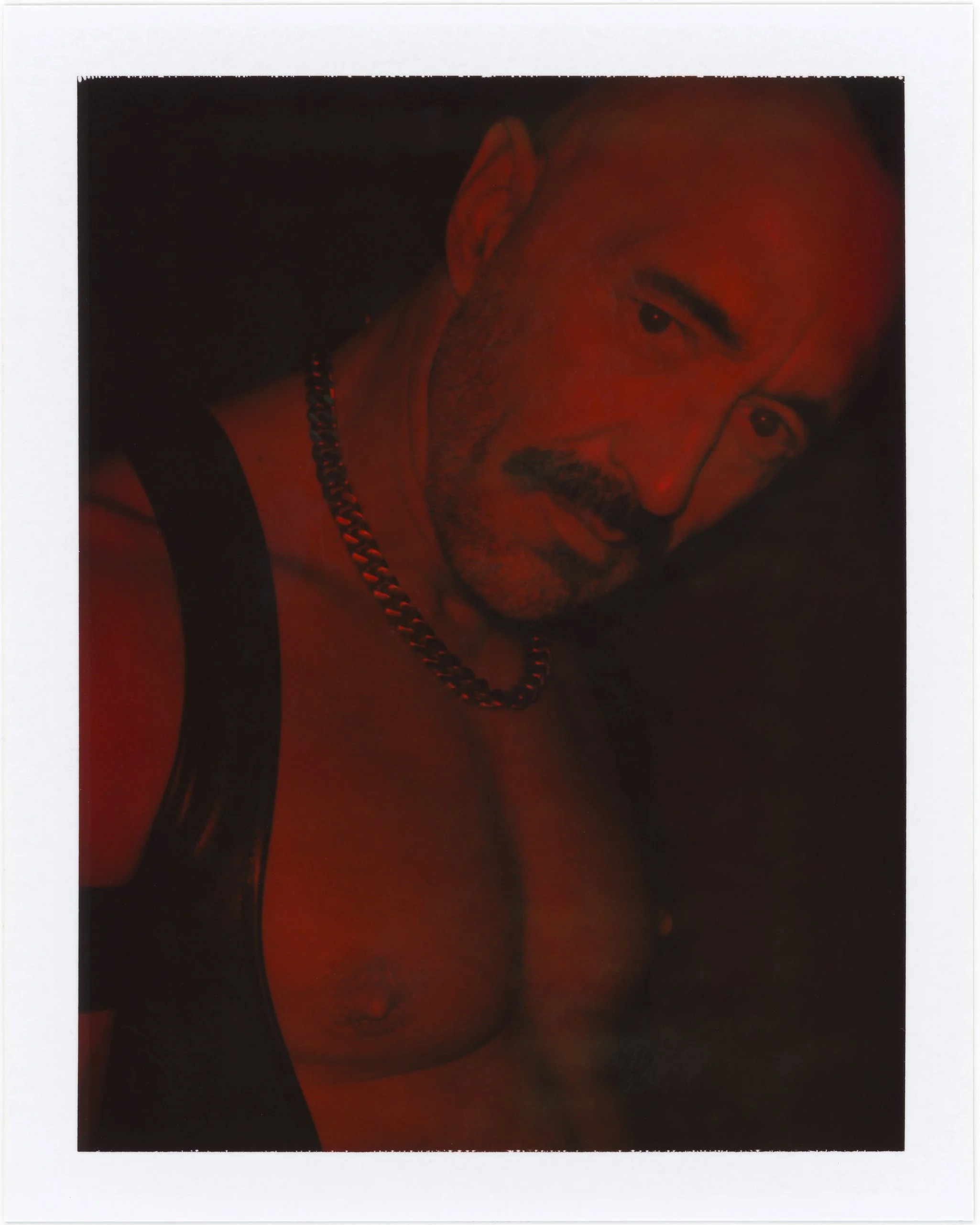
Purgatory II

Purgatory III

Joey 2025
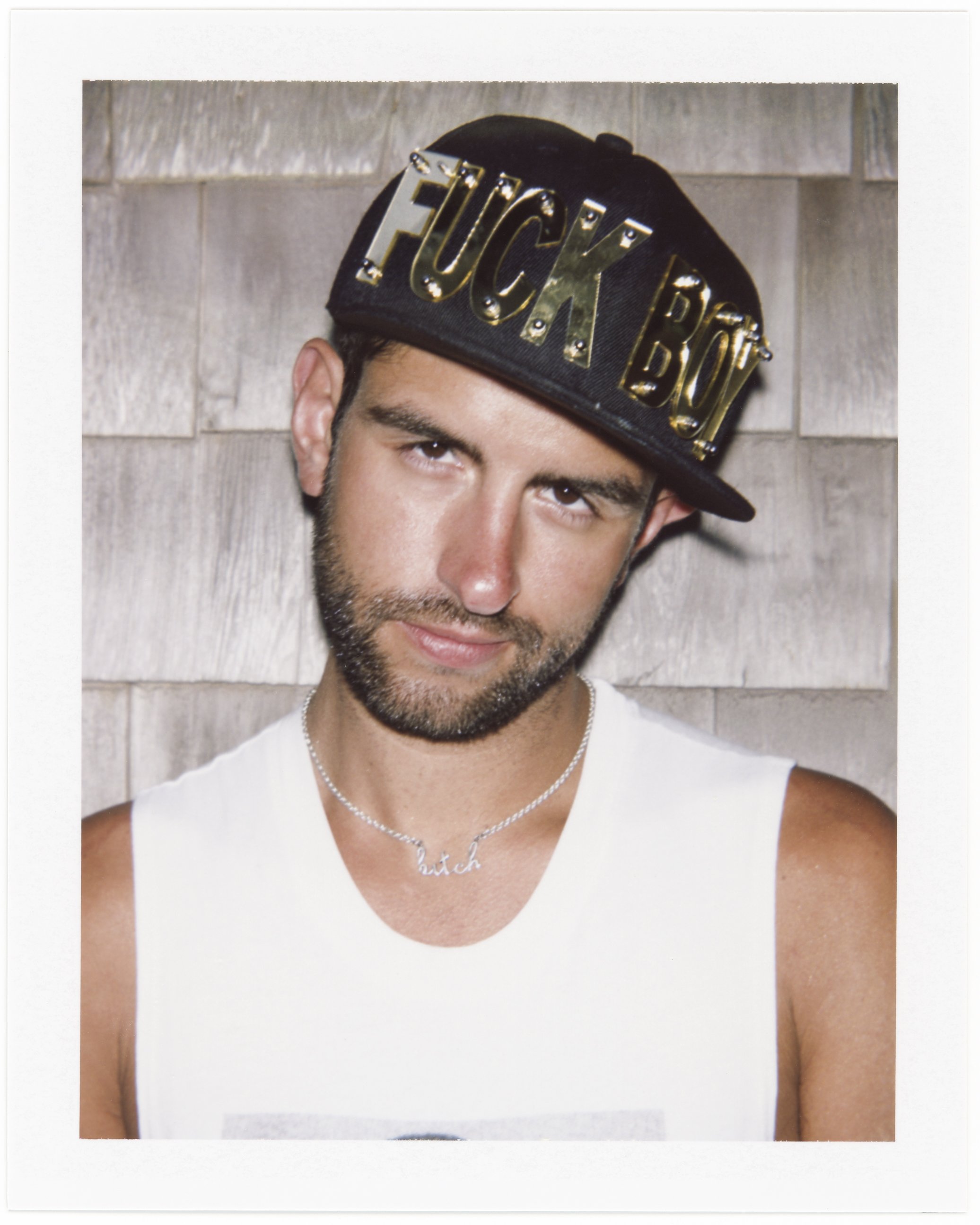
Fuck Boy 2019
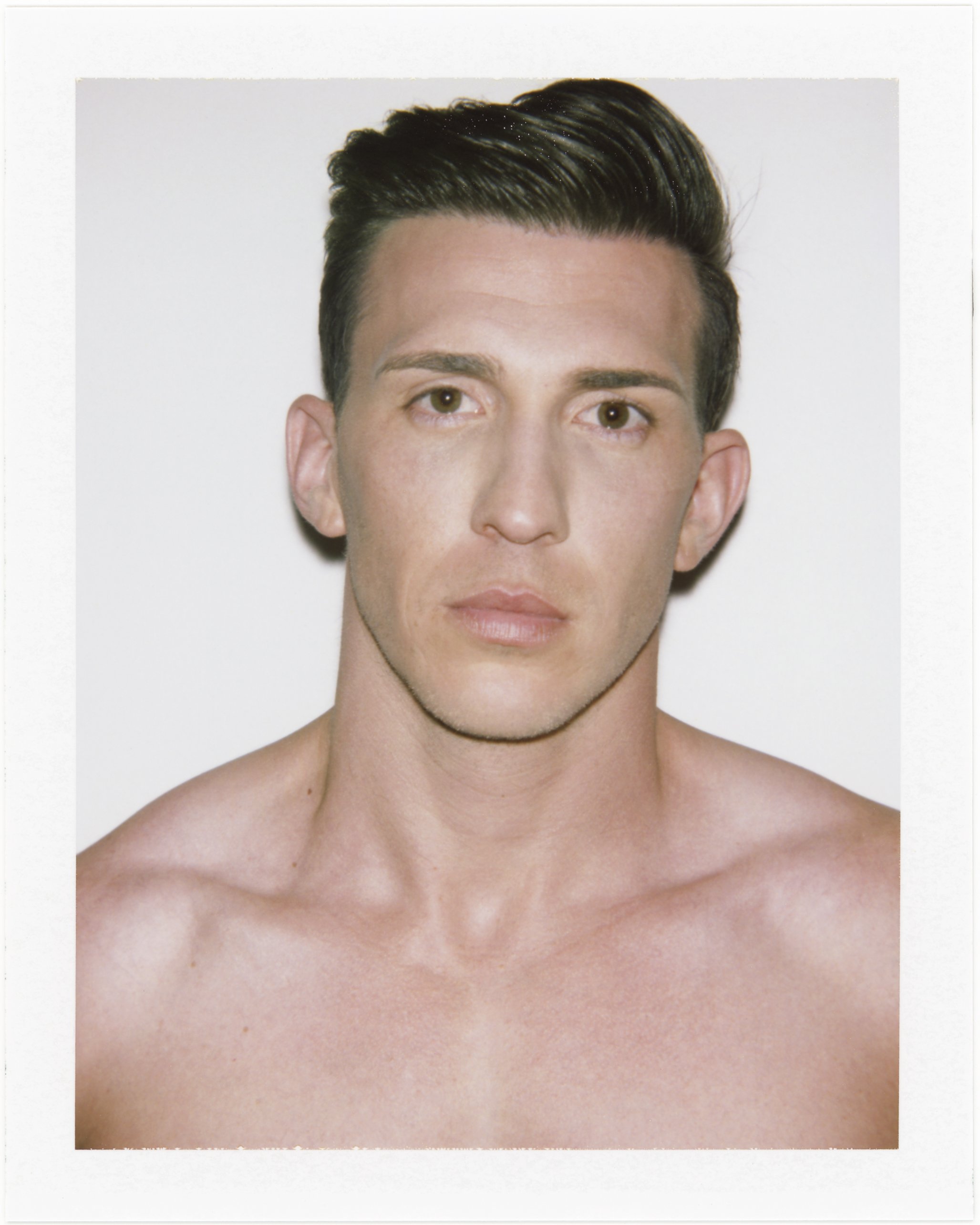
Kevin 2022

Pete 2023
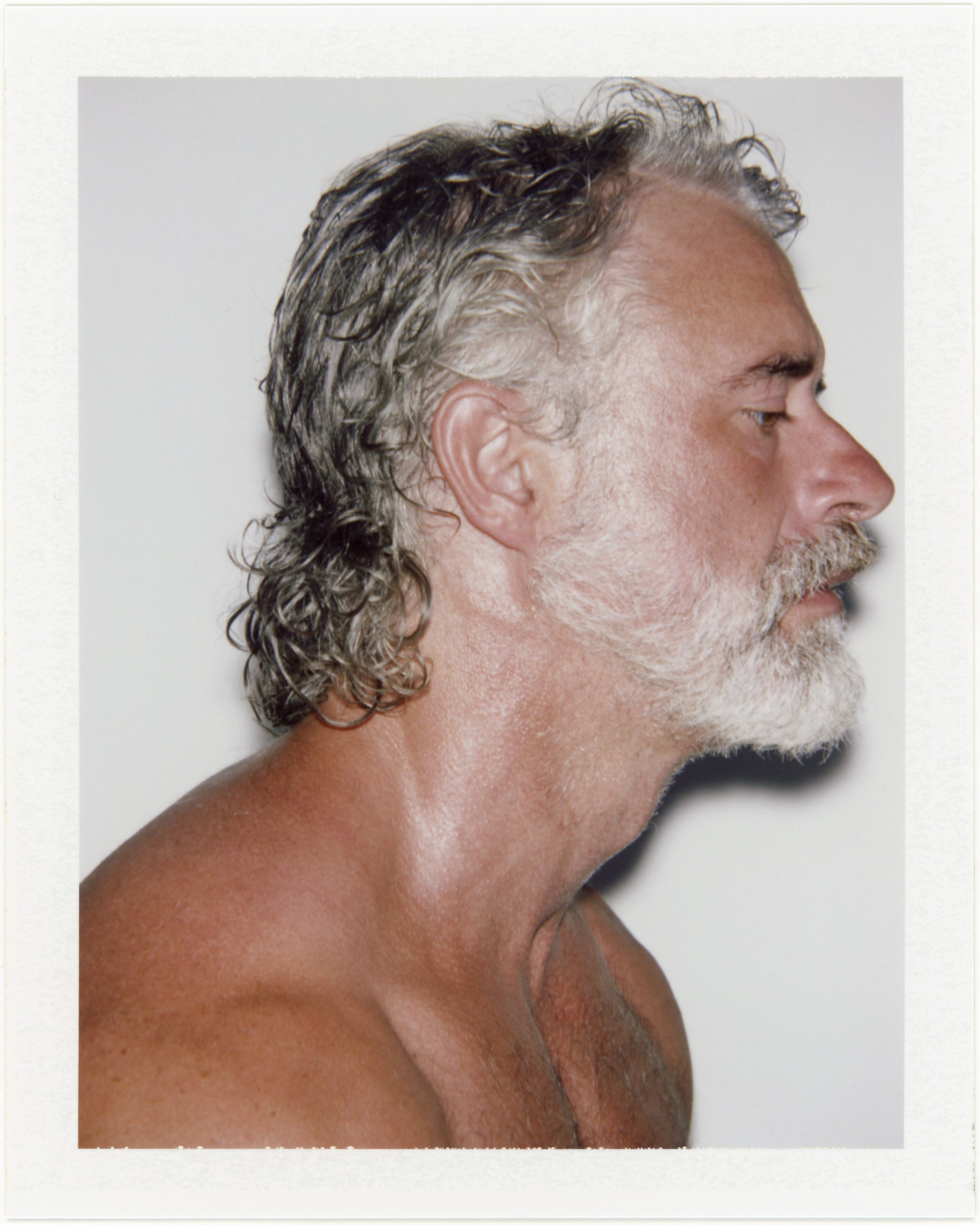
James II 2024
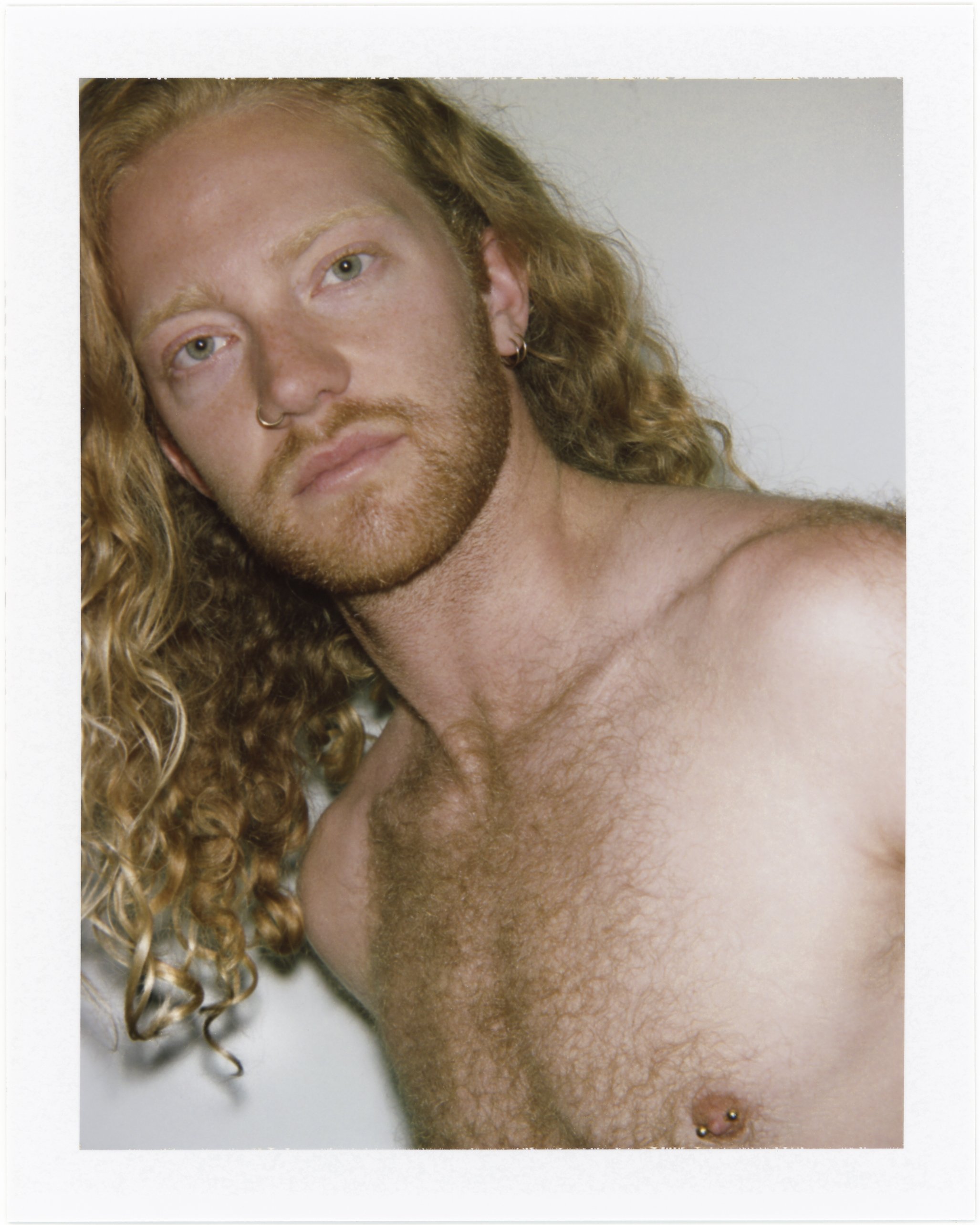
Connor 2025
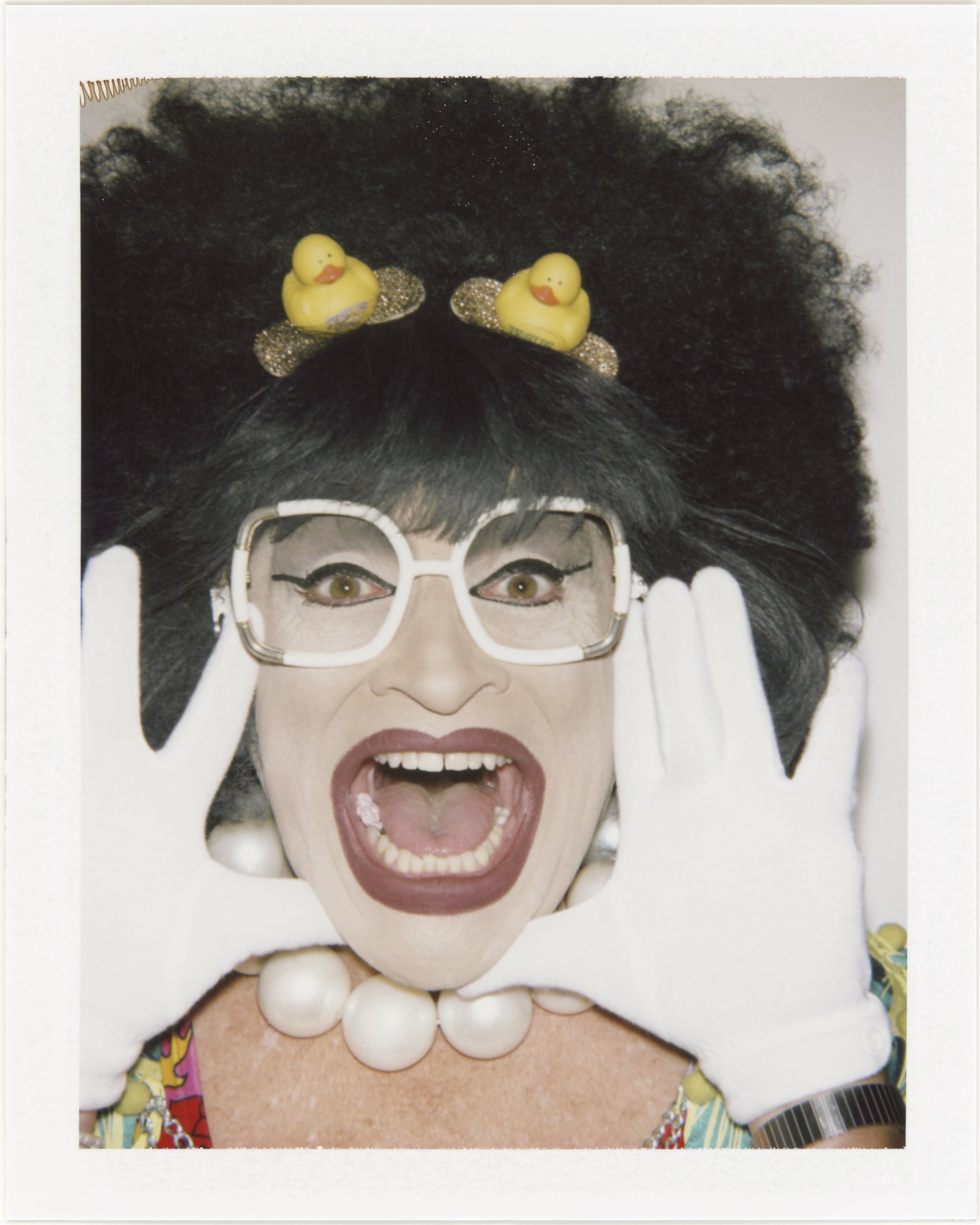
Miss Richfield 1981 2024

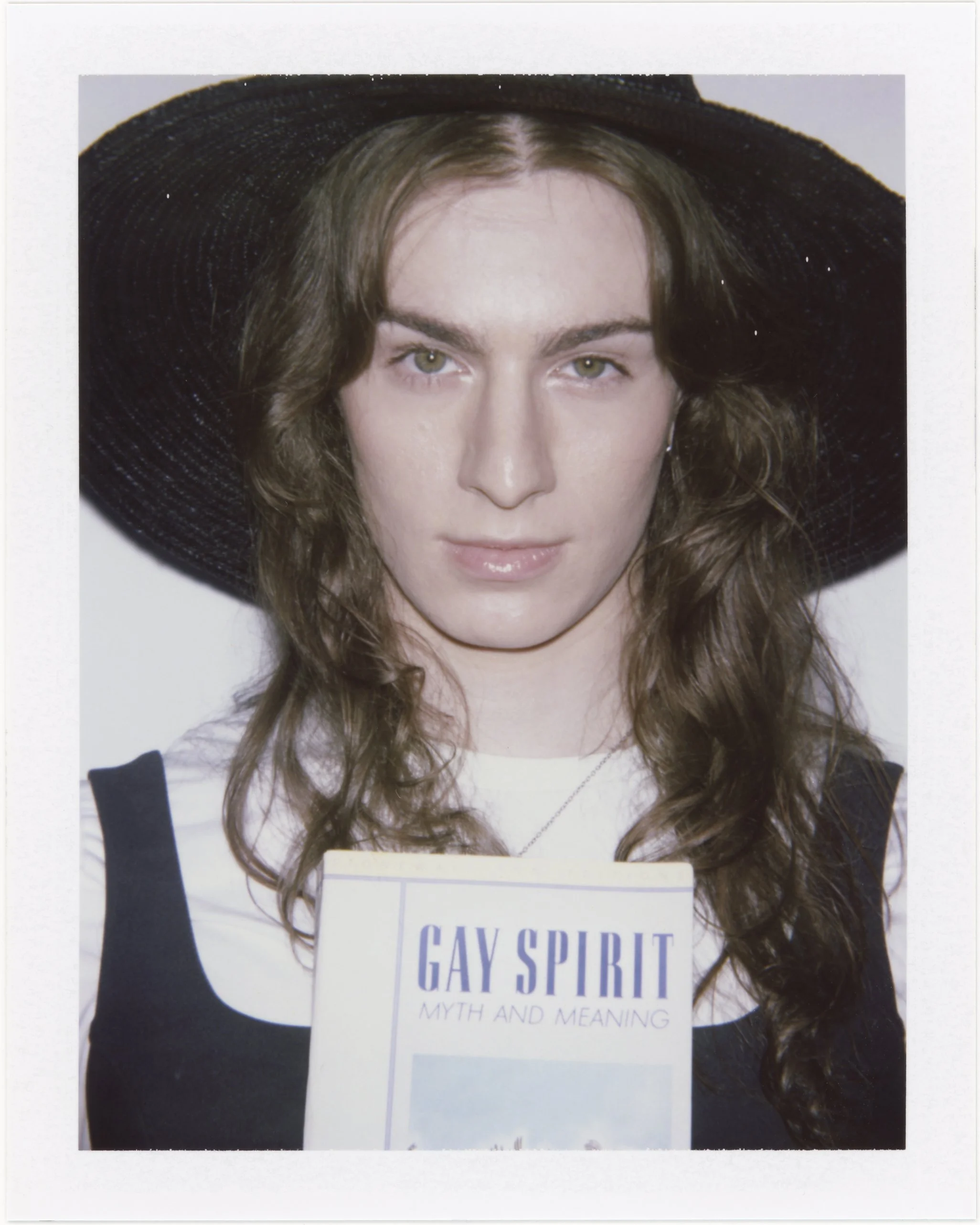
Gay Spirit/Liam
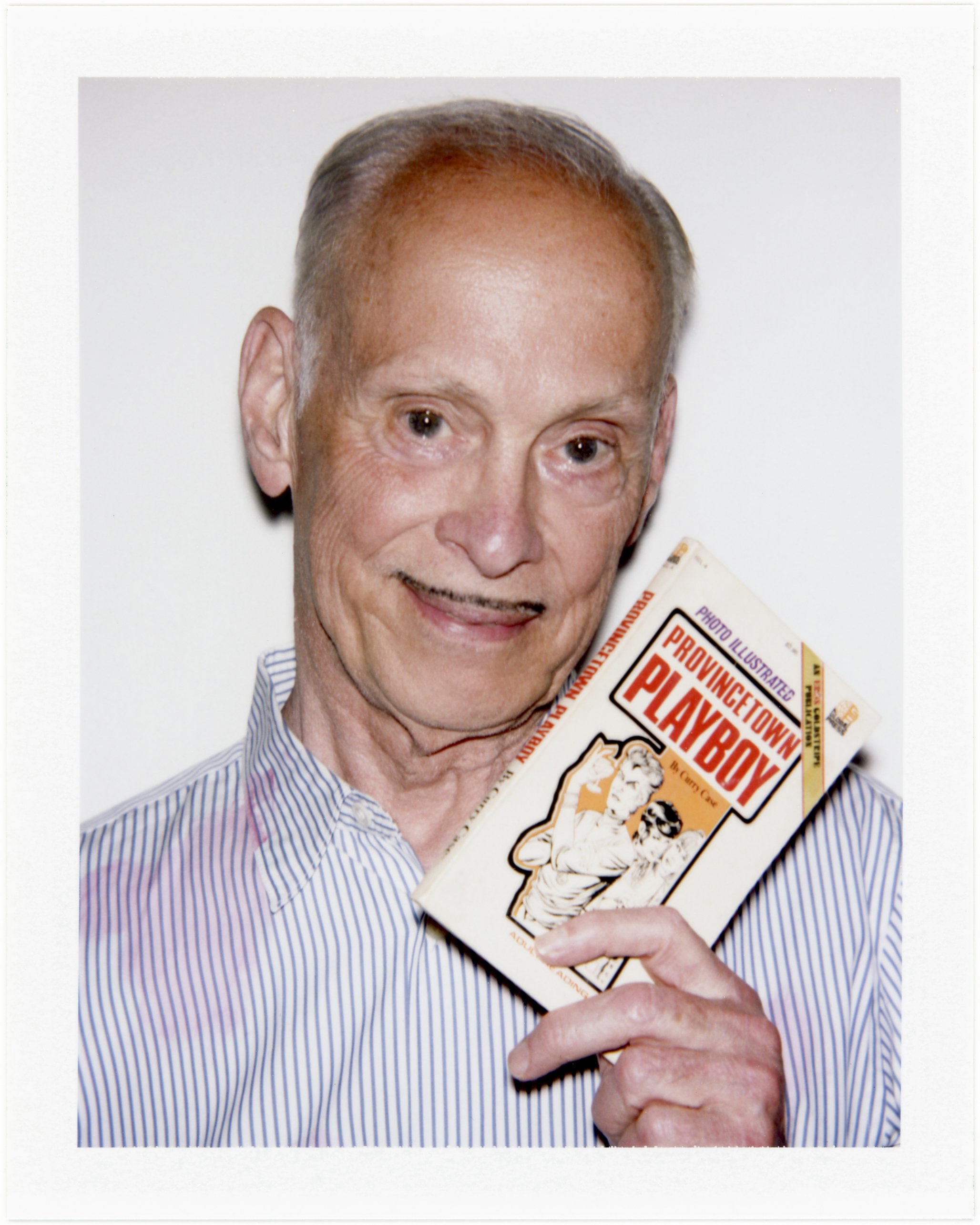
Provincetown Playboy/Mr. Waters

Eileen 2024
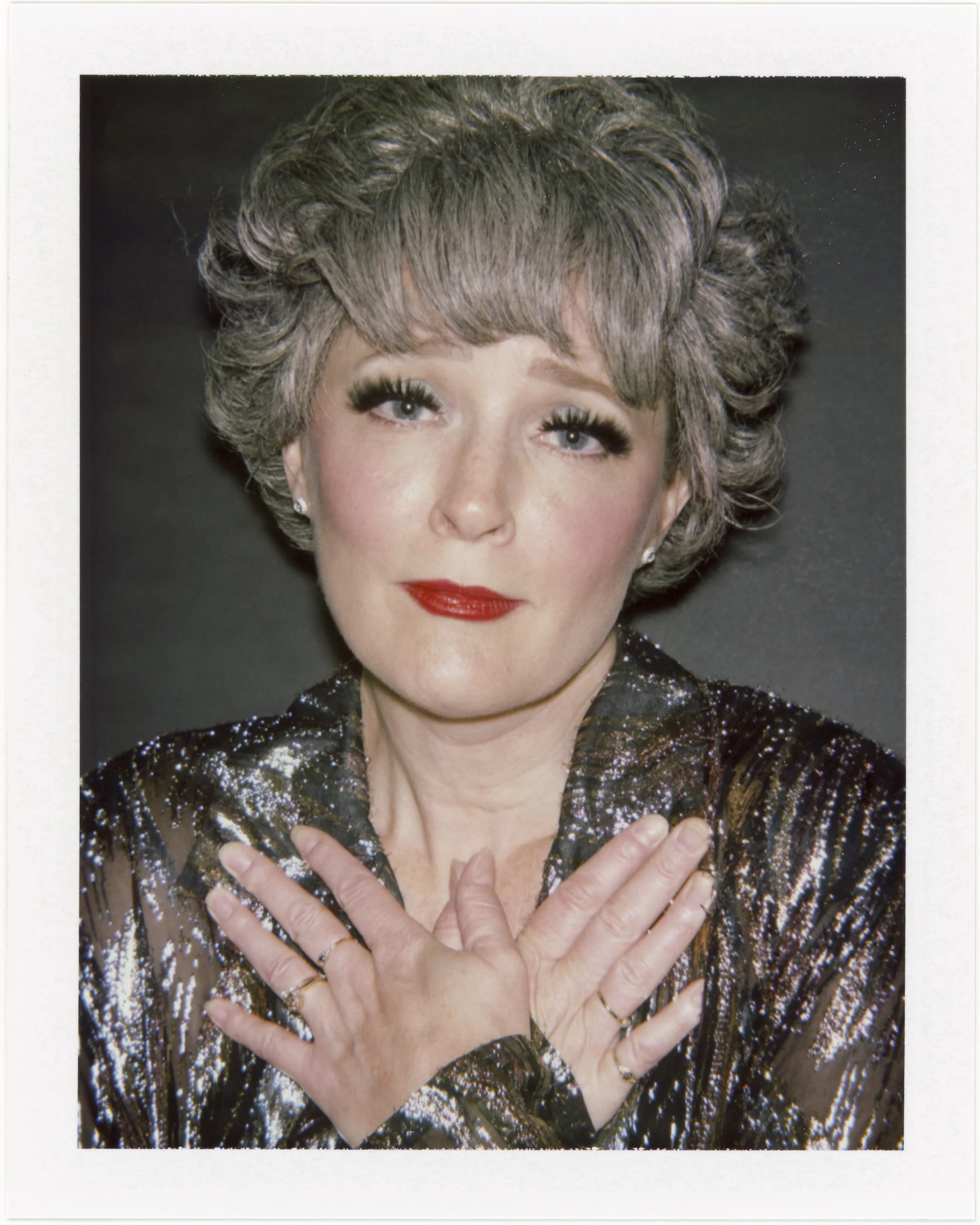
Broadway Barbara 2025
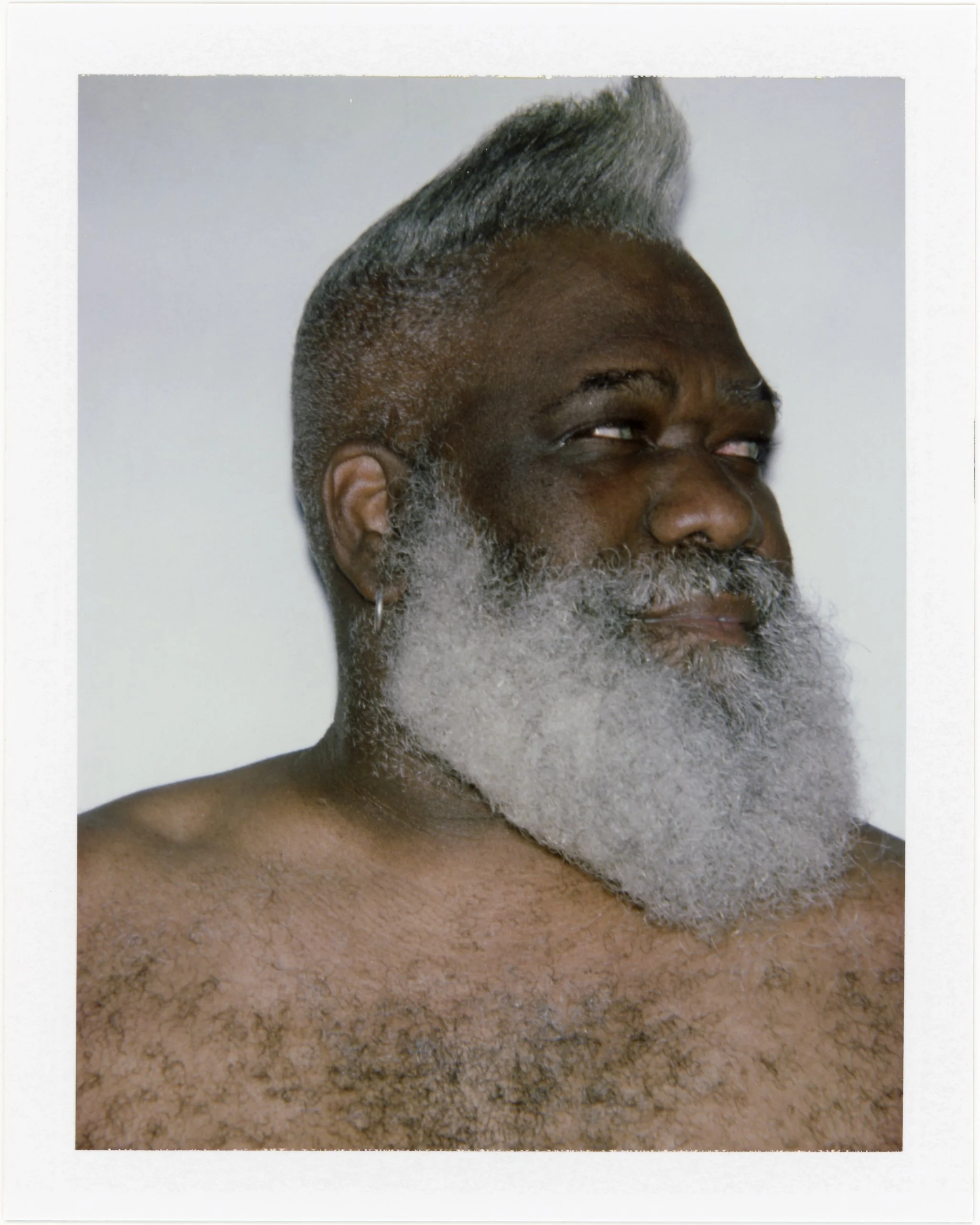
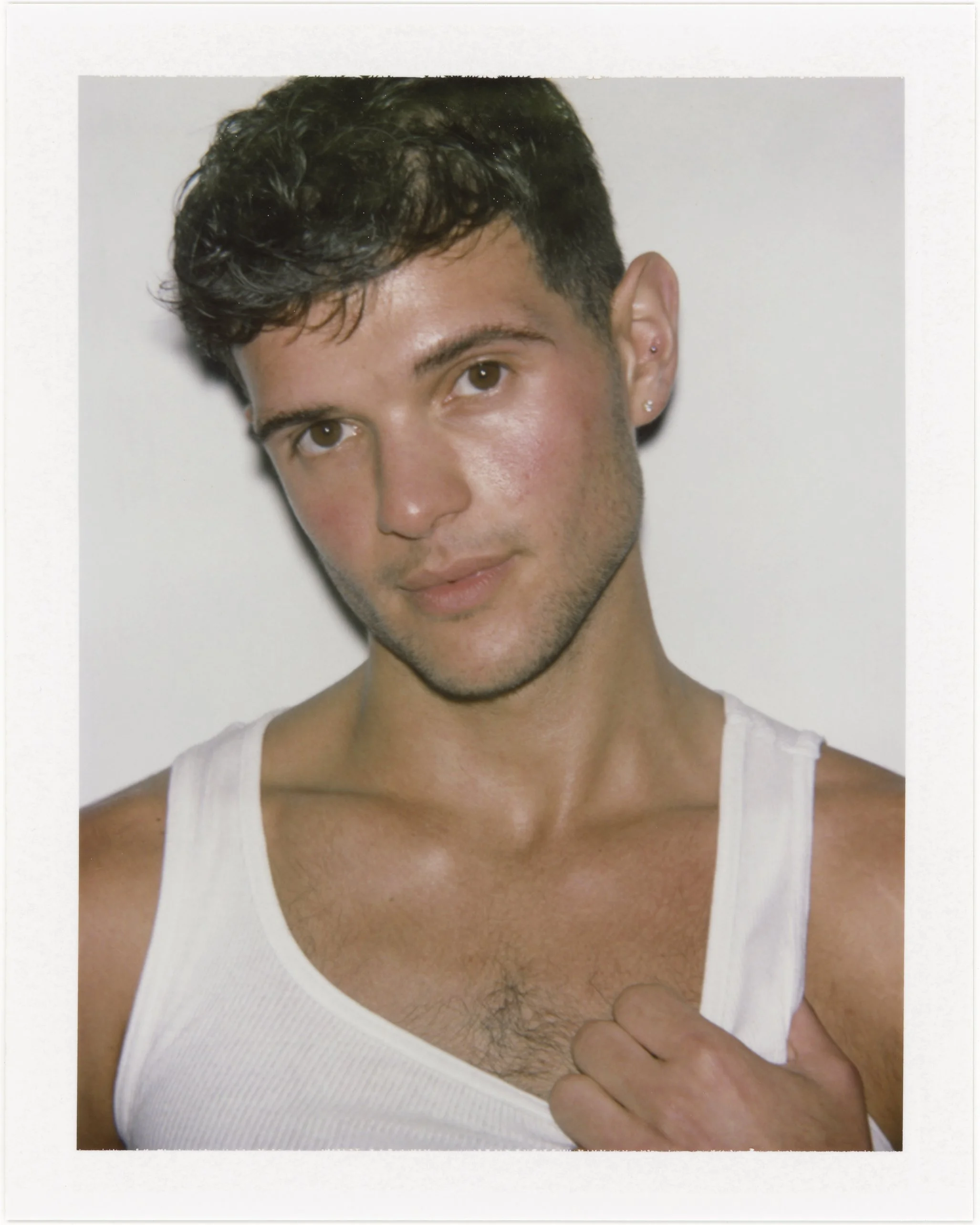
Ned 2025
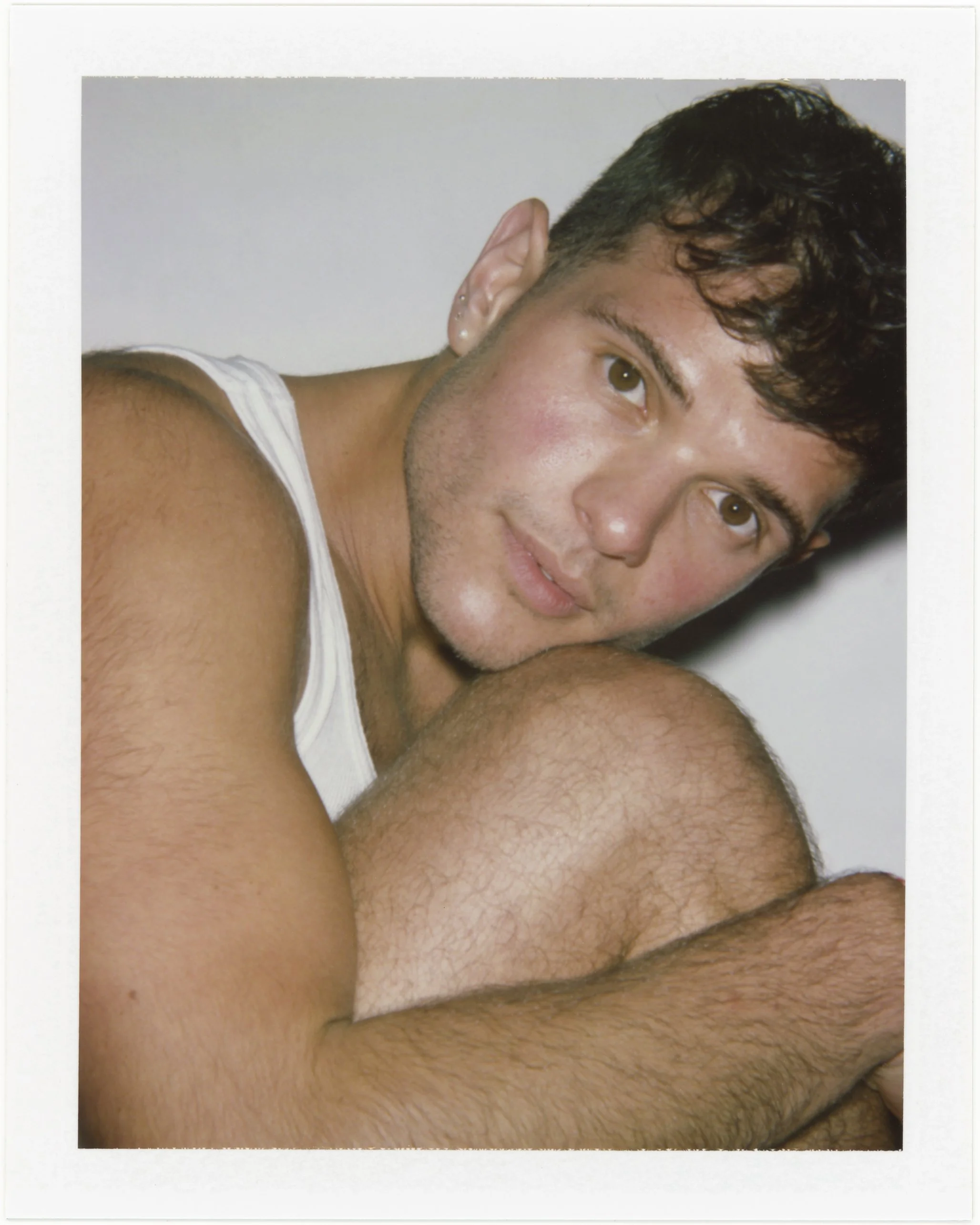
Ned II
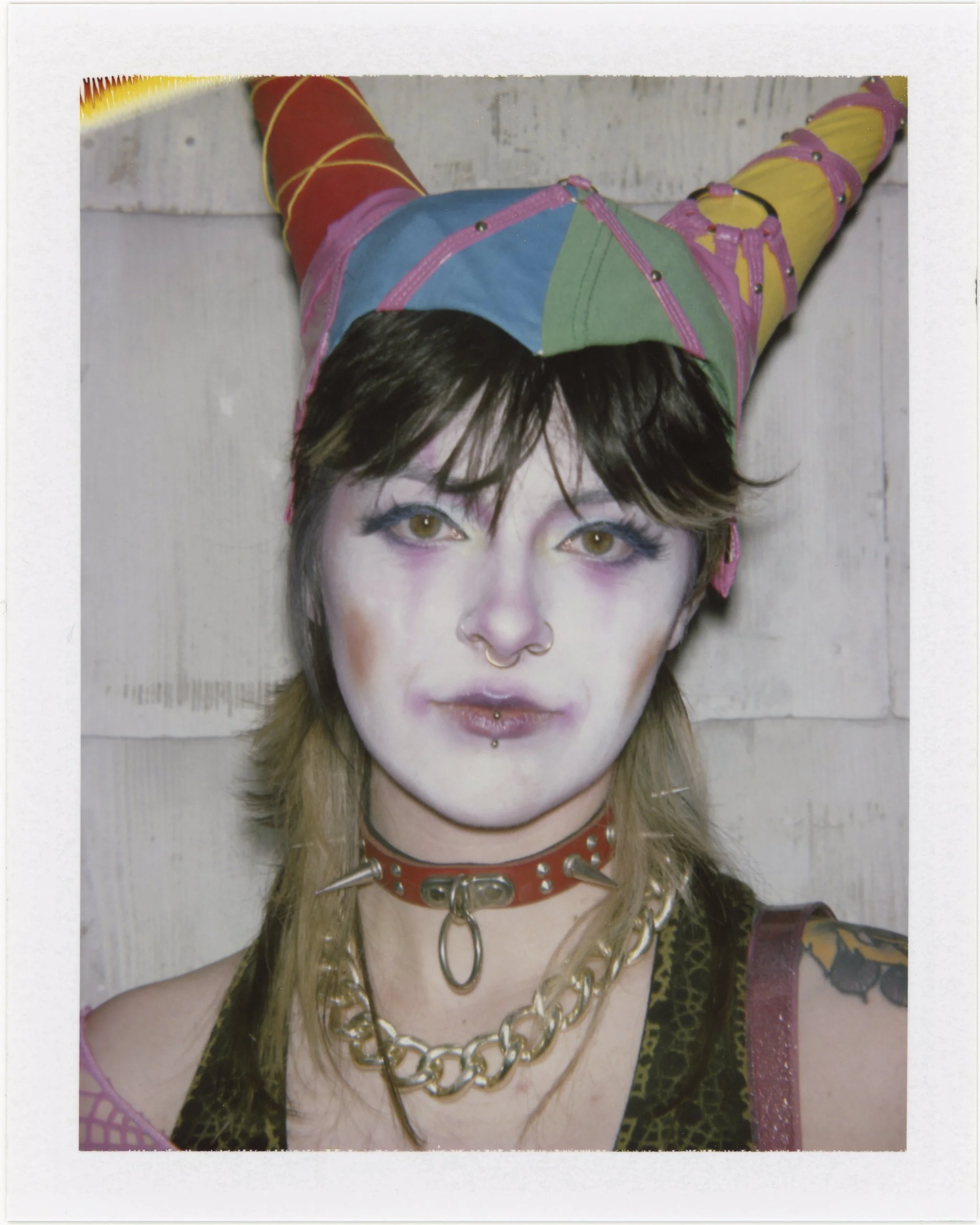
Carnival 2025

Jon 2025

Hogan 2025
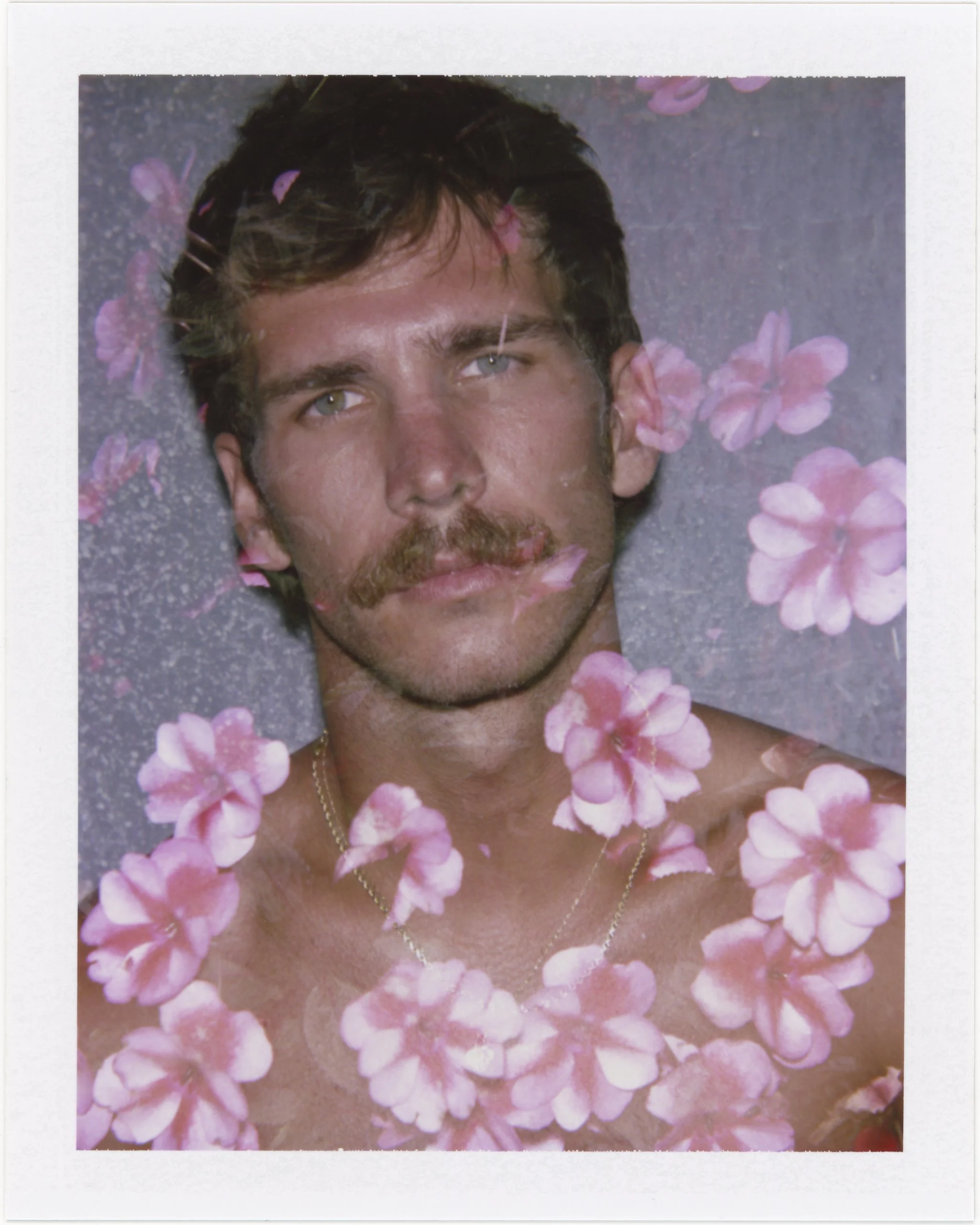
Jeffrey 2025
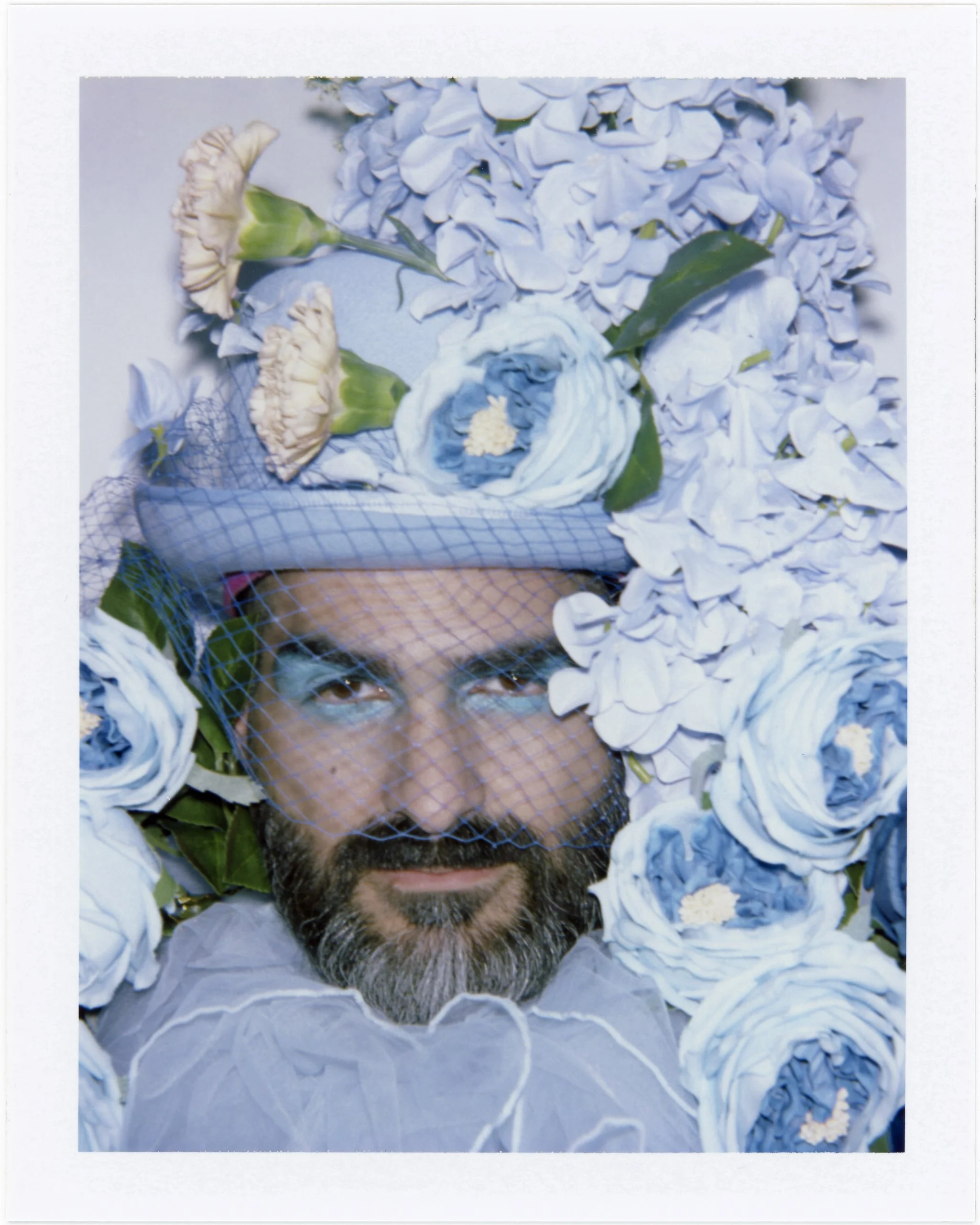
Q 2025

Landy as Zombie 2025
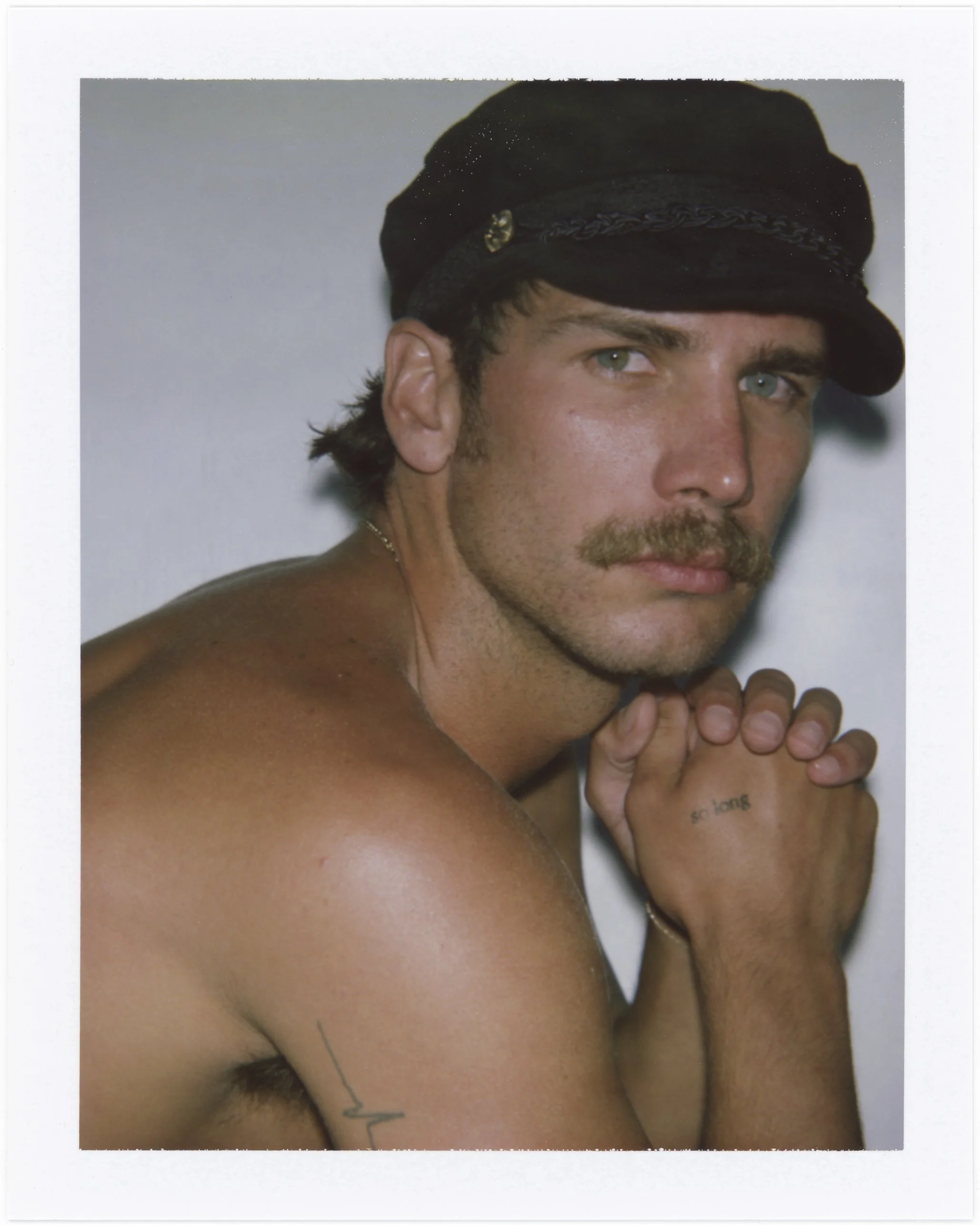
Jeffrey 2025

Arabella the Goddess 2025
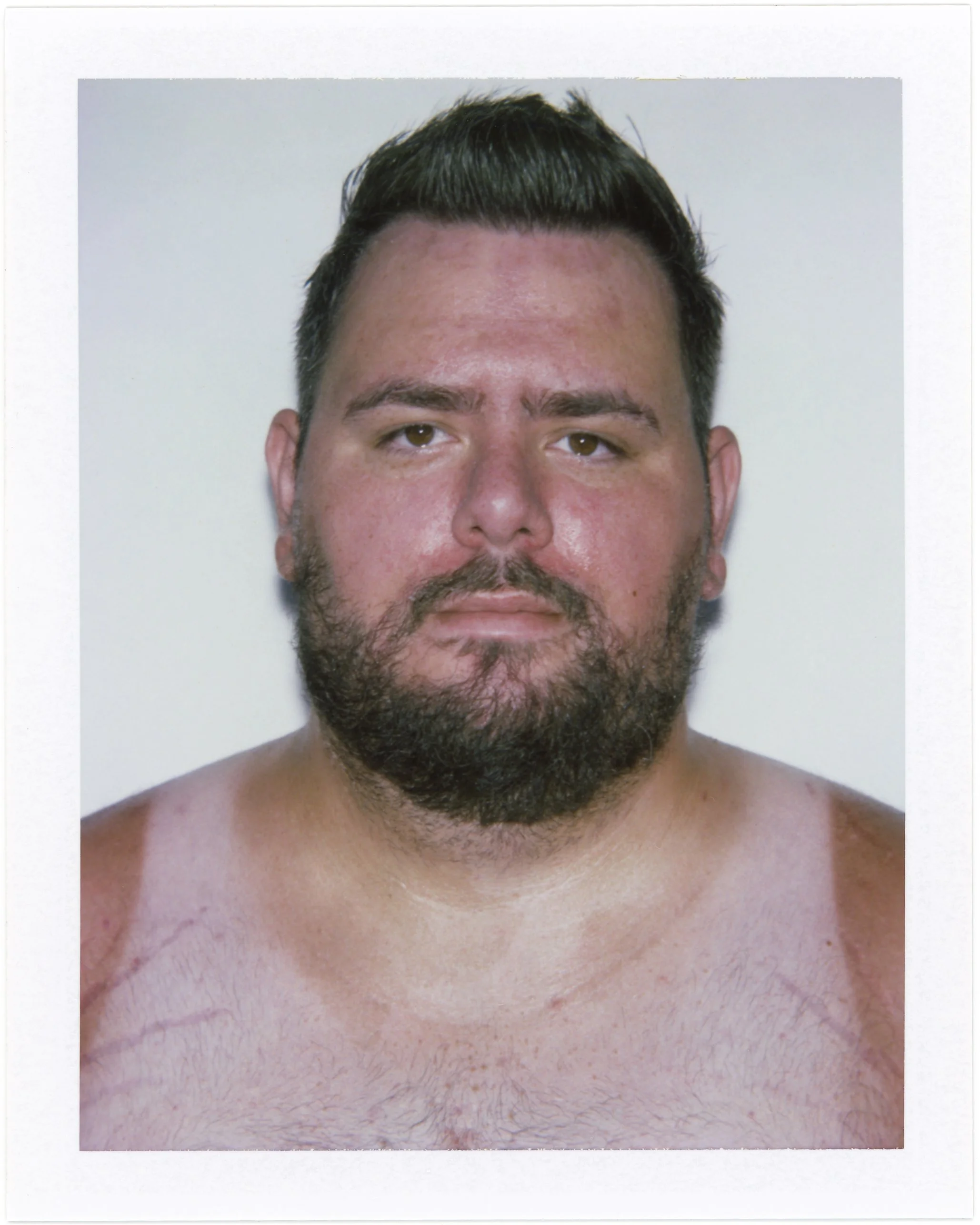
Burned 2025
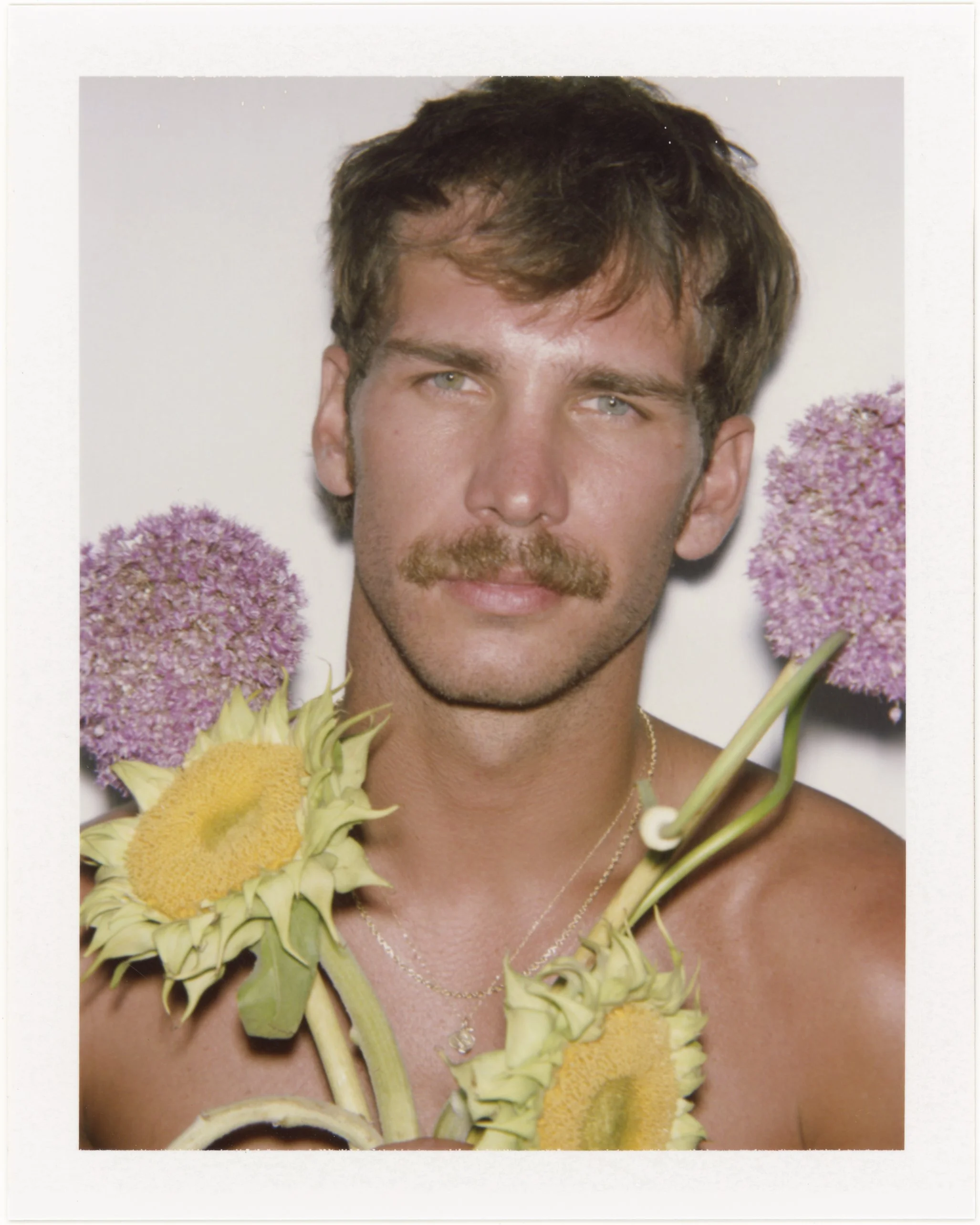
Jeff 2025
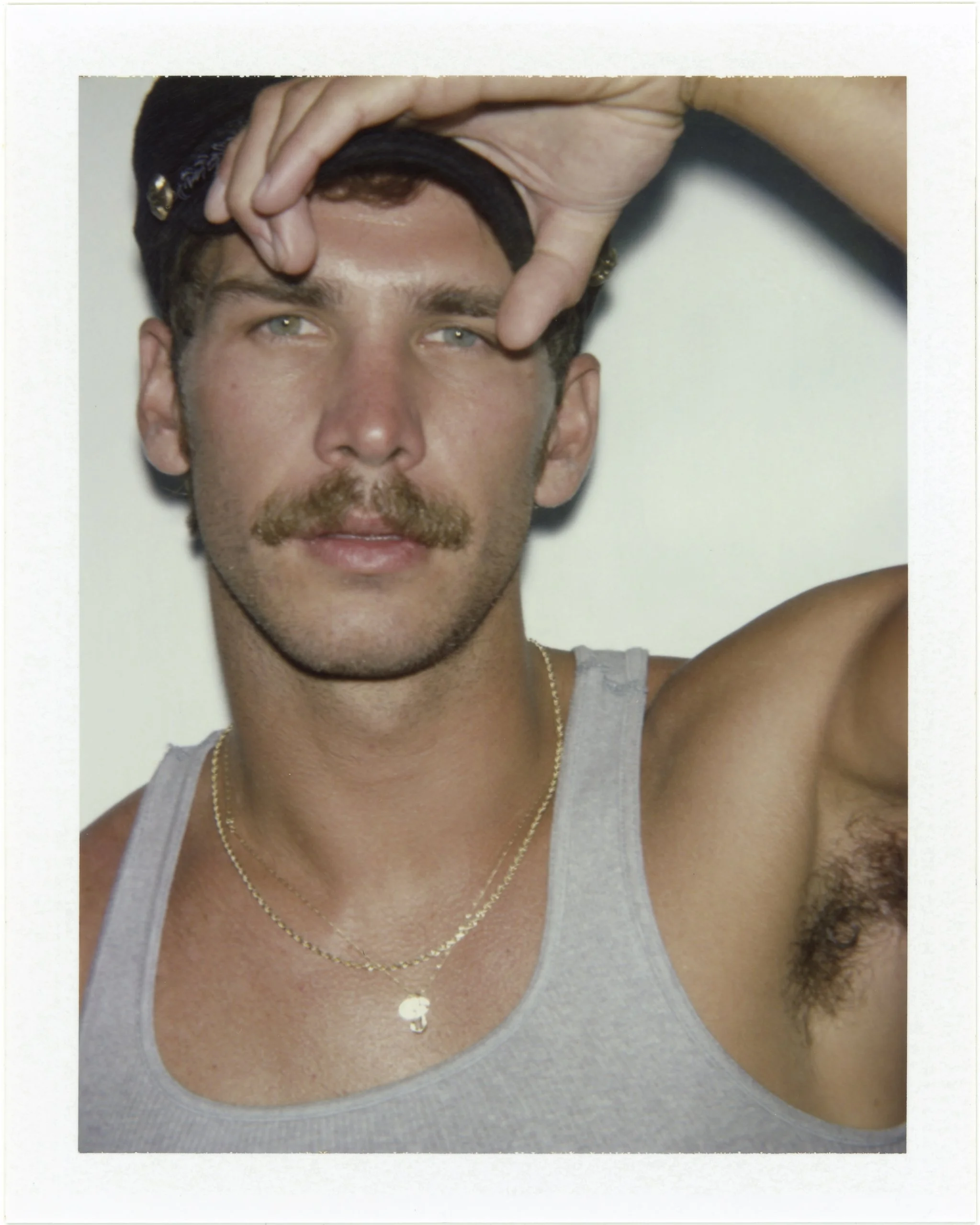
Jeff 2025

Stinkerbell 2025

Nina West 2025
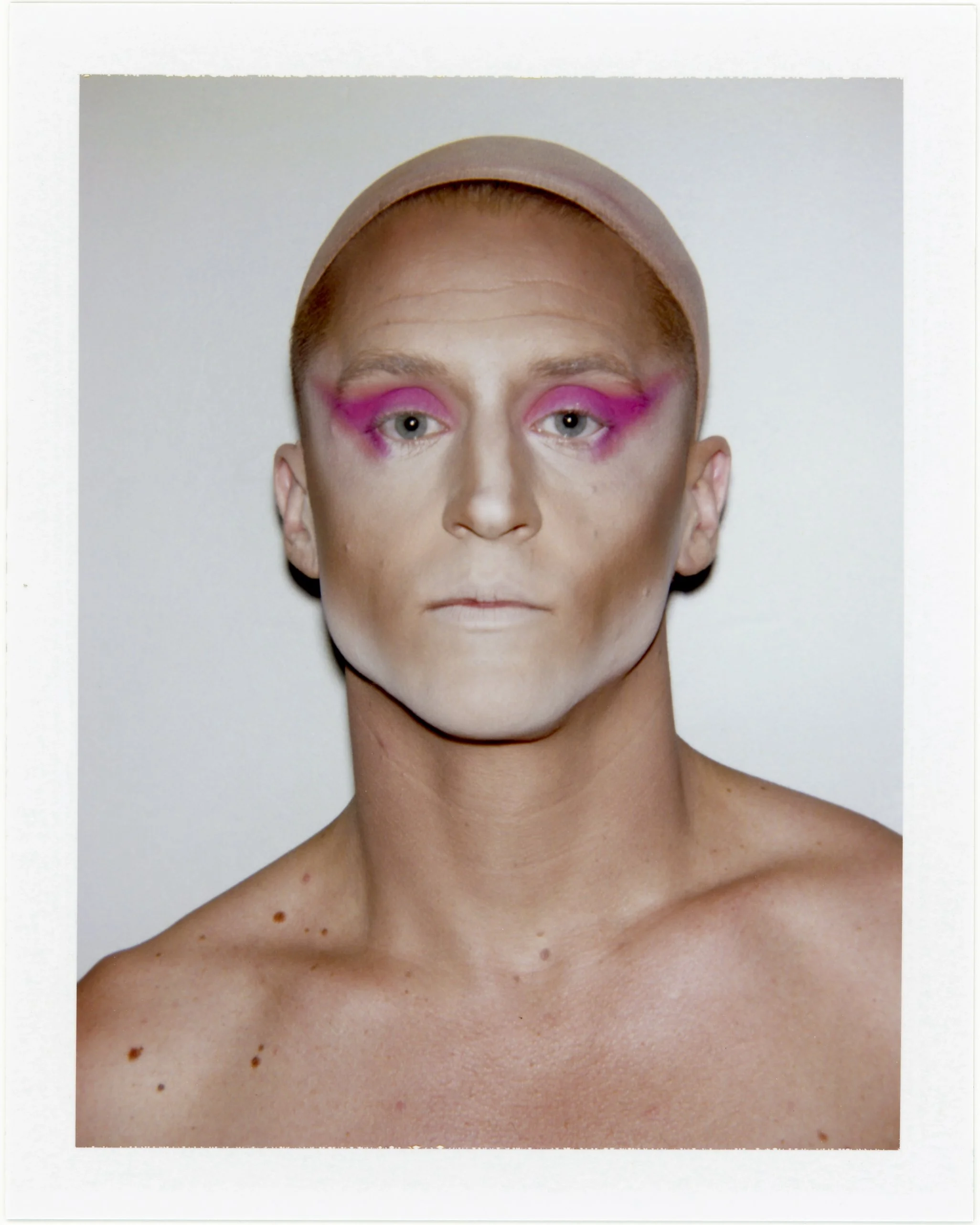
Mackenzie 2025
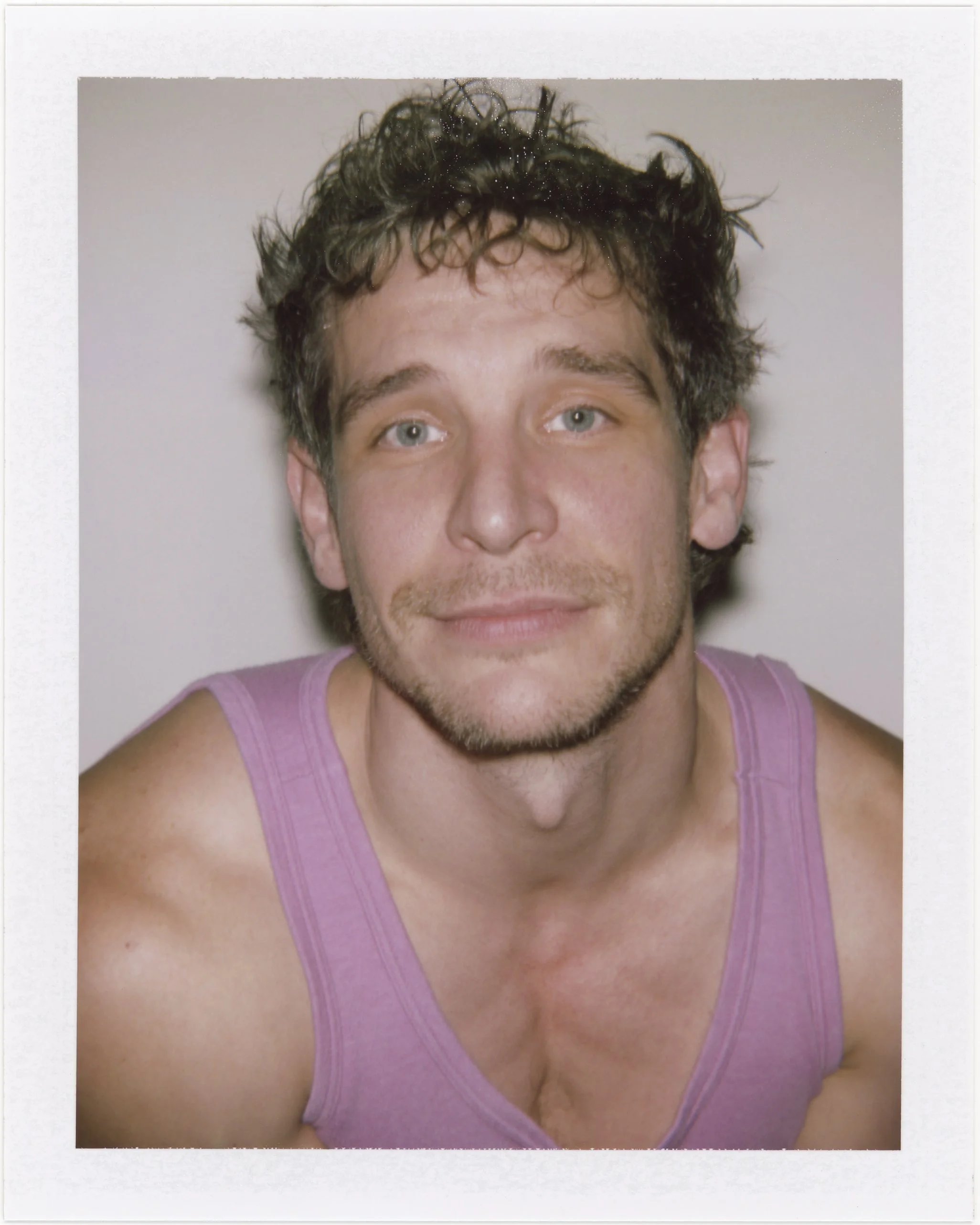
Jeff 2025

Joe as Howdy 2025
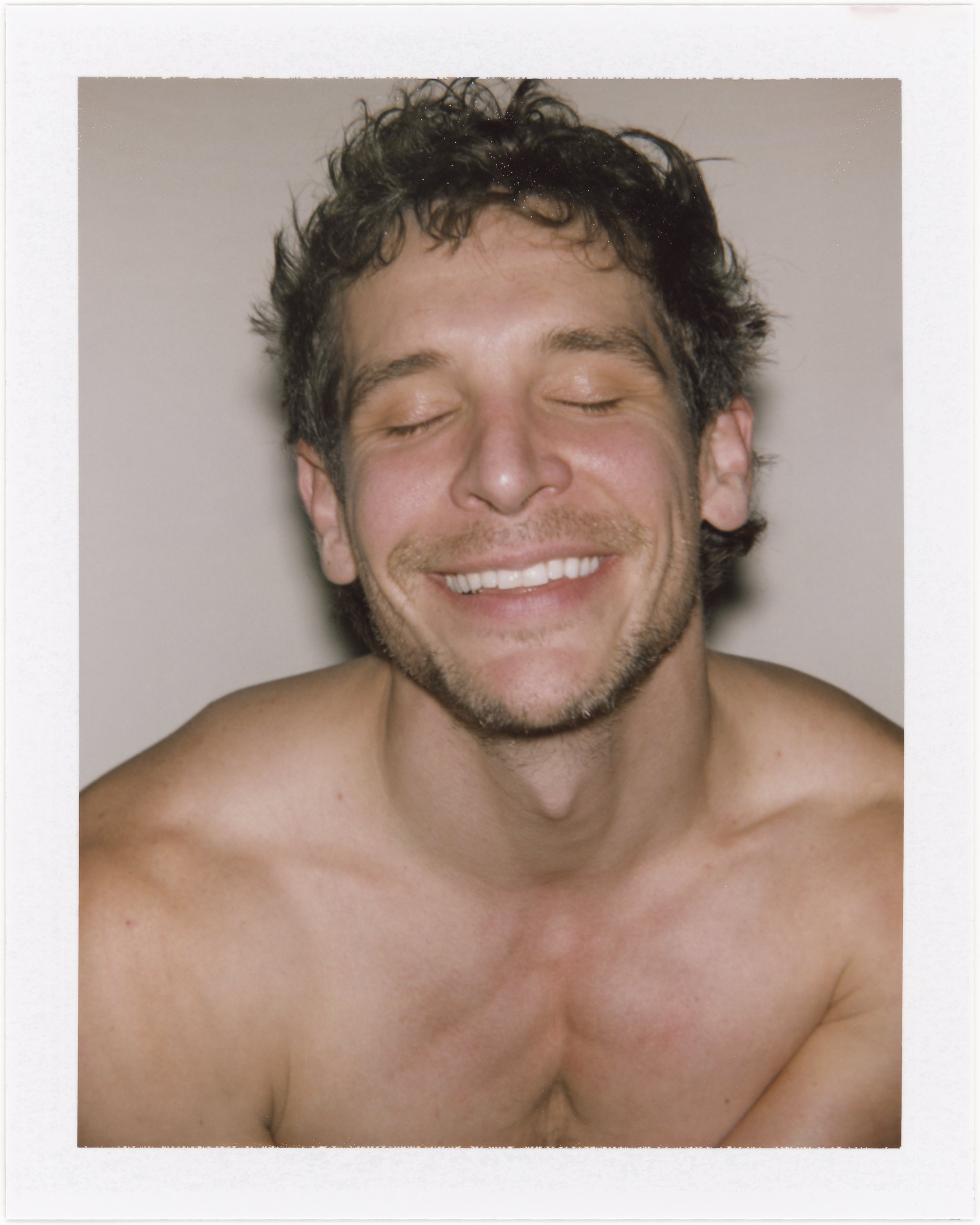
Joy 2025

Pride 2019
Wild West of the East
In August of 1960, Norman Mailer drove from his summer home in Provincetown, Massachusetts to the summer home of Senator John Kennedy in Hyannis. Jacqueline Kennedy asked Mailer what Provincetown was like. “It’s the Wild West of the East,” he replied. Mailer also described Provincetown as the last democratic town in America where everyone was absolutely equal. Set on the tip of Cape Cod at the end of the world, surrounded by water on three sides and drenched in golden sun, Provincetown is as mutable as the people who walk the streets or the changing seasonal landscape. It’s a heretic’s dream of somewhere with no boundaries. “The Wild West of the East” is a street portrait series that examines the people of Provincetown and their stories, all taken in real time in public.
From an empty space where the Pilgrims first landed, to a Portuguese fishing village, to an artist’s colony and now a LGBTQ+ community Provincetown has always been a transformative space. This tradition of acceptance lies deep. To many, it is a found Neverland where the concept of “play” is encouraged, and the confines of society are stripped away. Anthony Bourdain, who famously got his start as a dishwasher in Provincetown, described it as “a wonderland of tolerance, [with a] longtime tradition of accepting artists, writers, the badly behaved, the gay, the different. It was paradise.” For many, the conscious self is taken away with the tide. This sense of freedom is palpable. It is creative, sexual and exploratory. As one states, “I’ve painted my face 100 different ways walking into town and I’ve finally found a place where freaks like me are supposed to be.”
Still famous for its people-watching, Commercial Street serves as a thoroughfare where drag queens bark, parades crawl, leather men strut, and creatively dressed (or barely dressed at all) are in transit. Historically, among those might be writers, Tennessee Williams, Eugene O’Neill and Mailer himself or artists such Mark Rothko, Franz Kline, and even Keith Haring or Andy Warhol. Quickly fooled by trinket shops and tourist traps, Provincetown if often criticized as having lost is Bohemian feel or seedy charm. A night out on the town, when the sun goes down and the sea is out of sight, reveals that this is not lost and it is the people who make Provincetown what it is, not the place itself. As a newcomer states “it is a site of connecting to a greater queer history – learning about the wonderful traditions and rituals a community built before me. It’s about a place of exploration of identity, making memories with good friends, and contributing to a place that has allowed me to be more fully alive.”